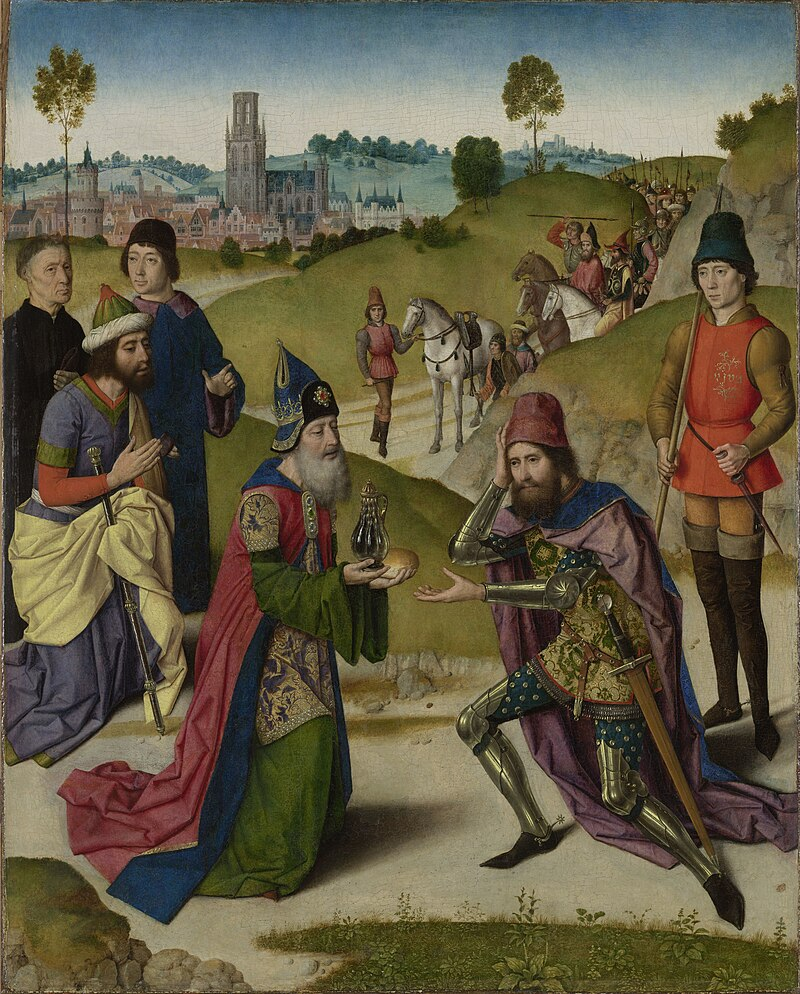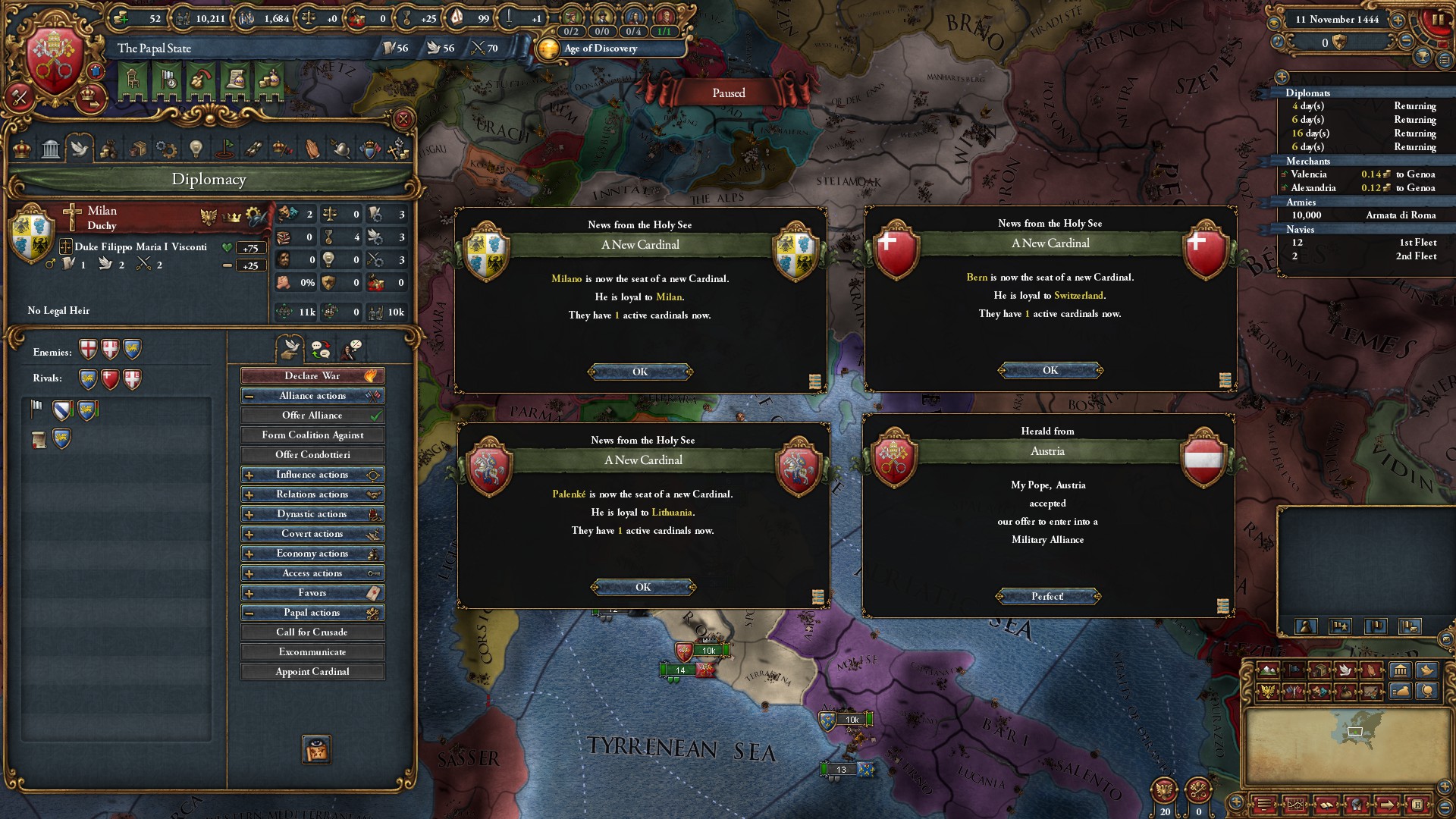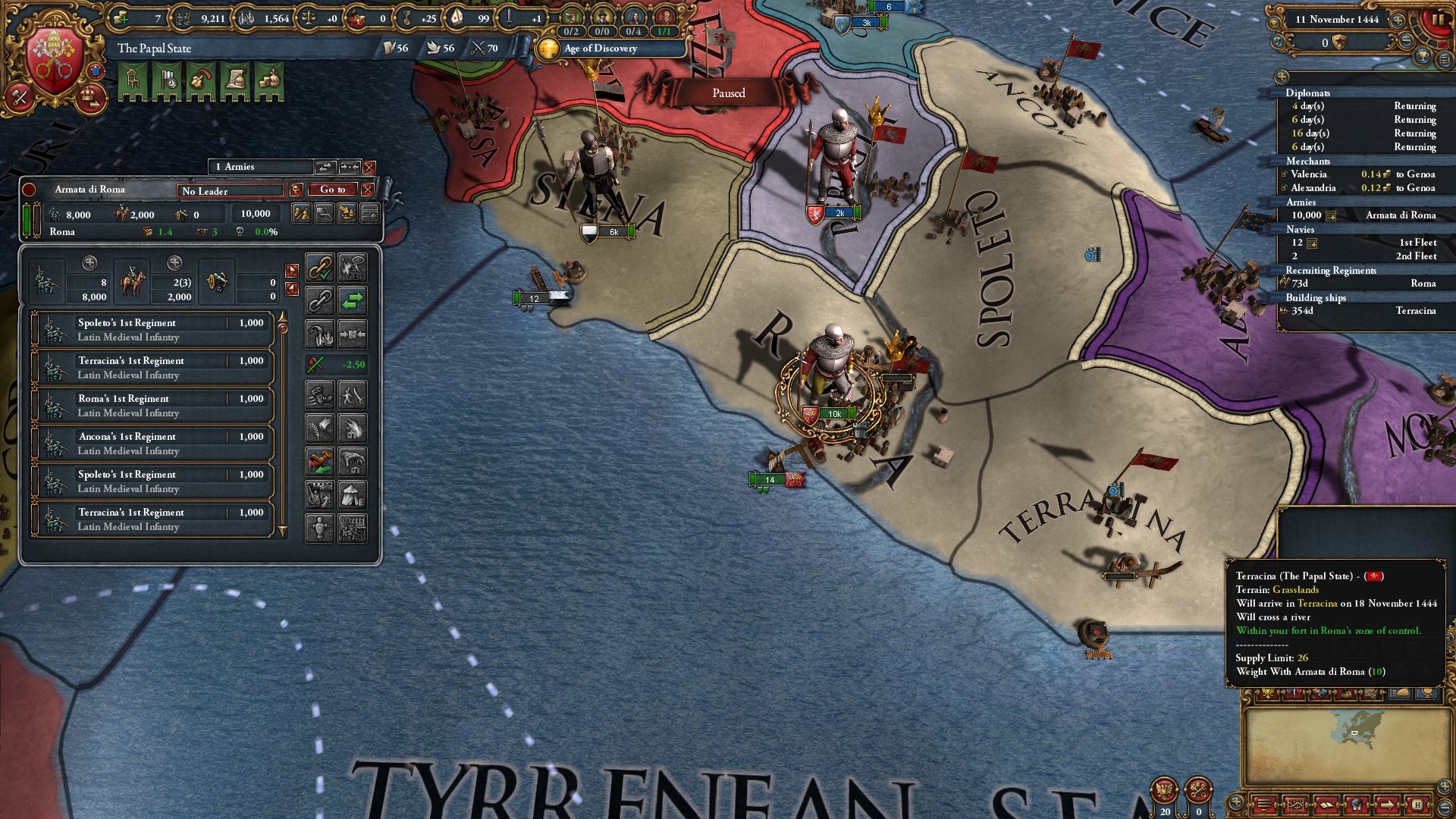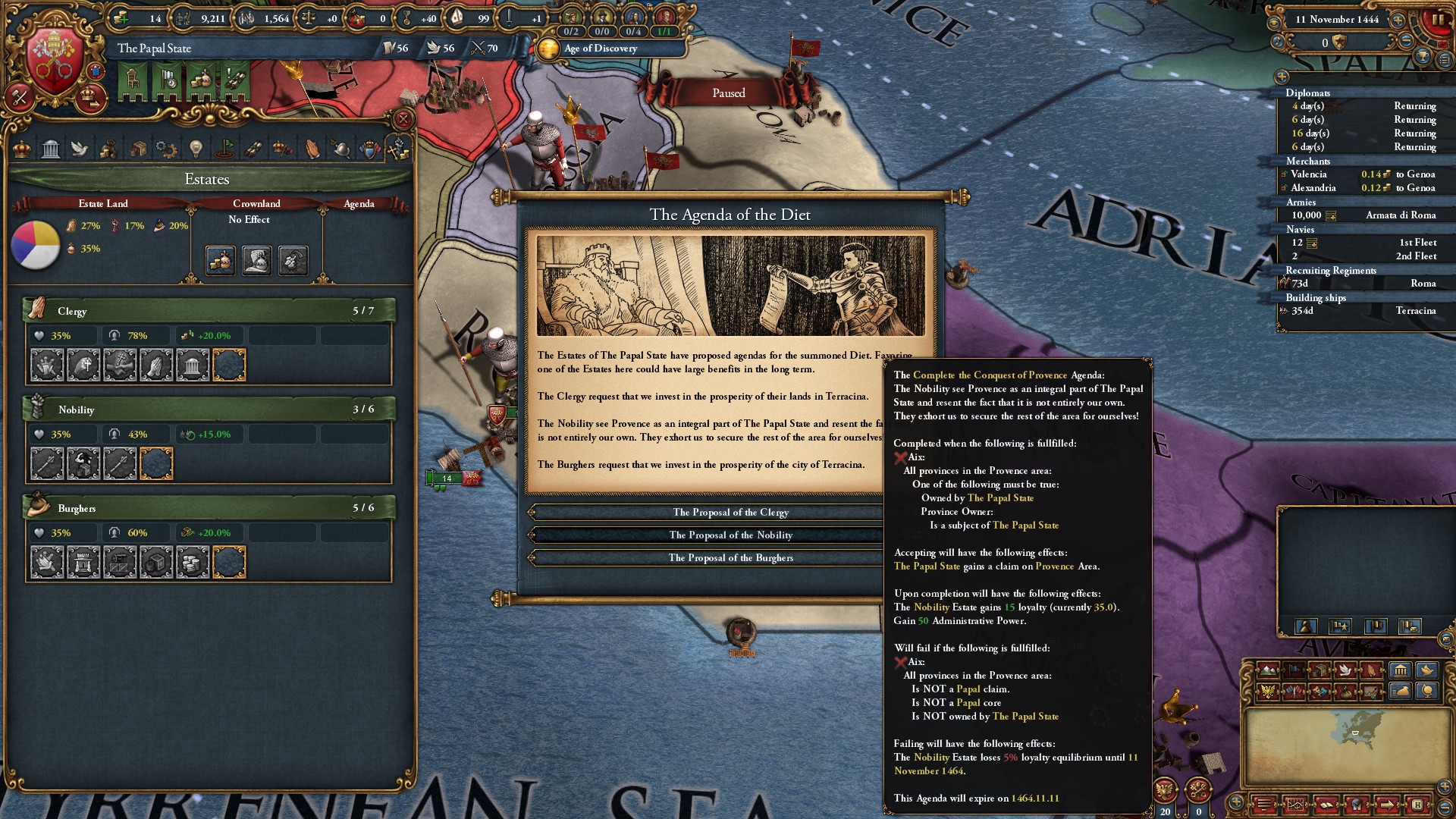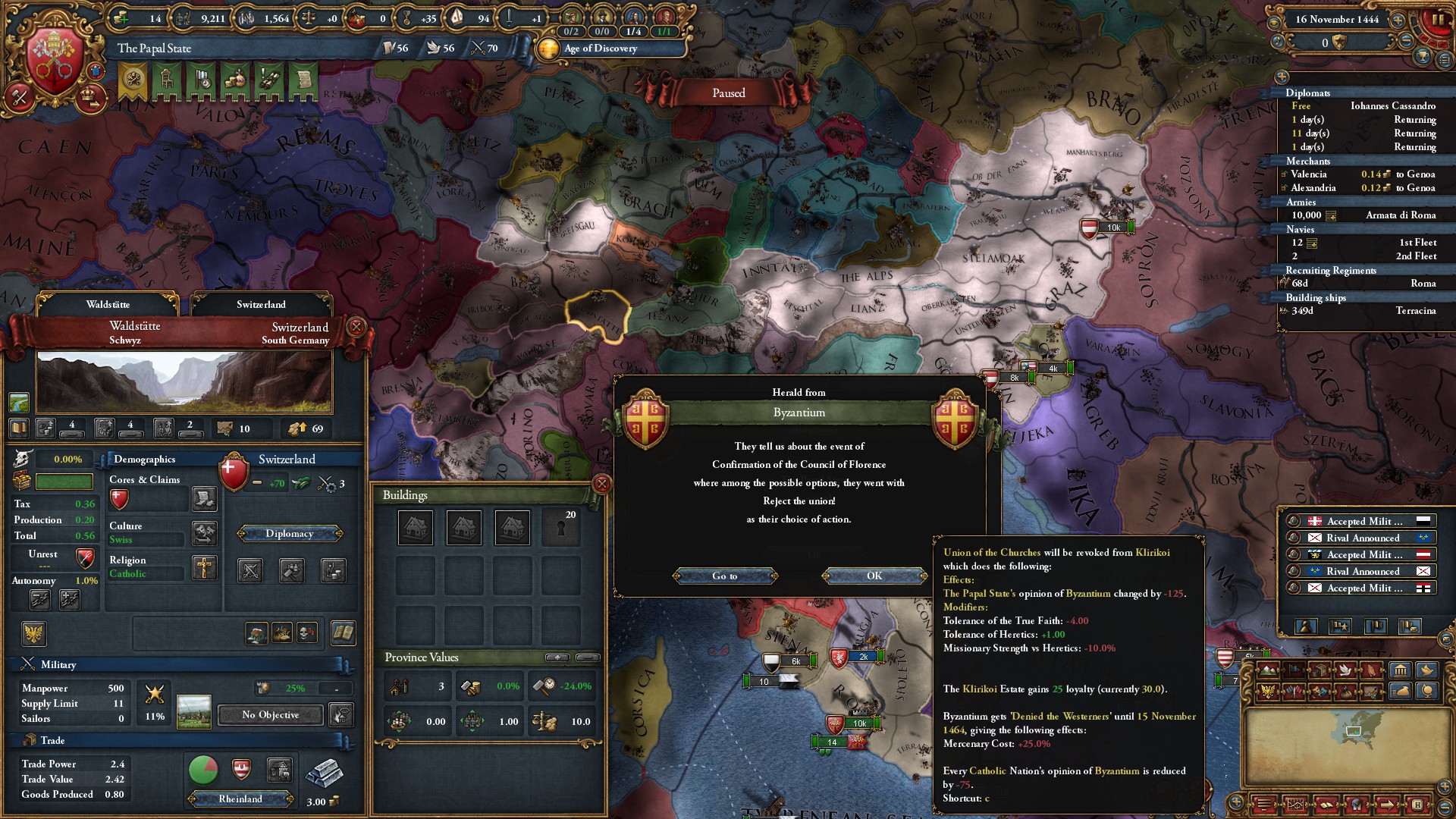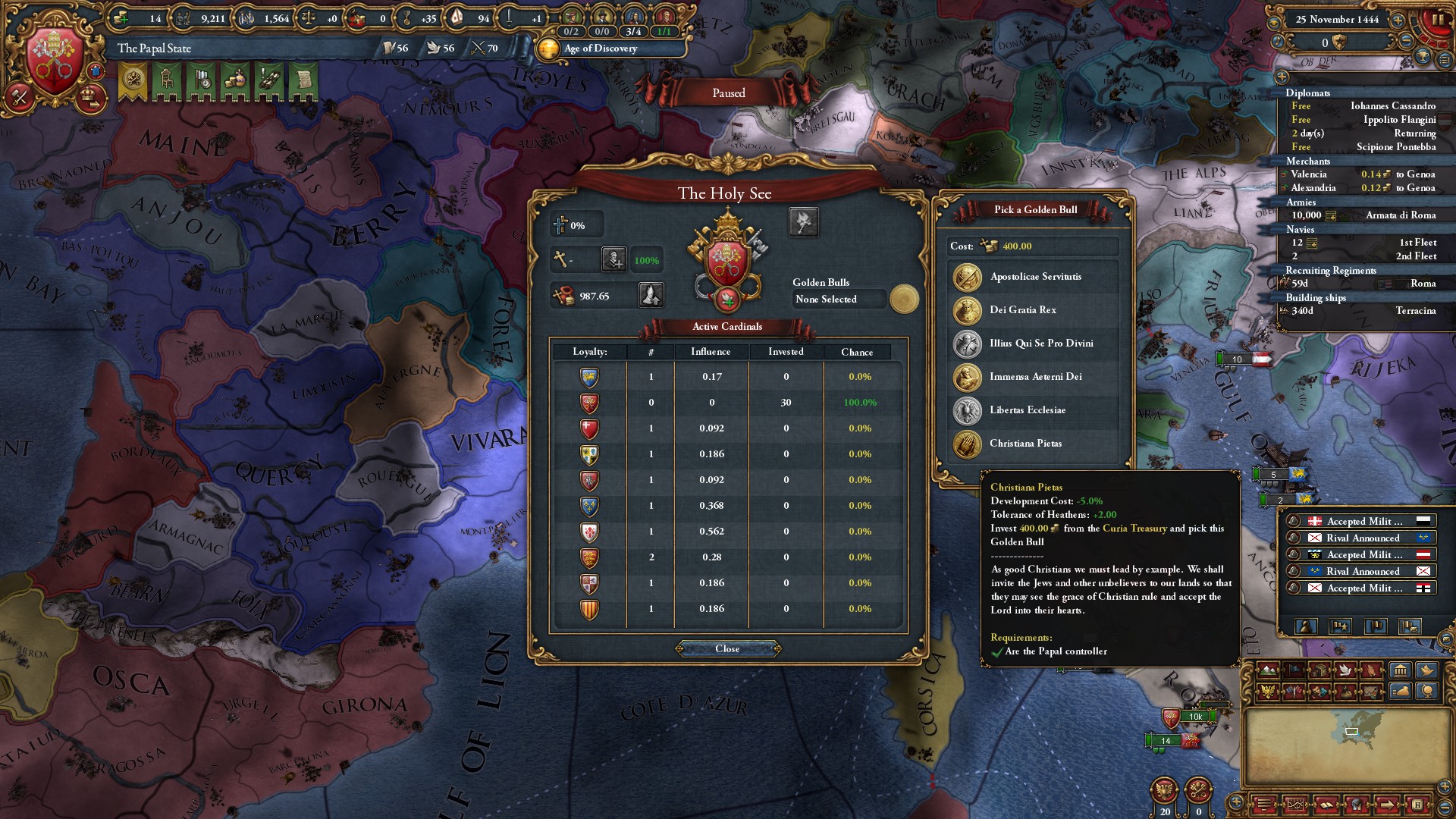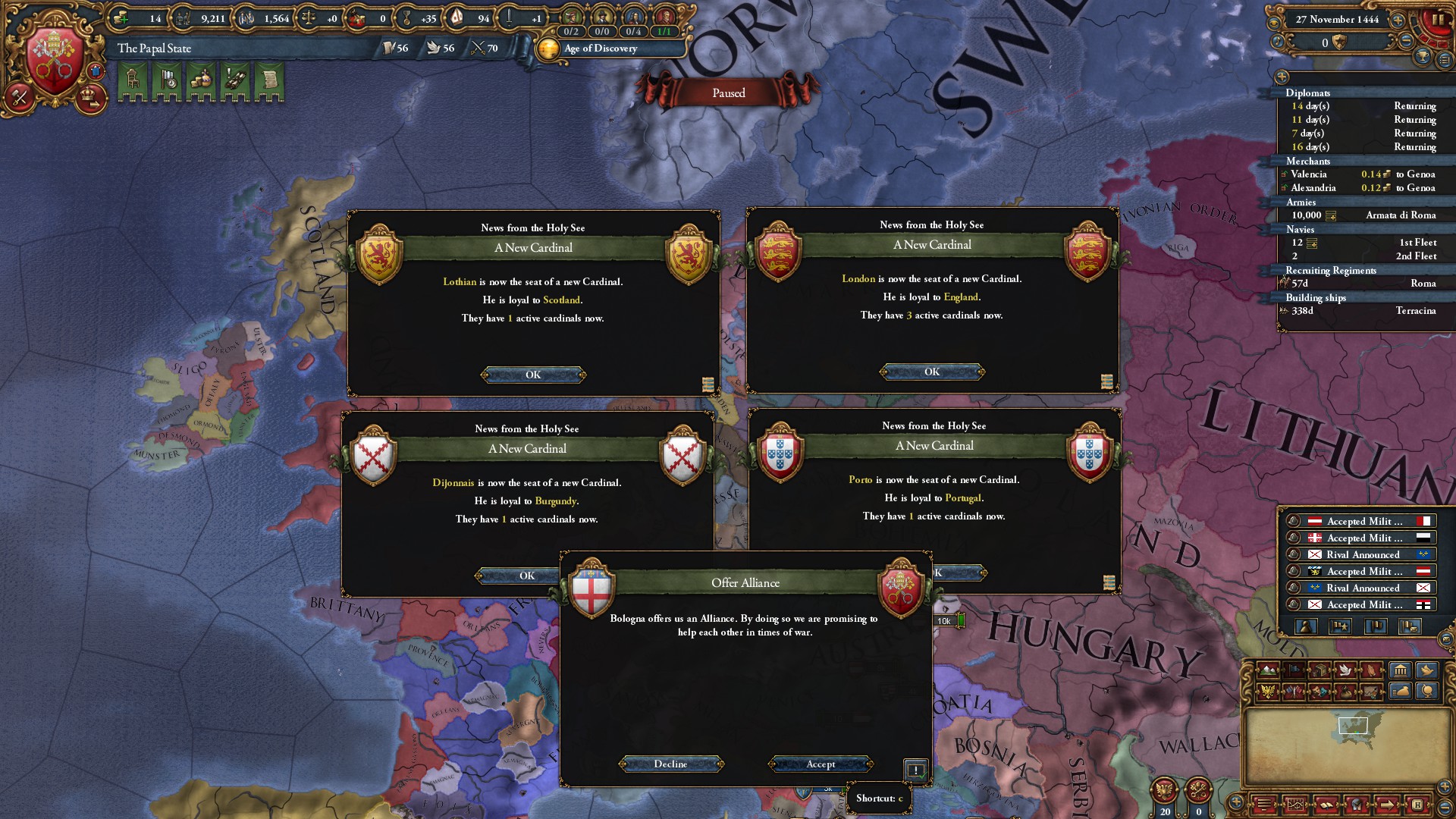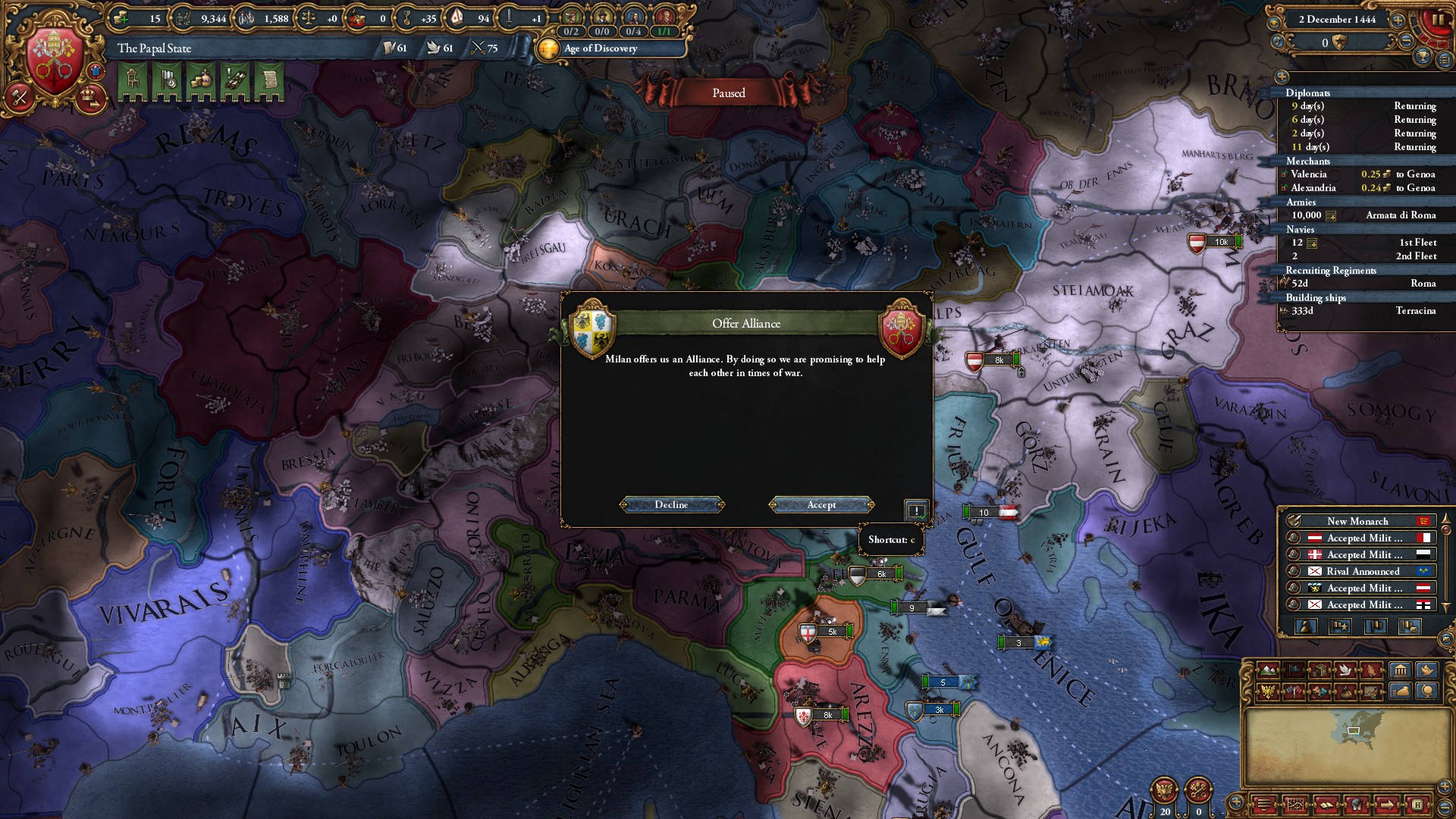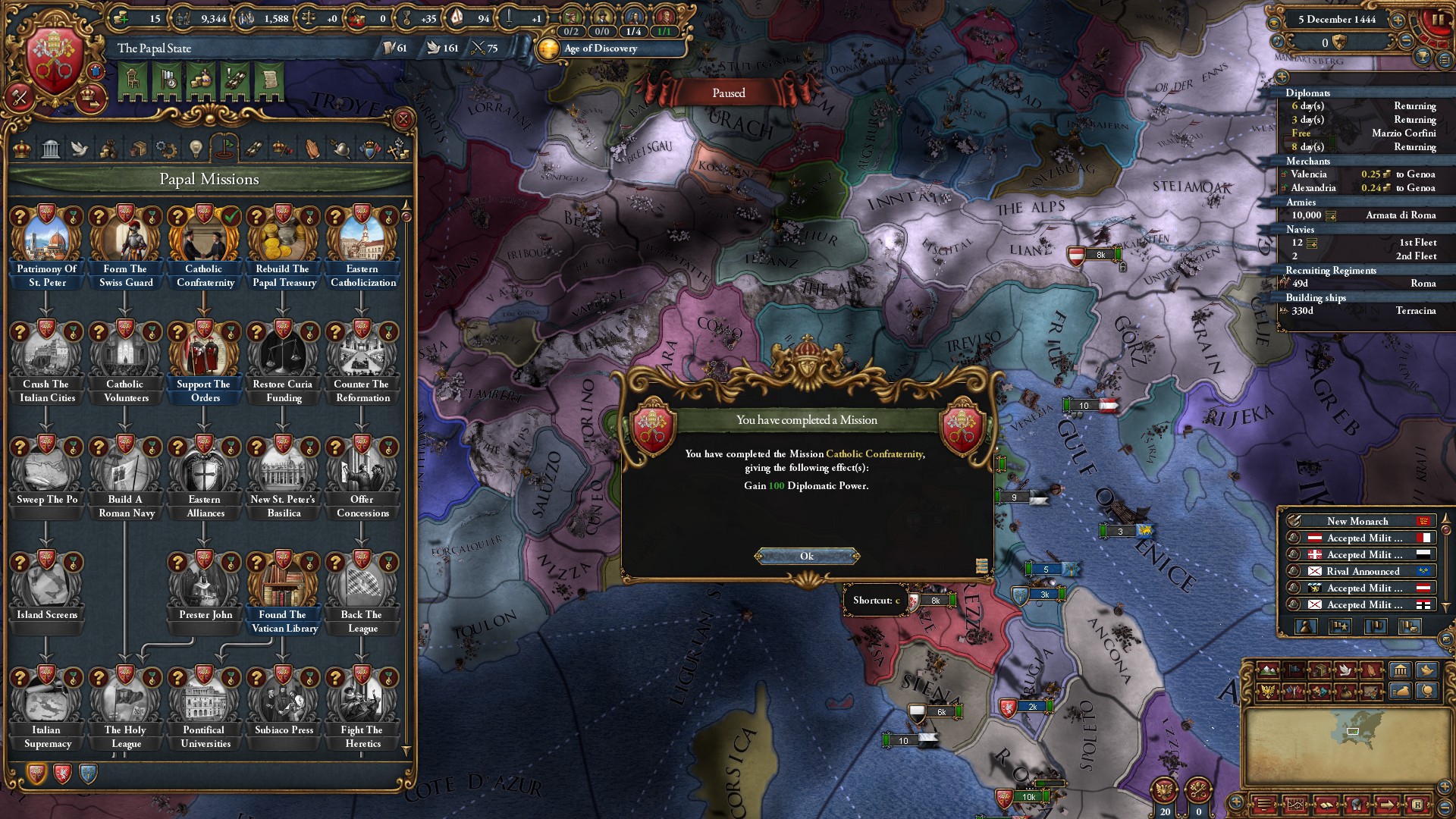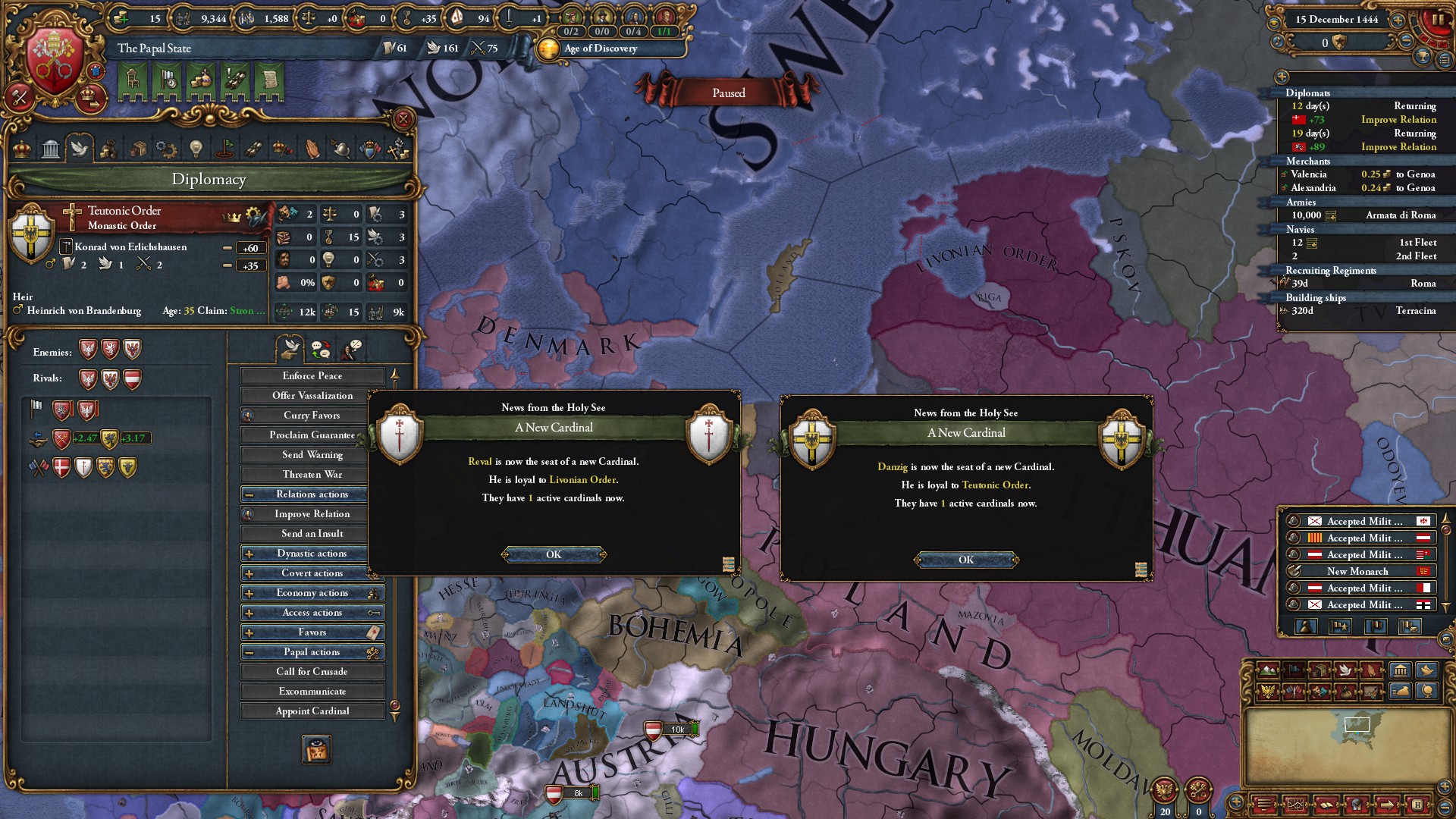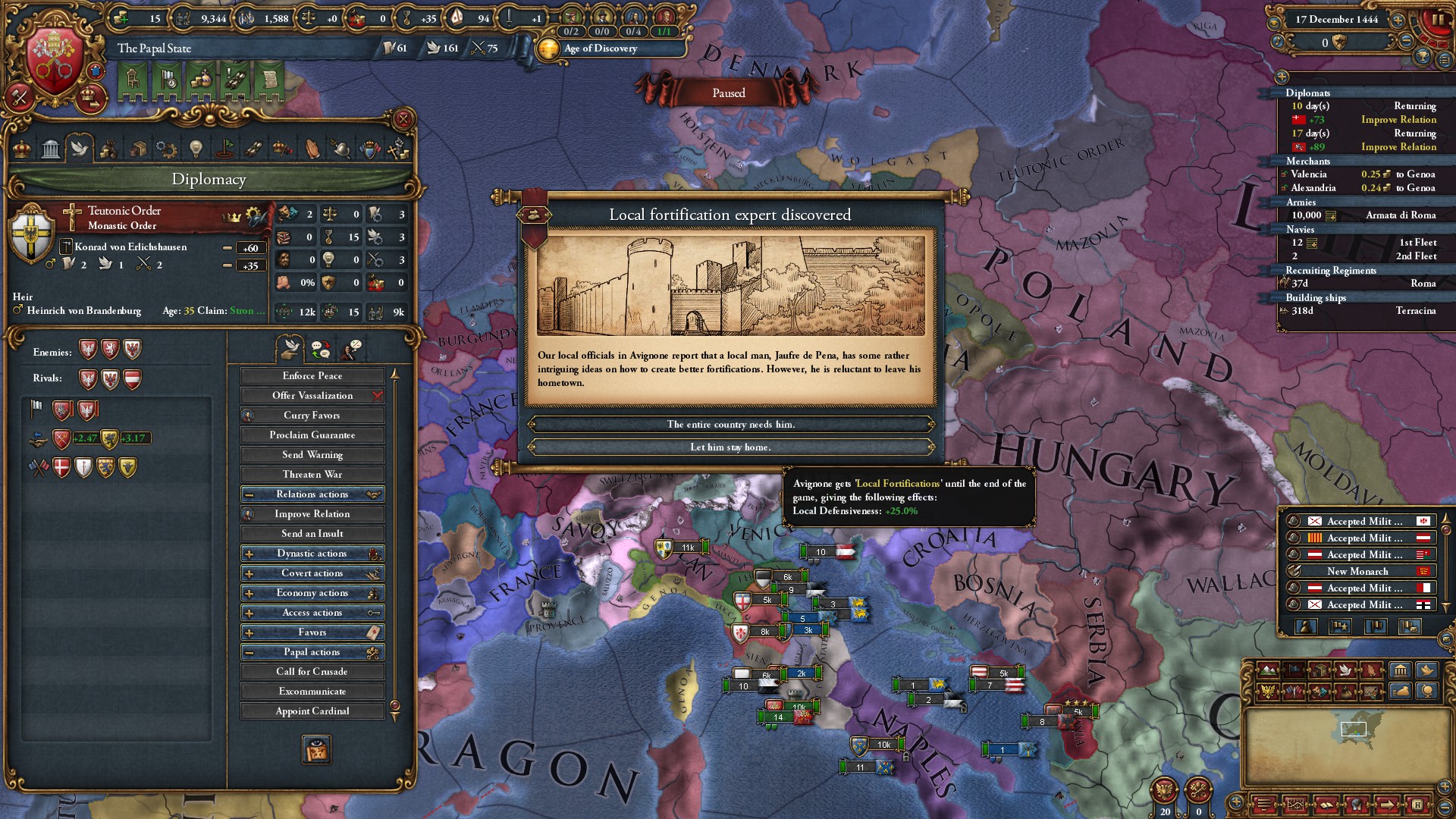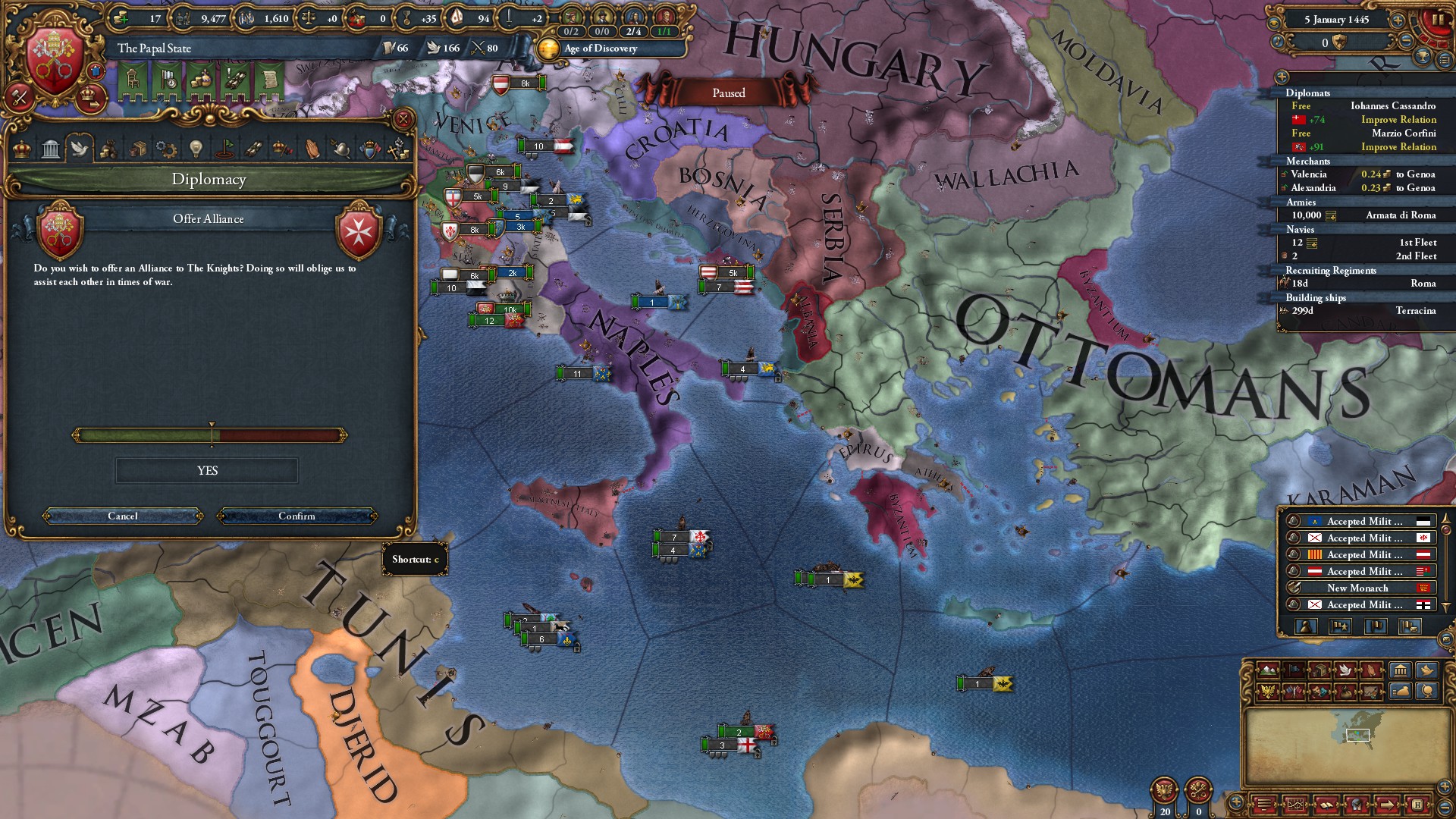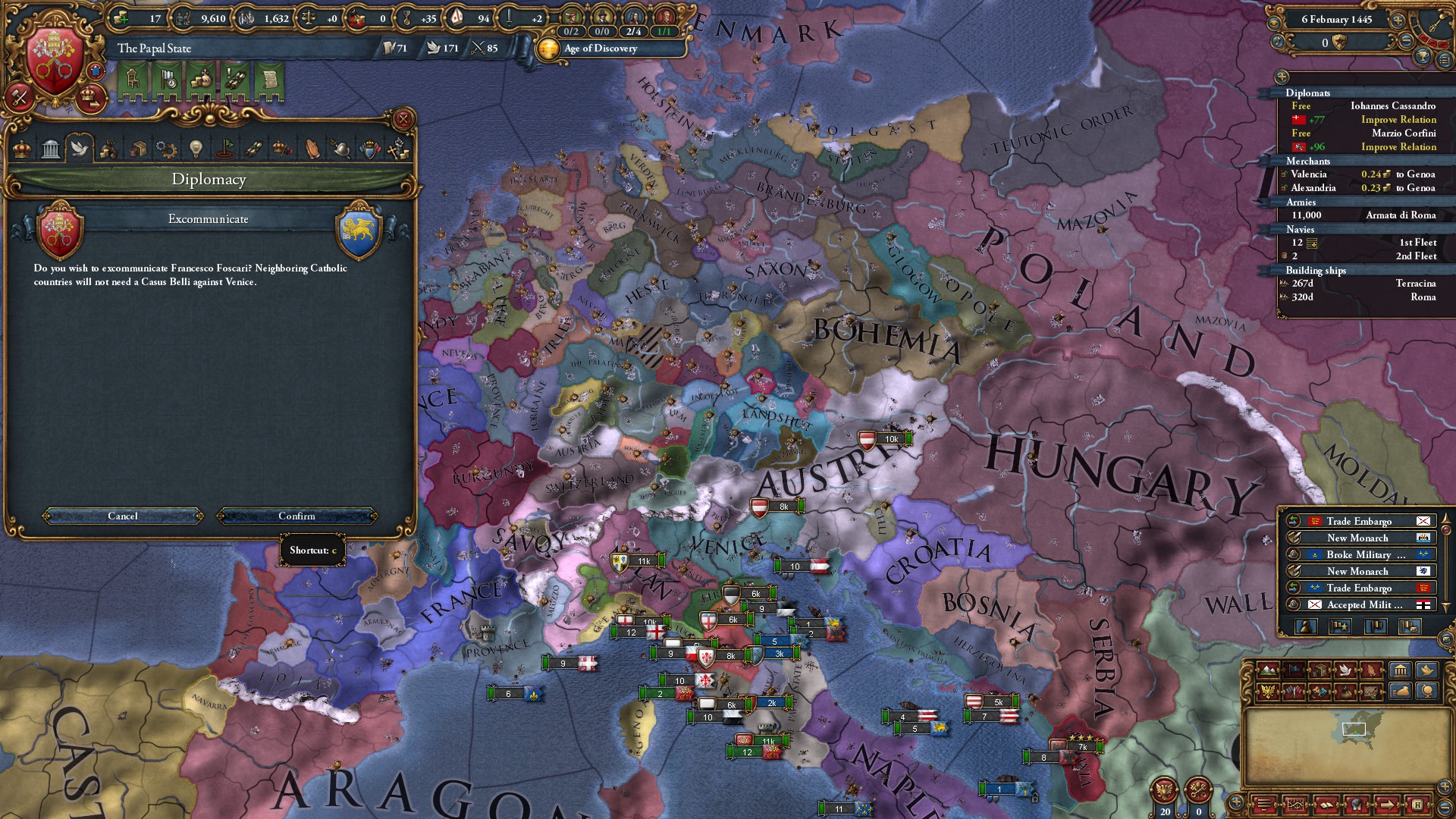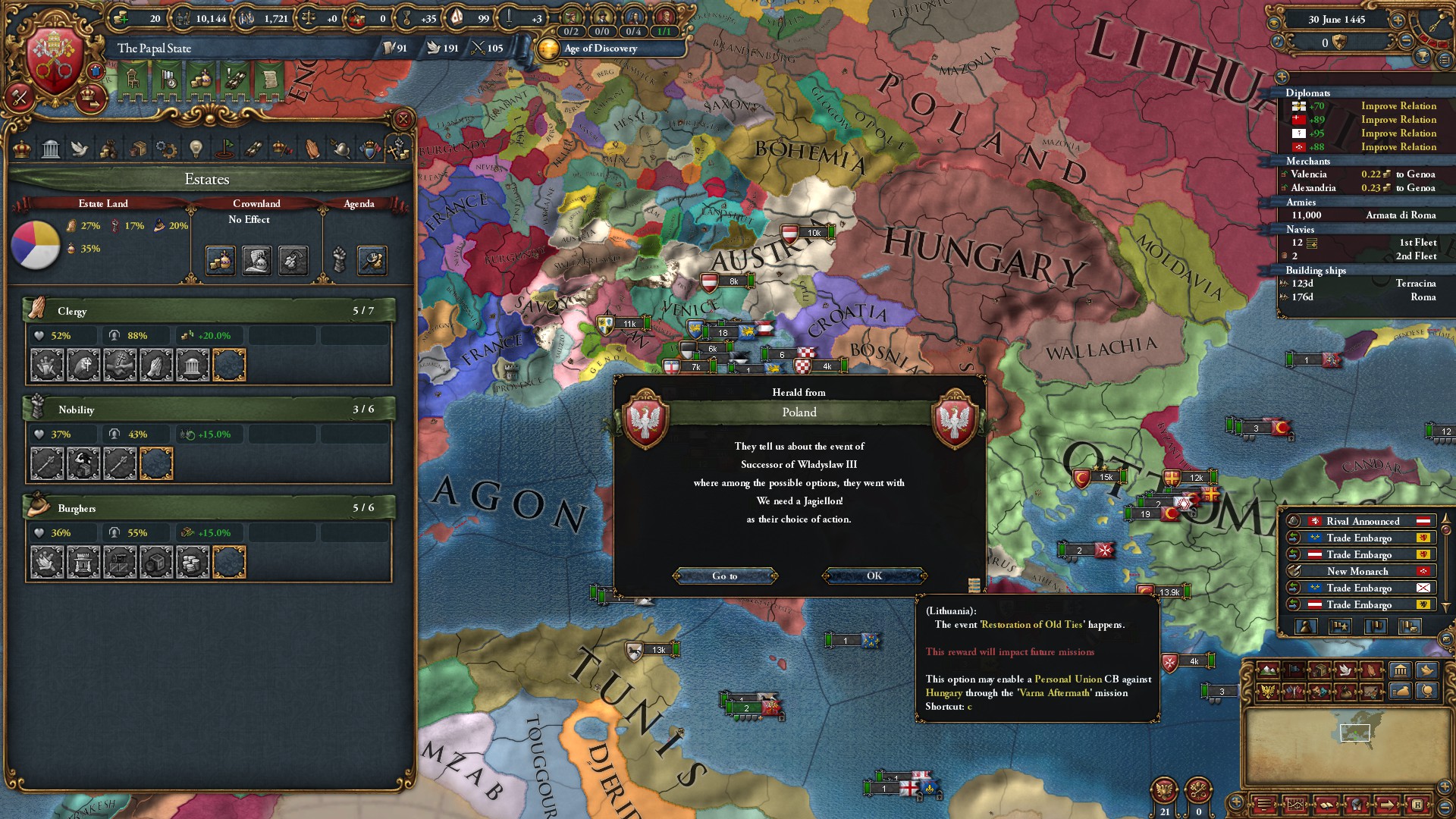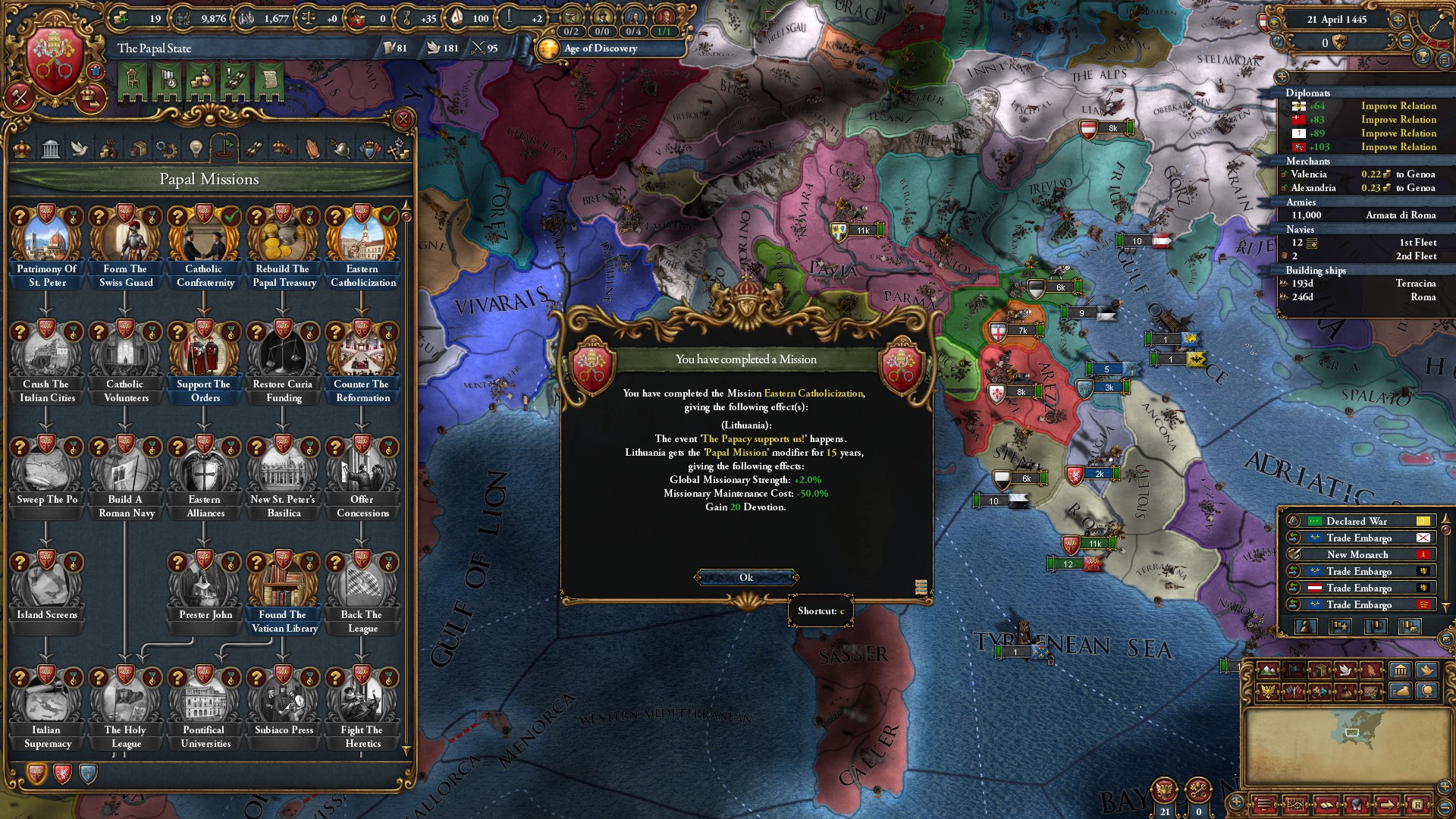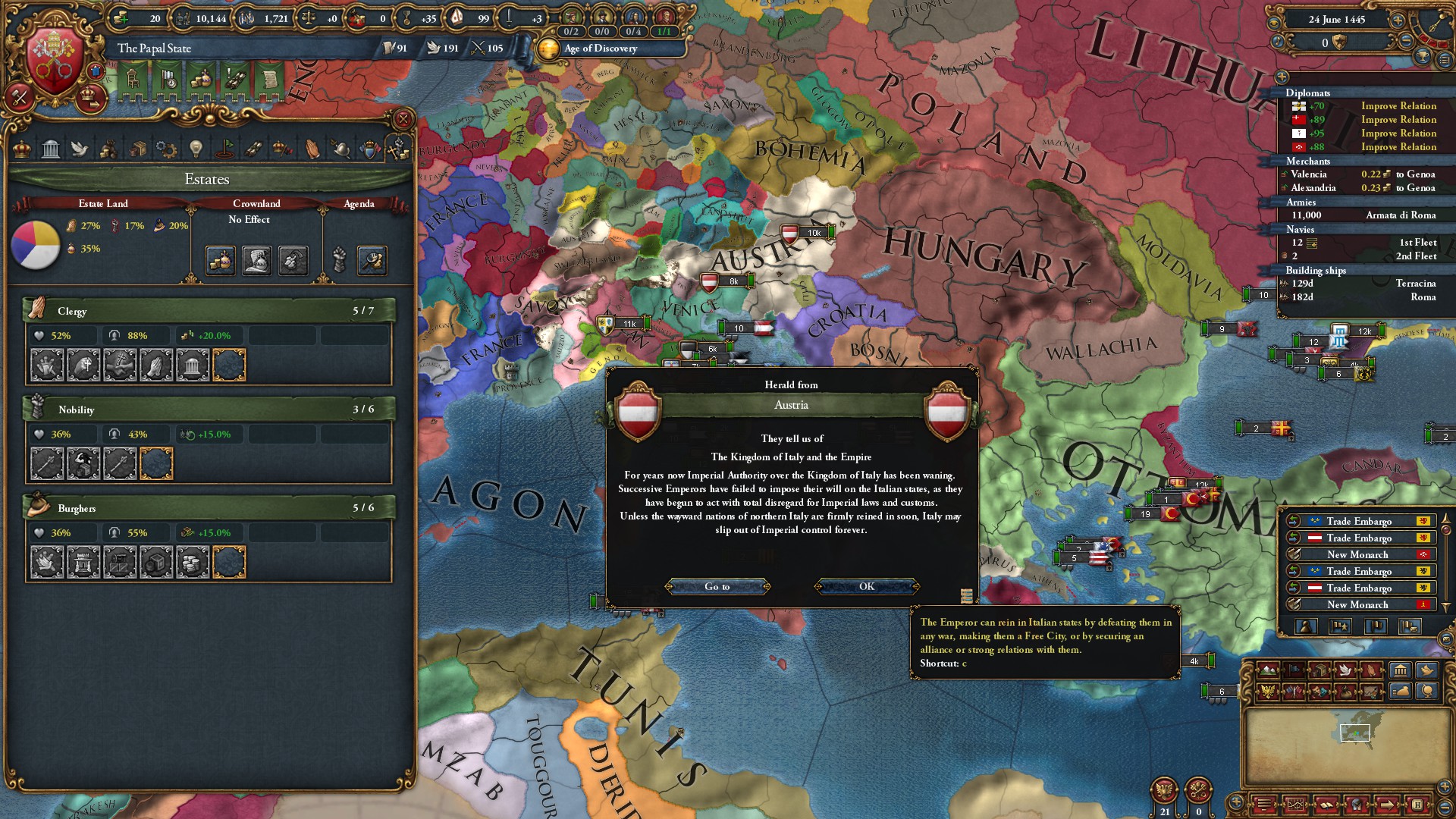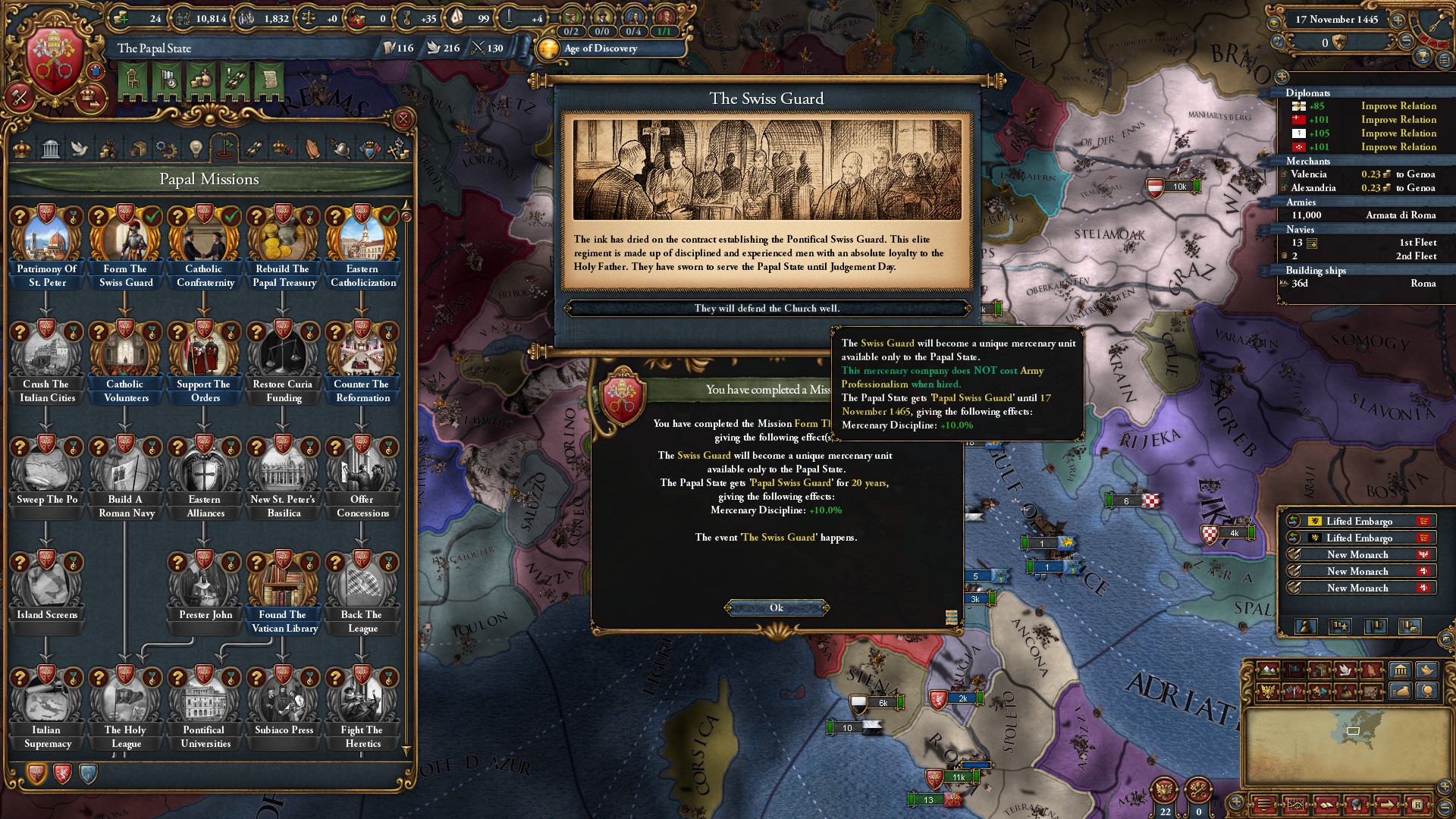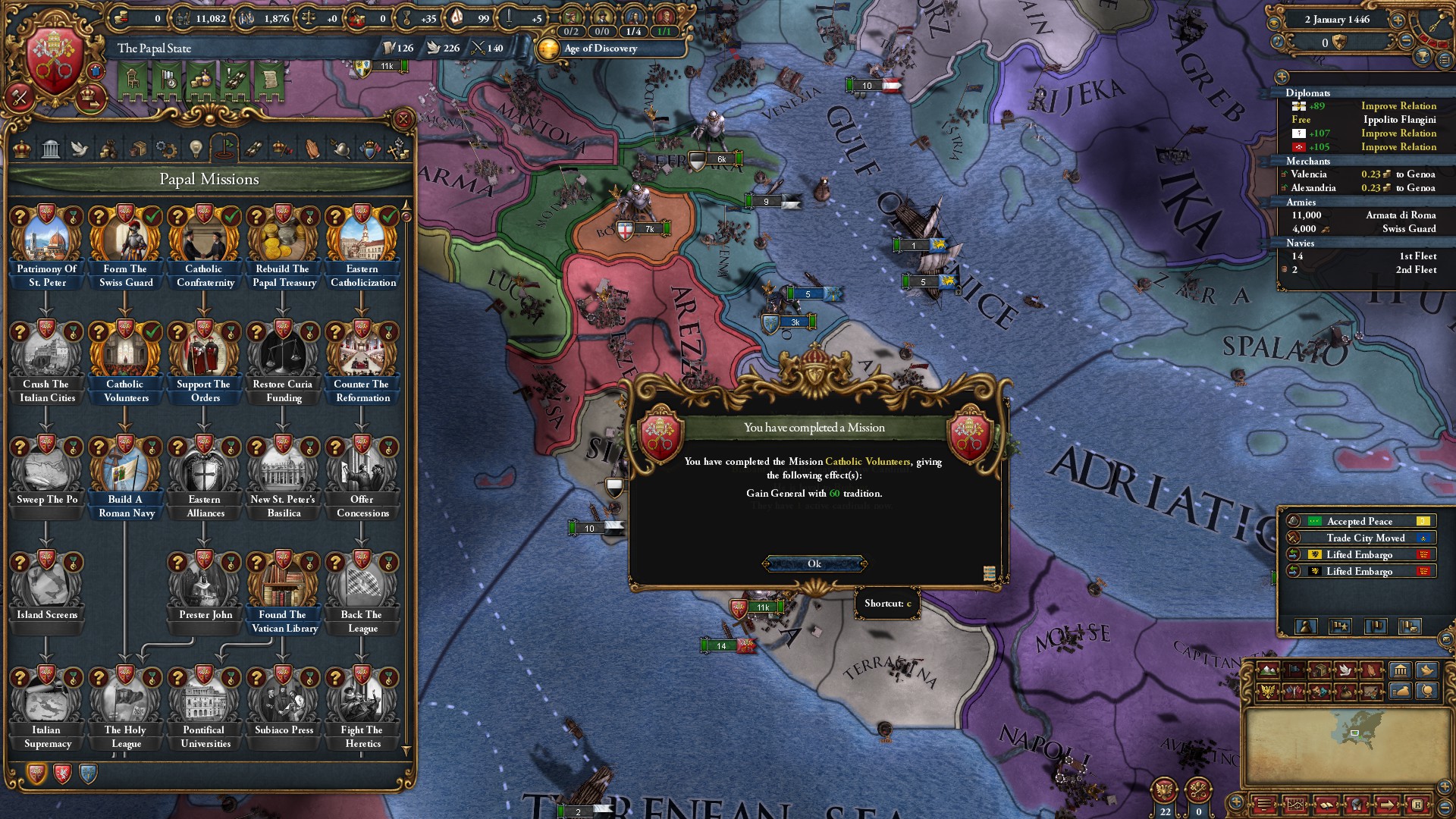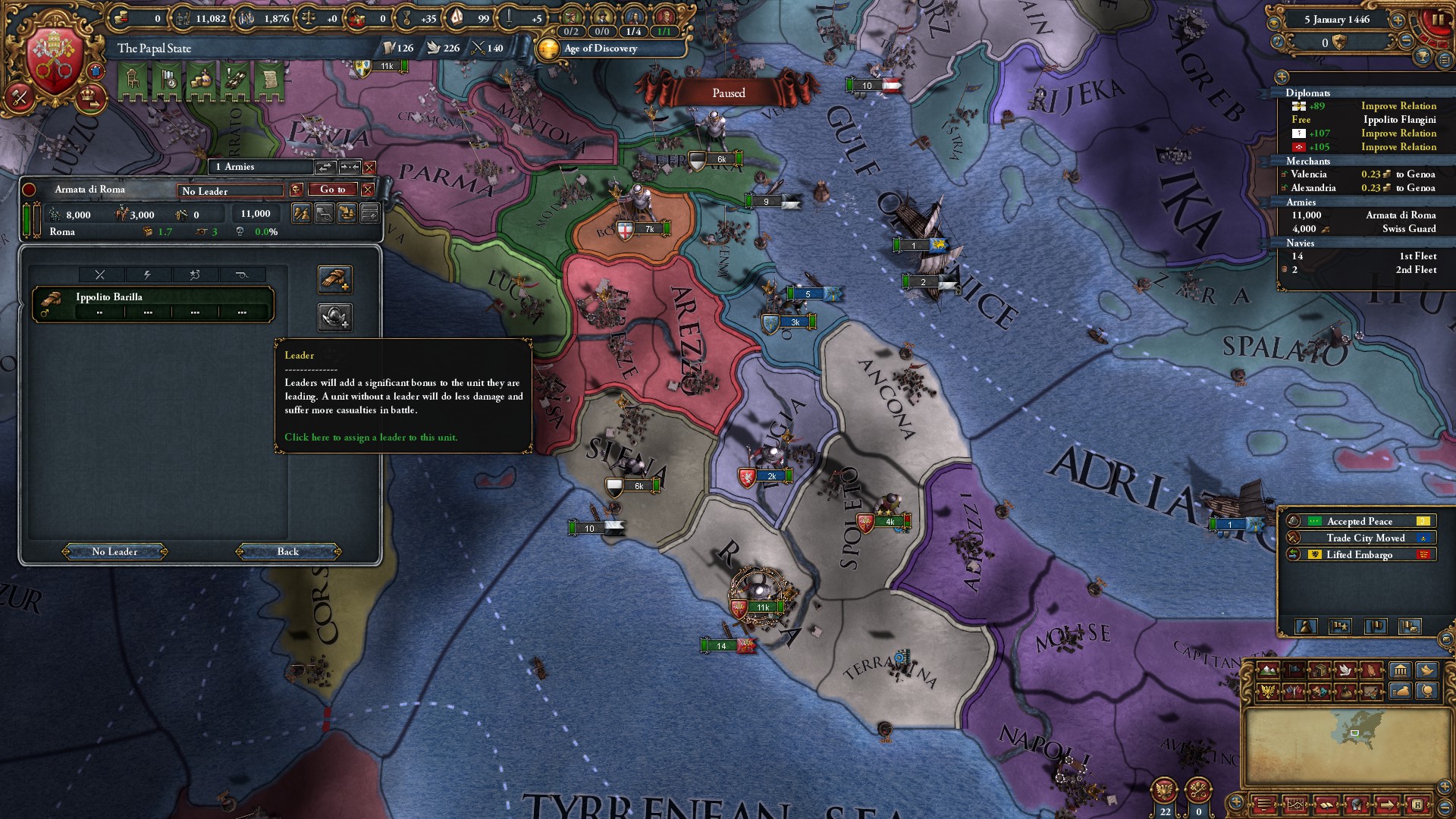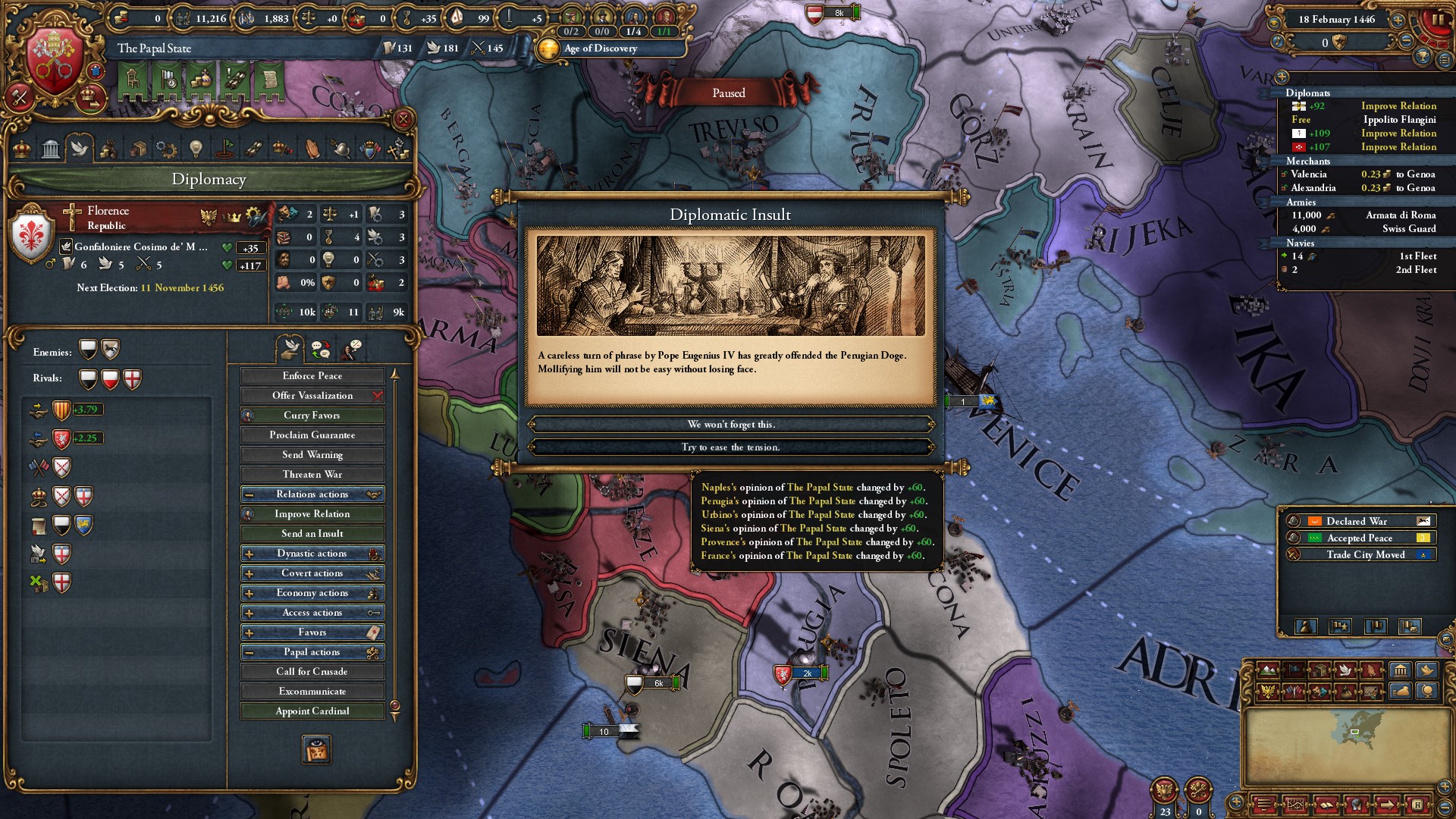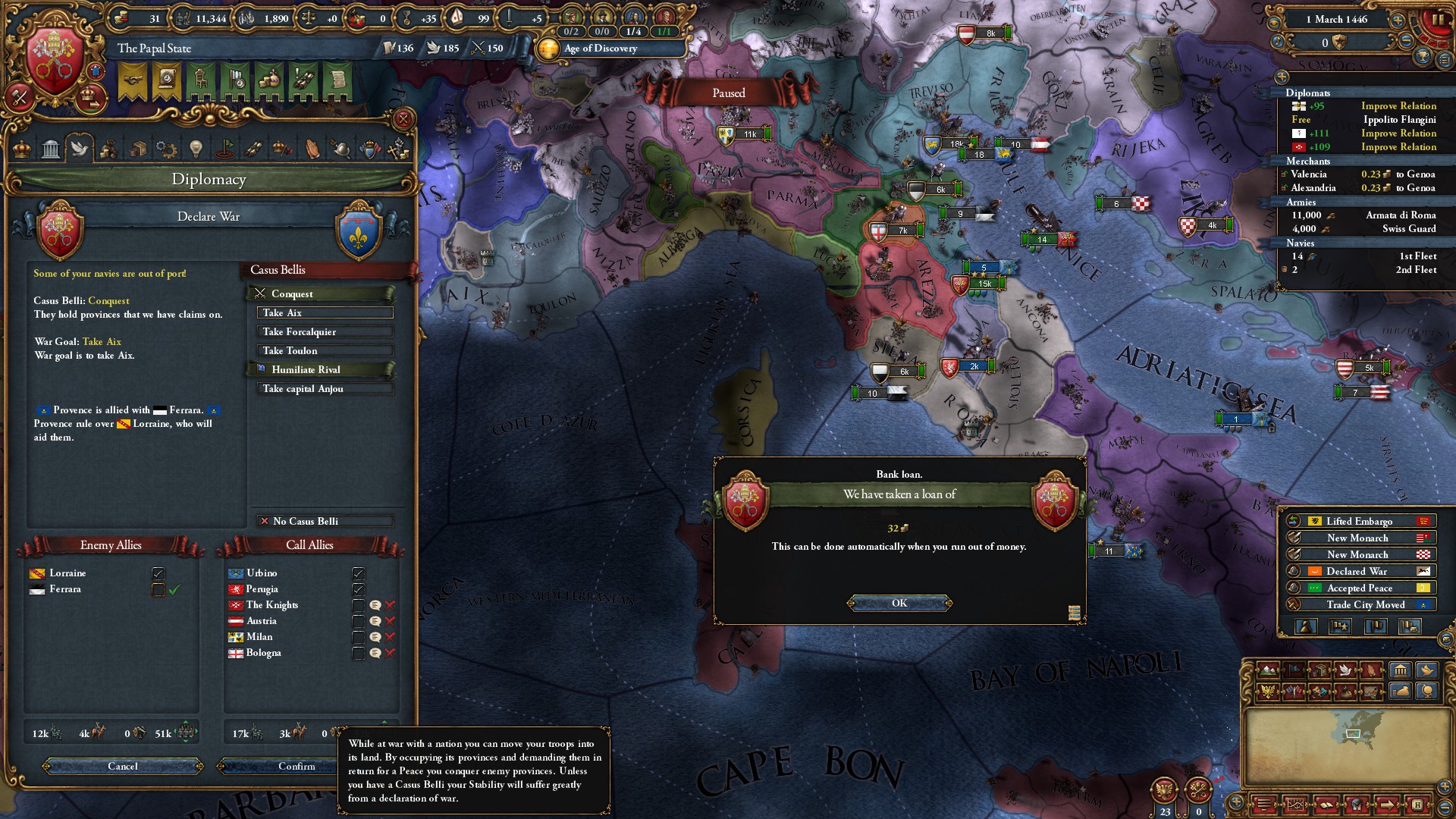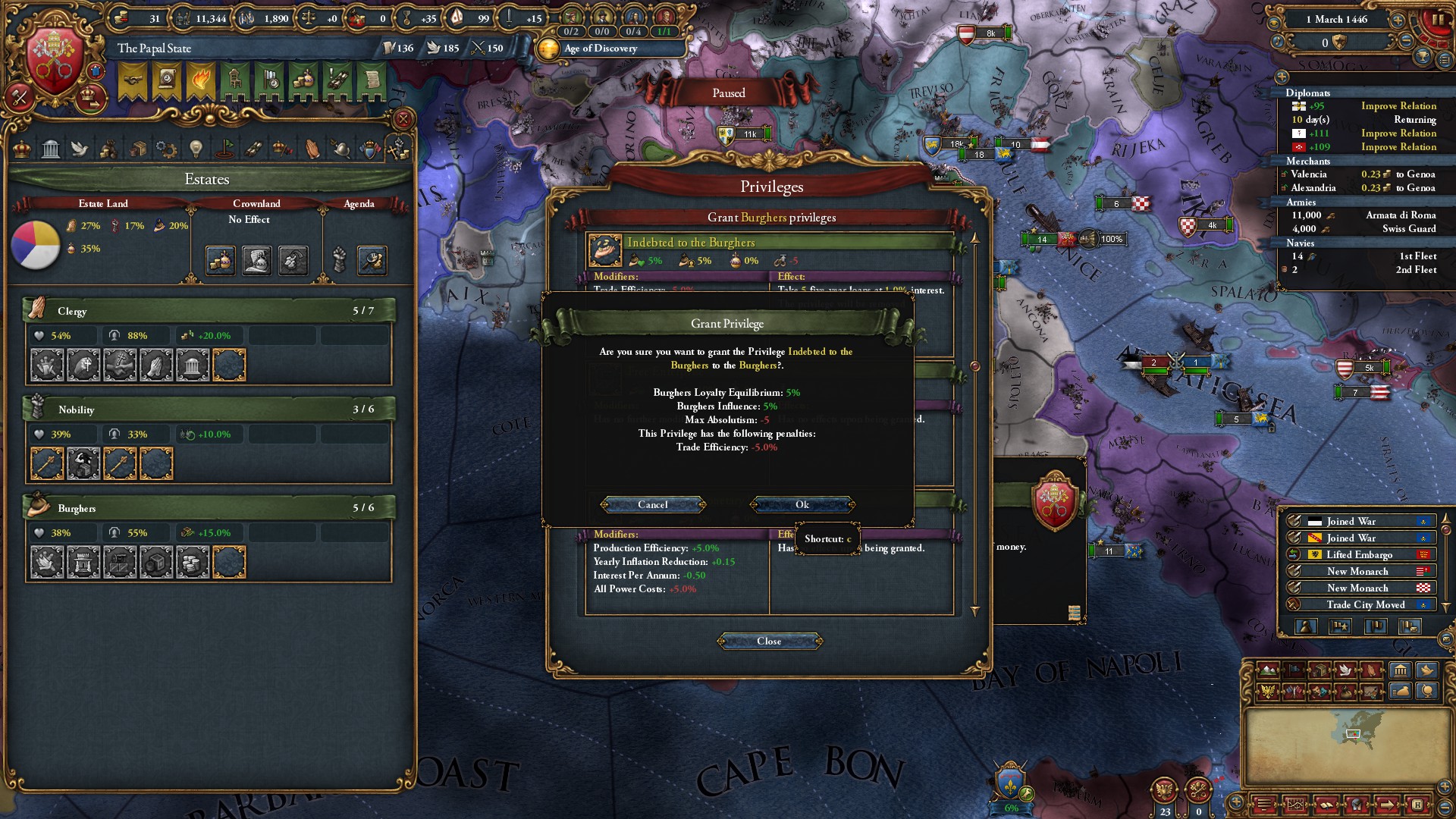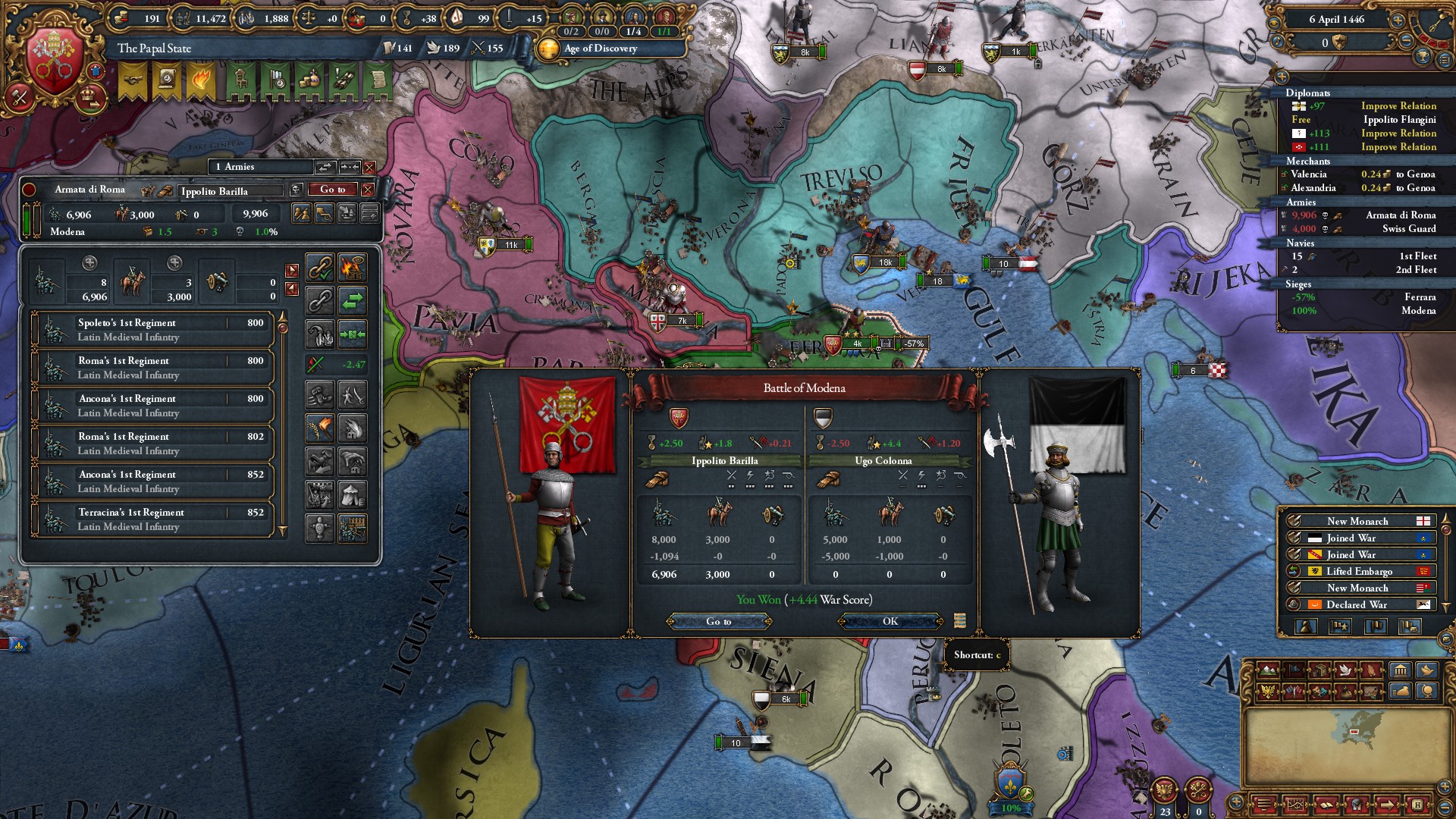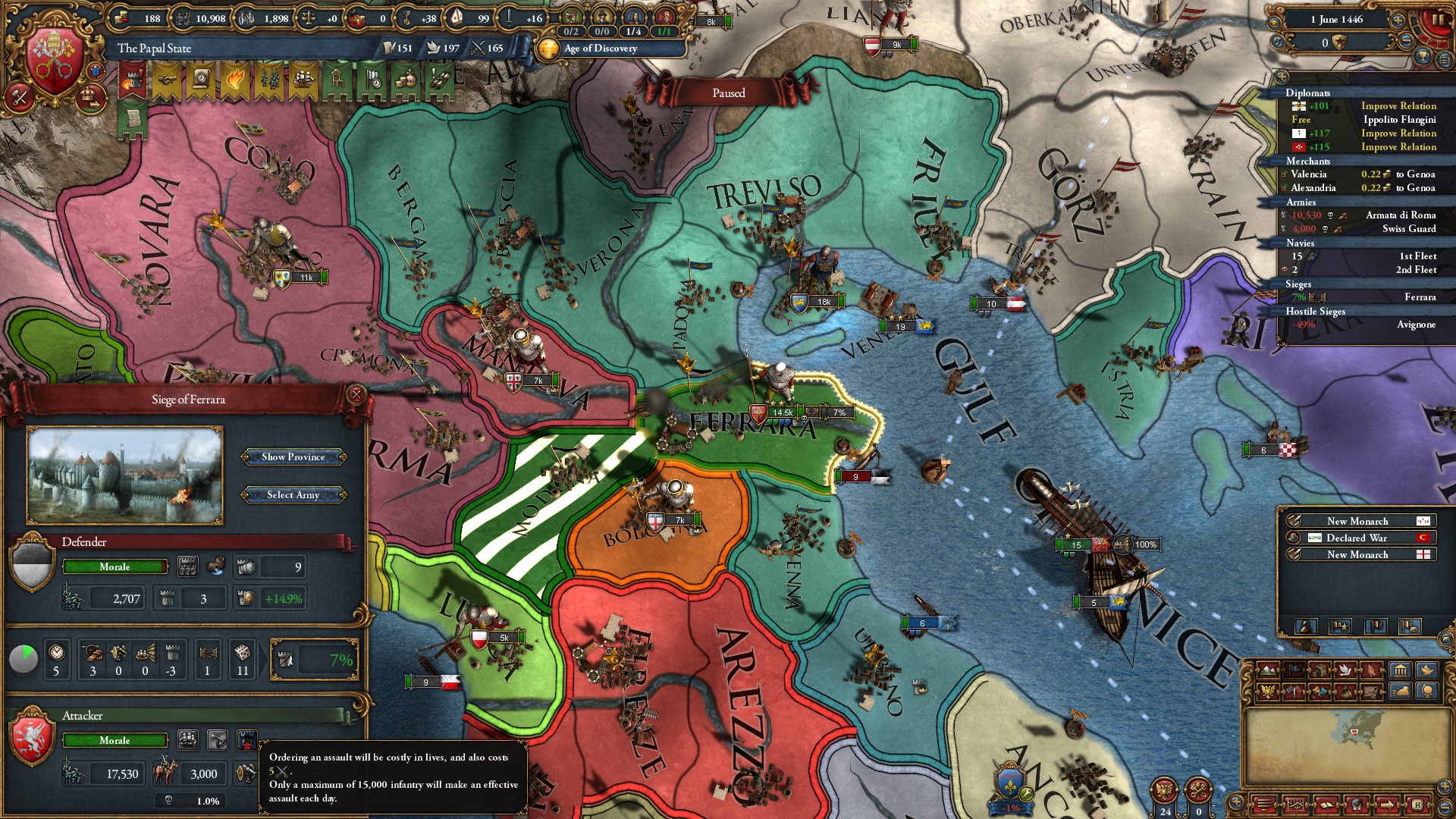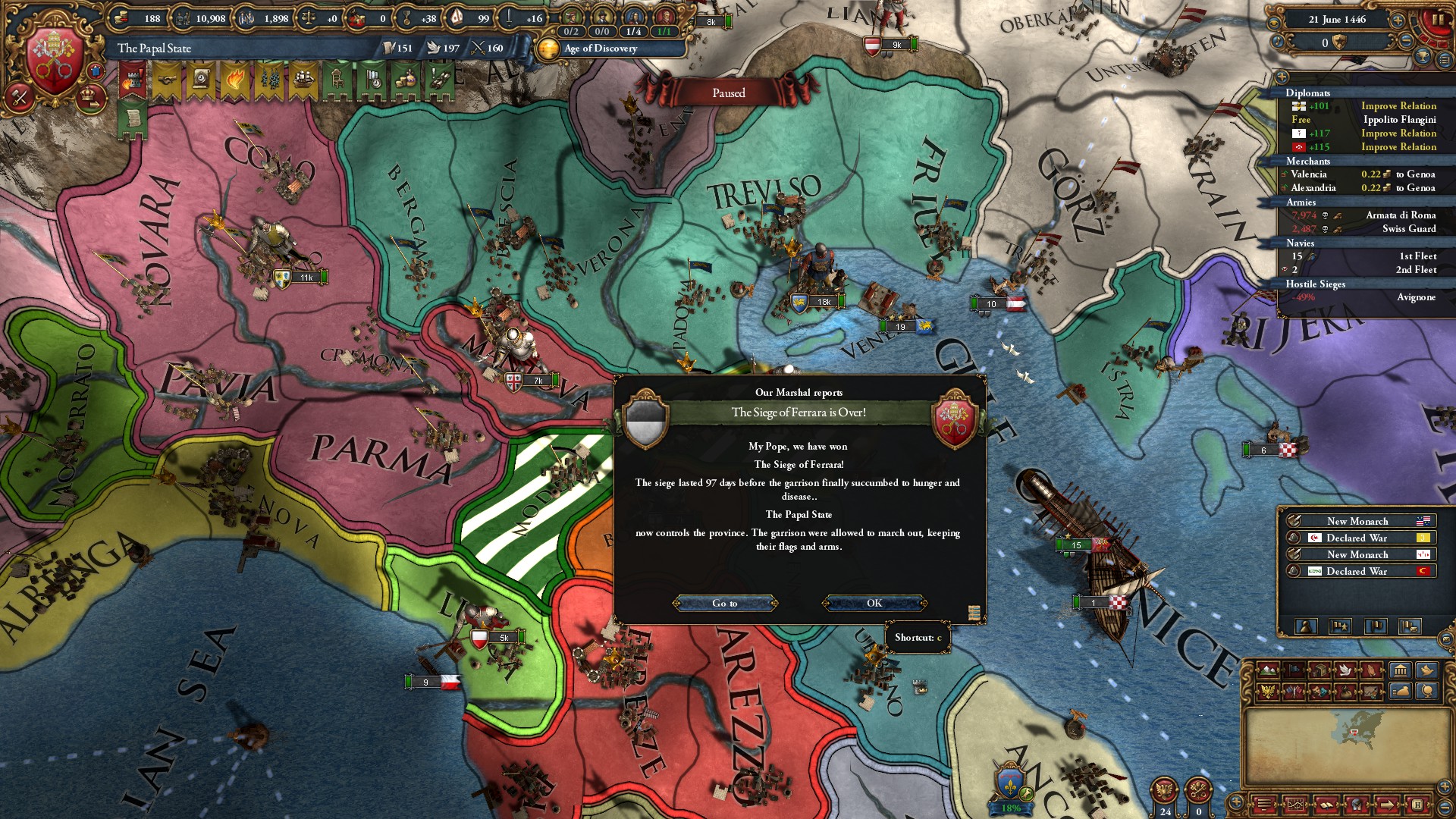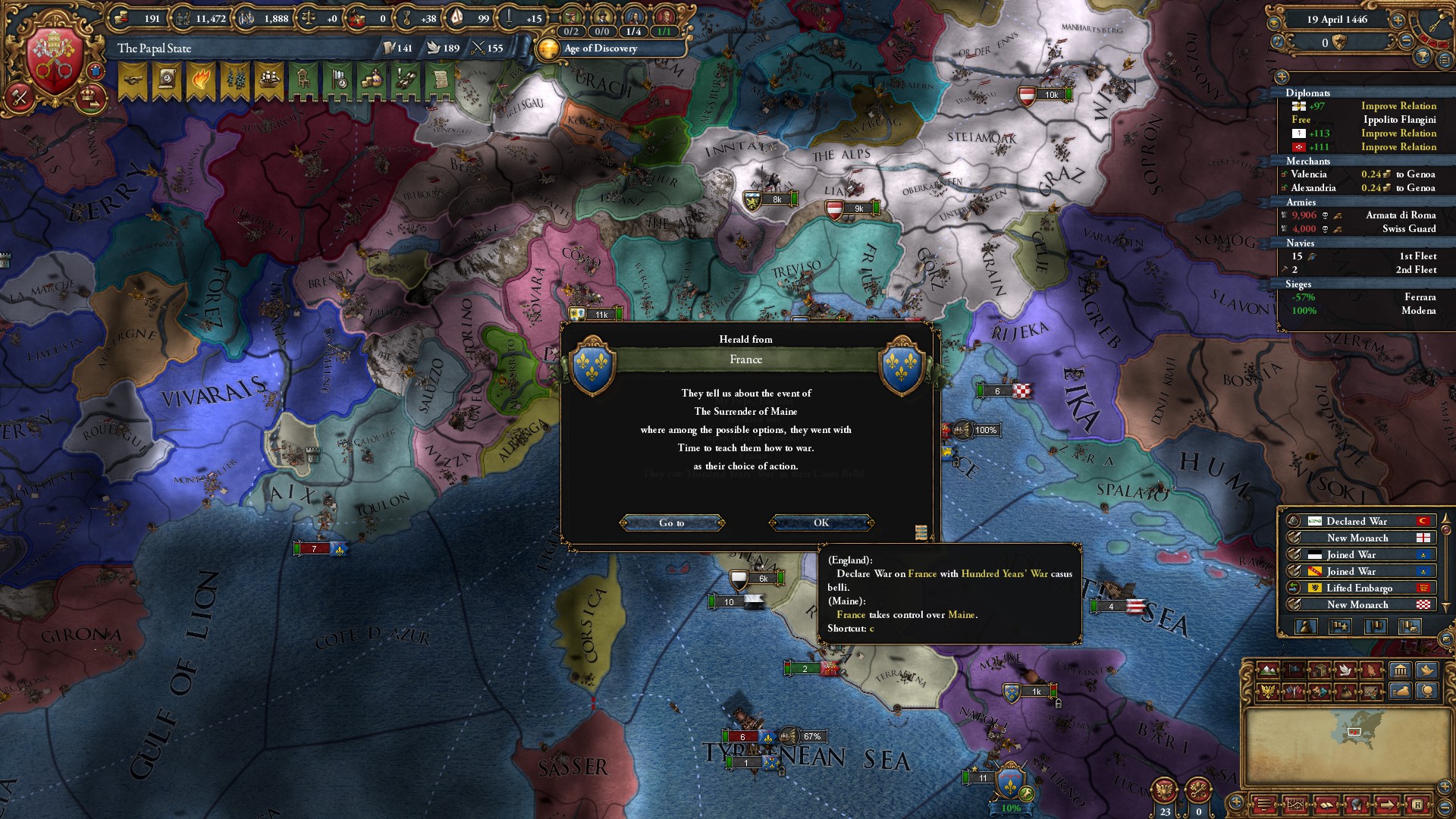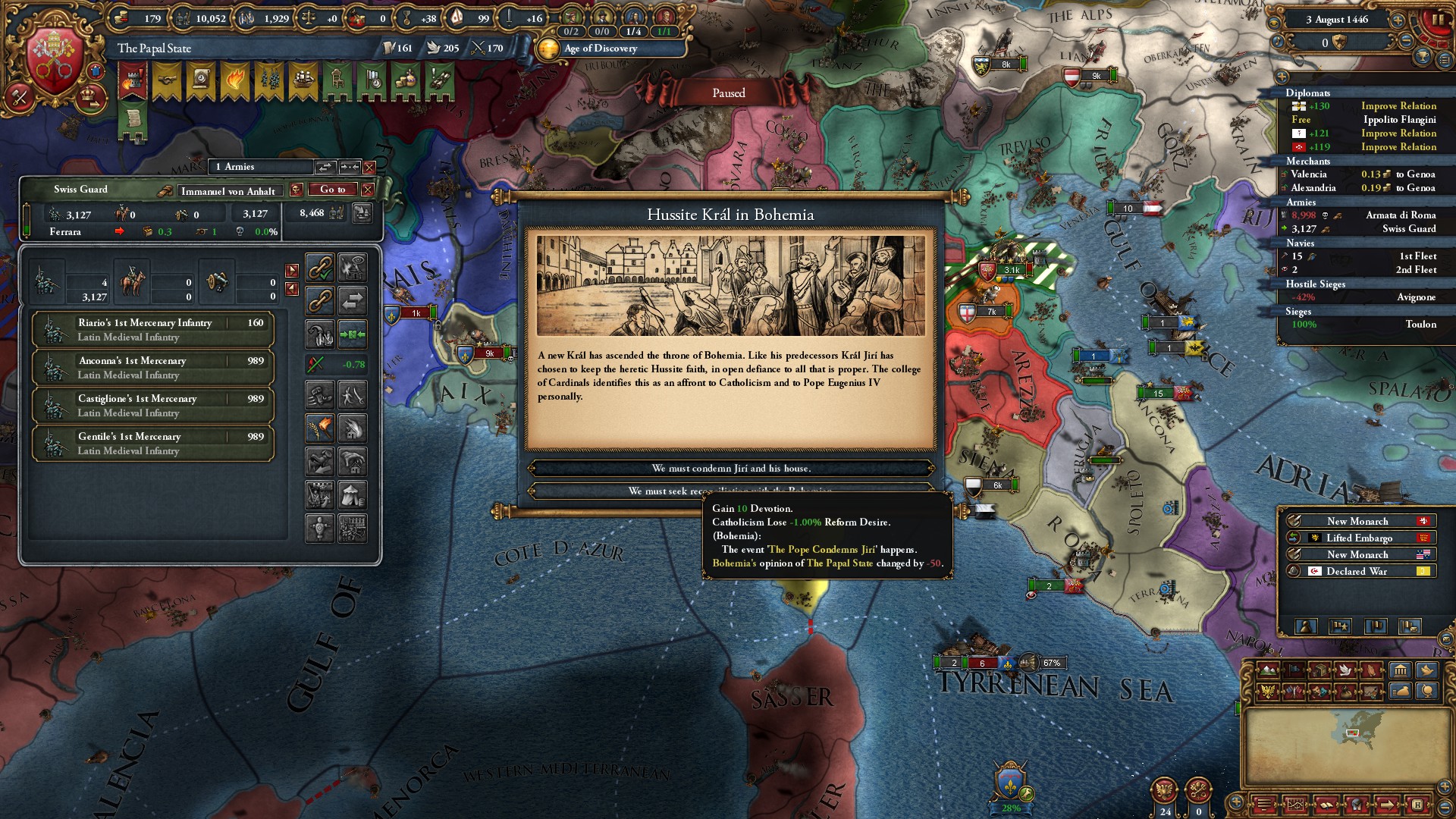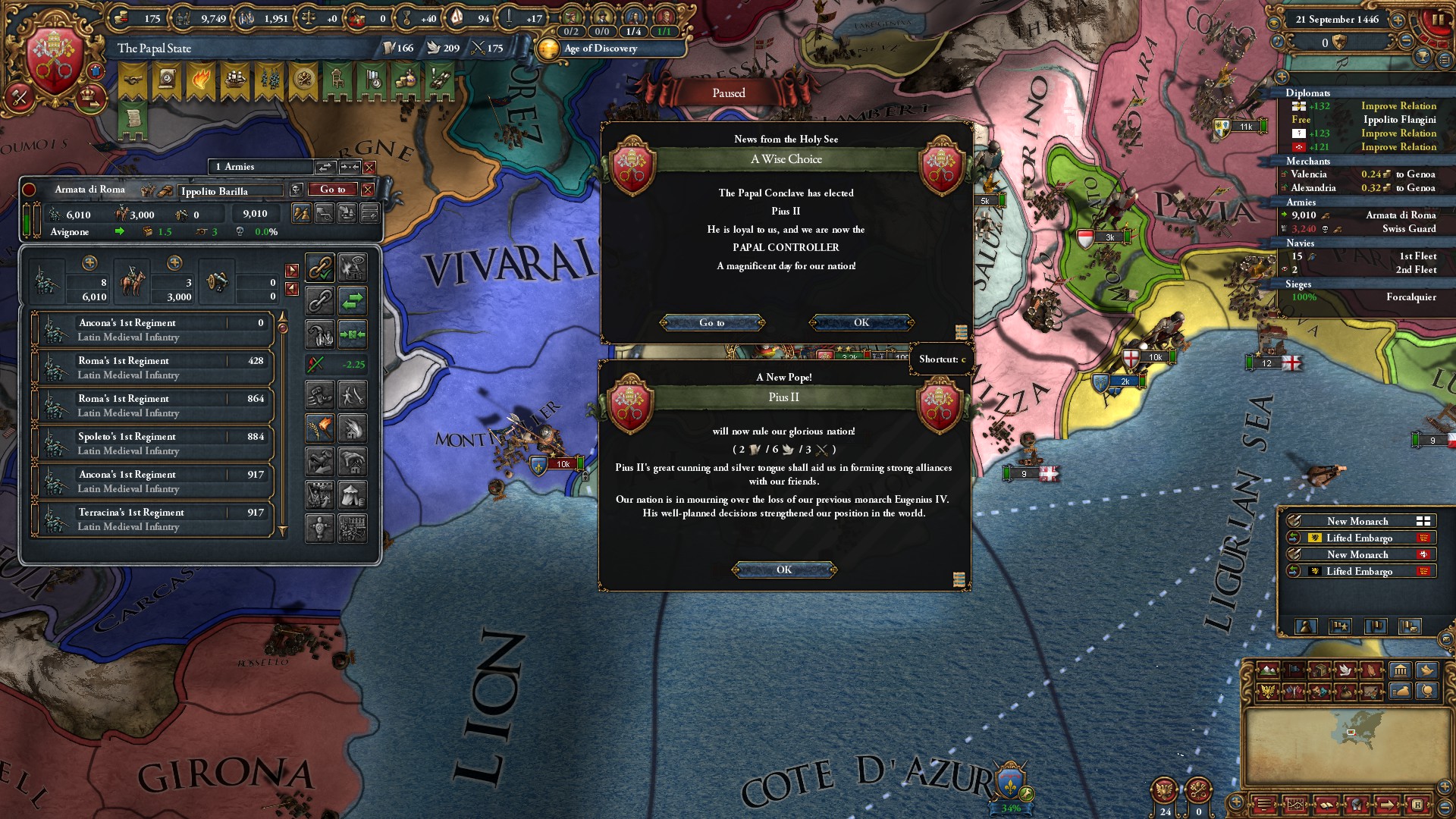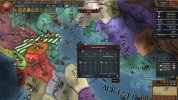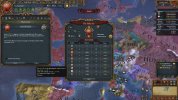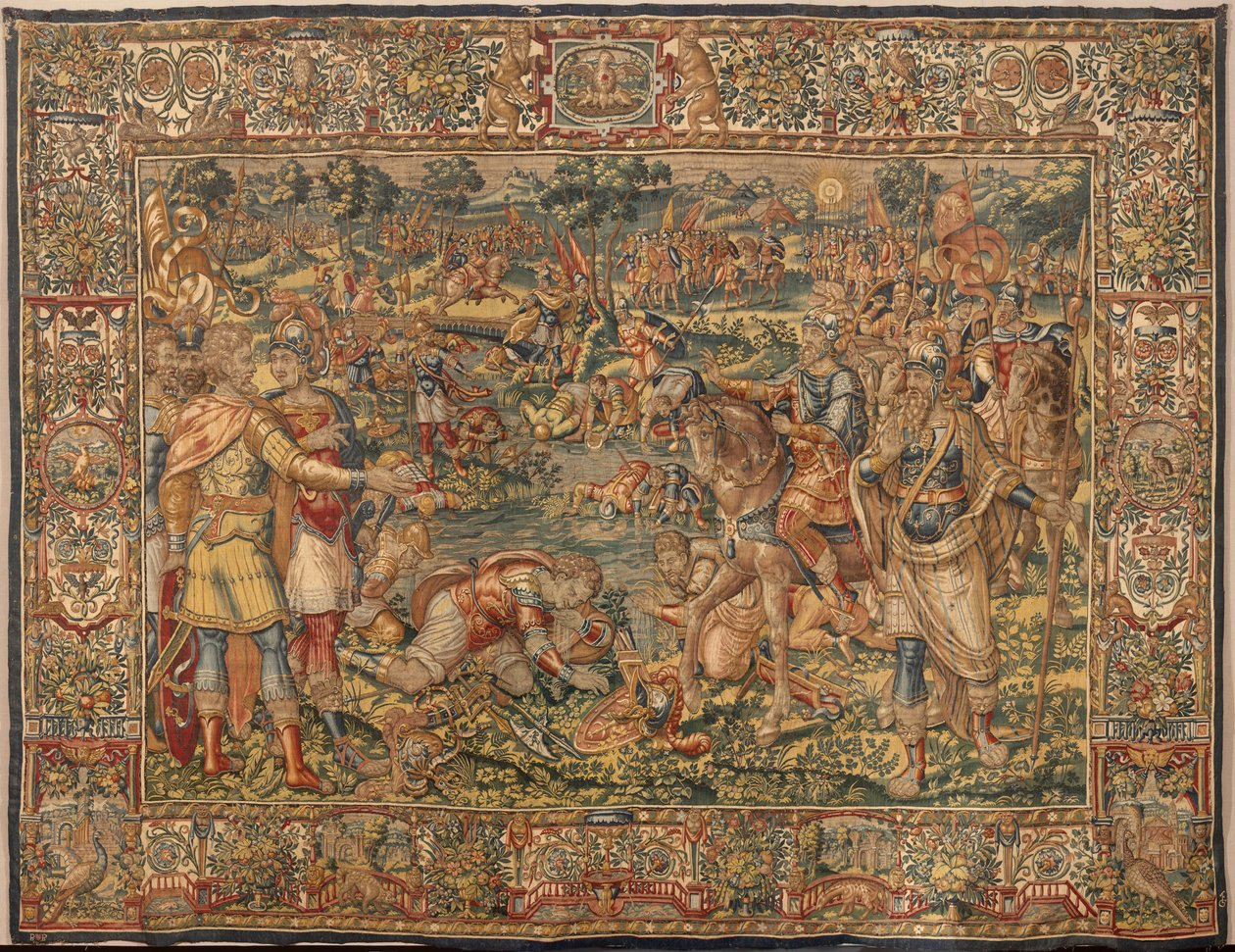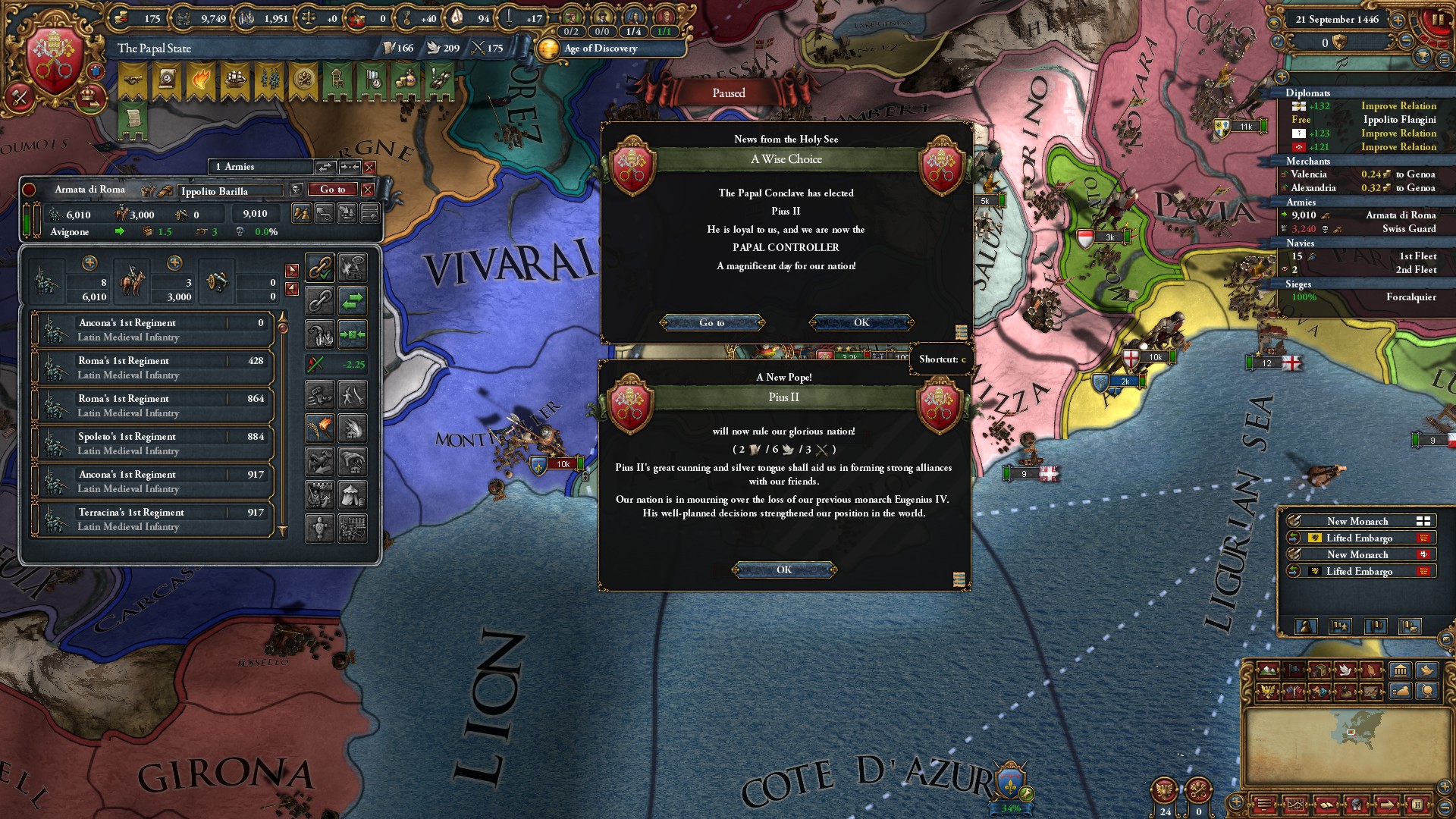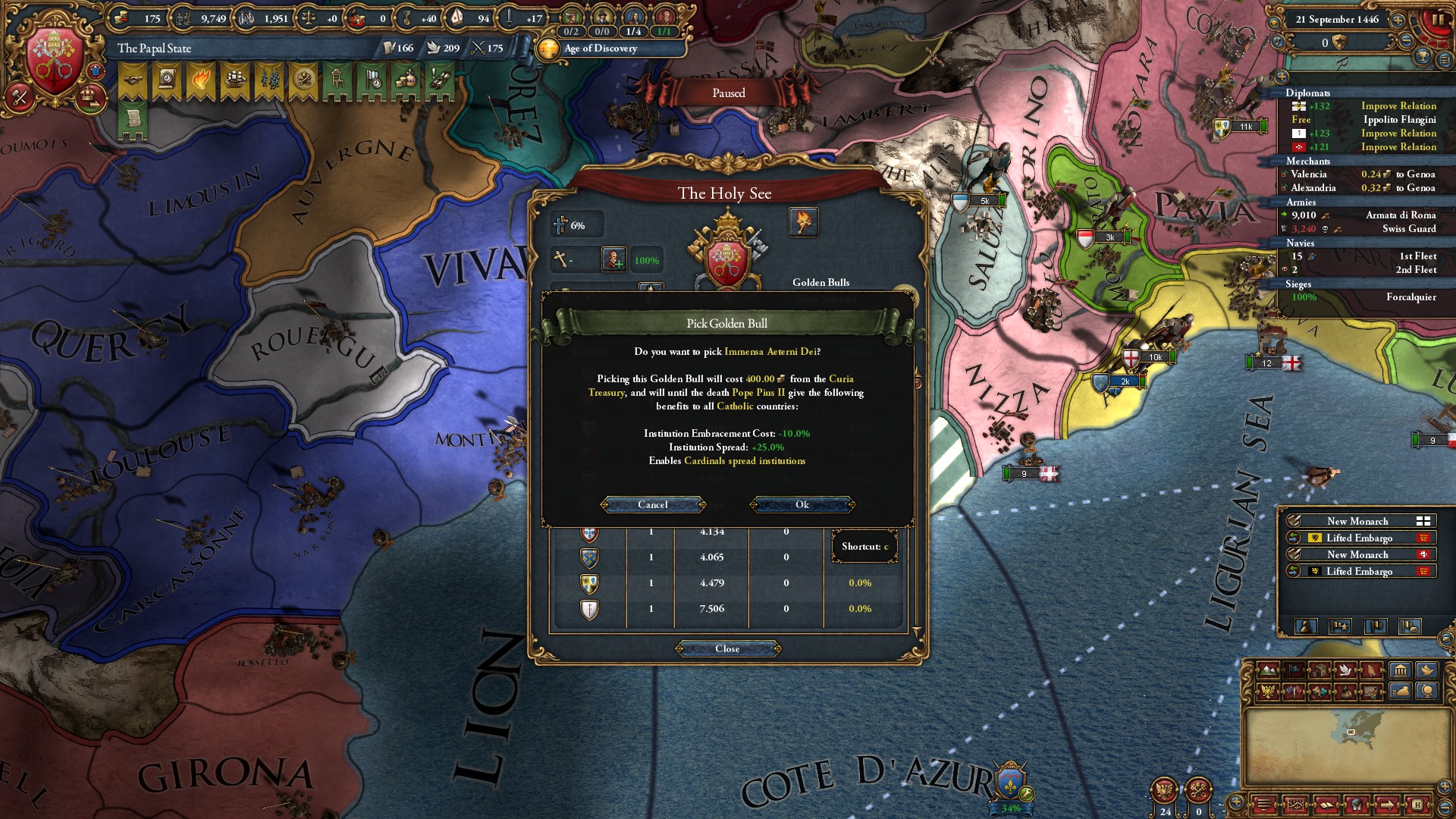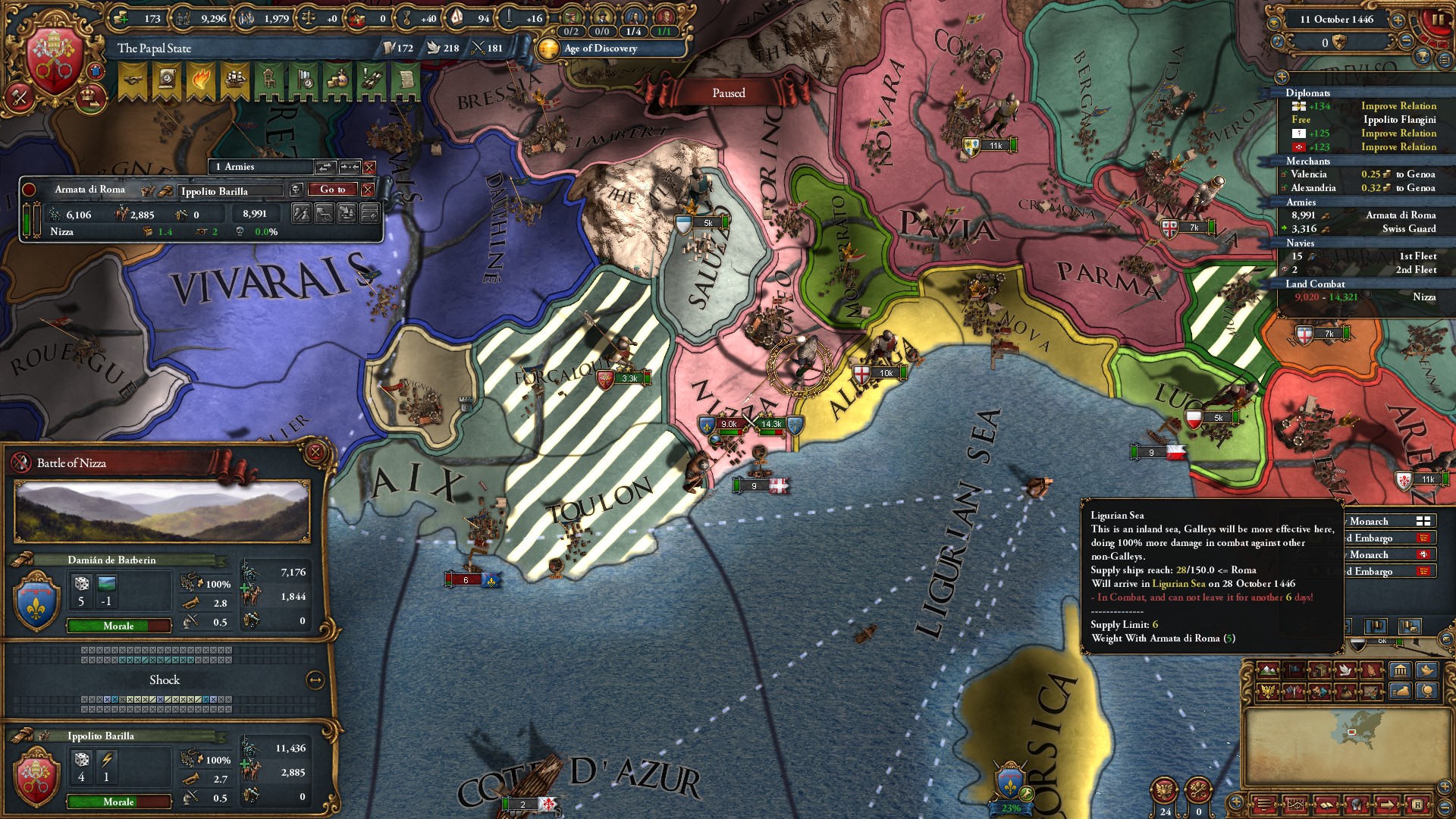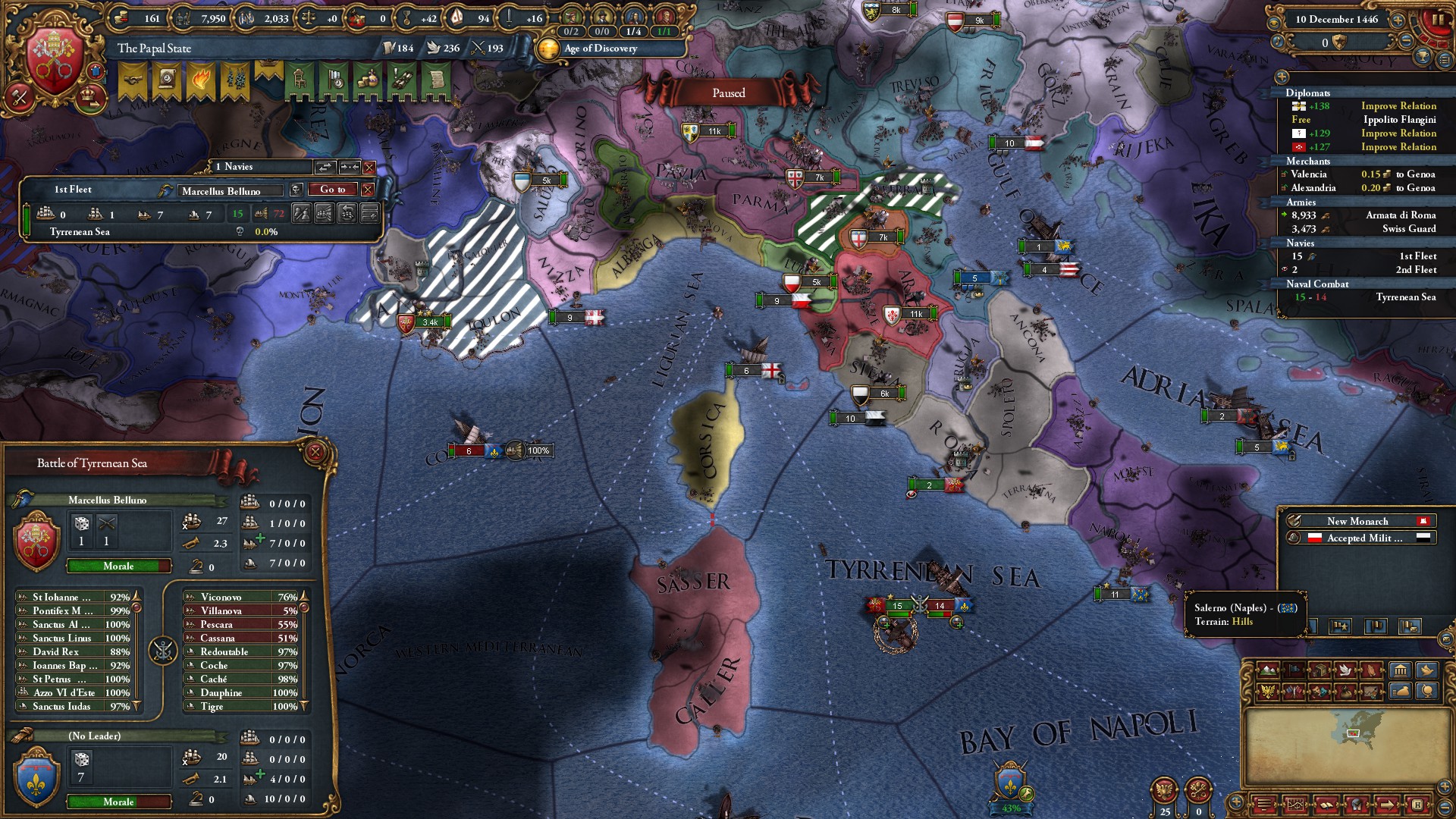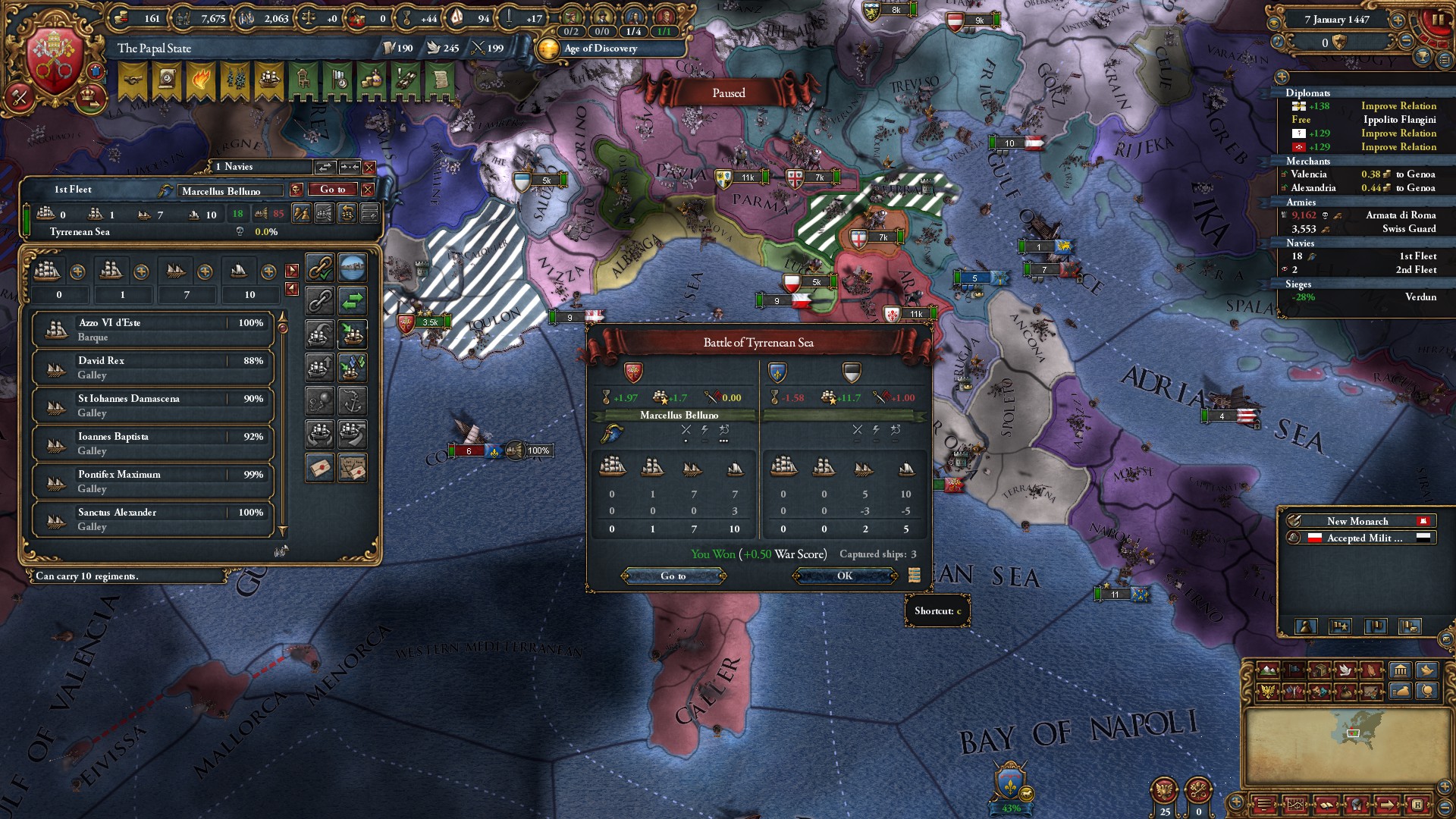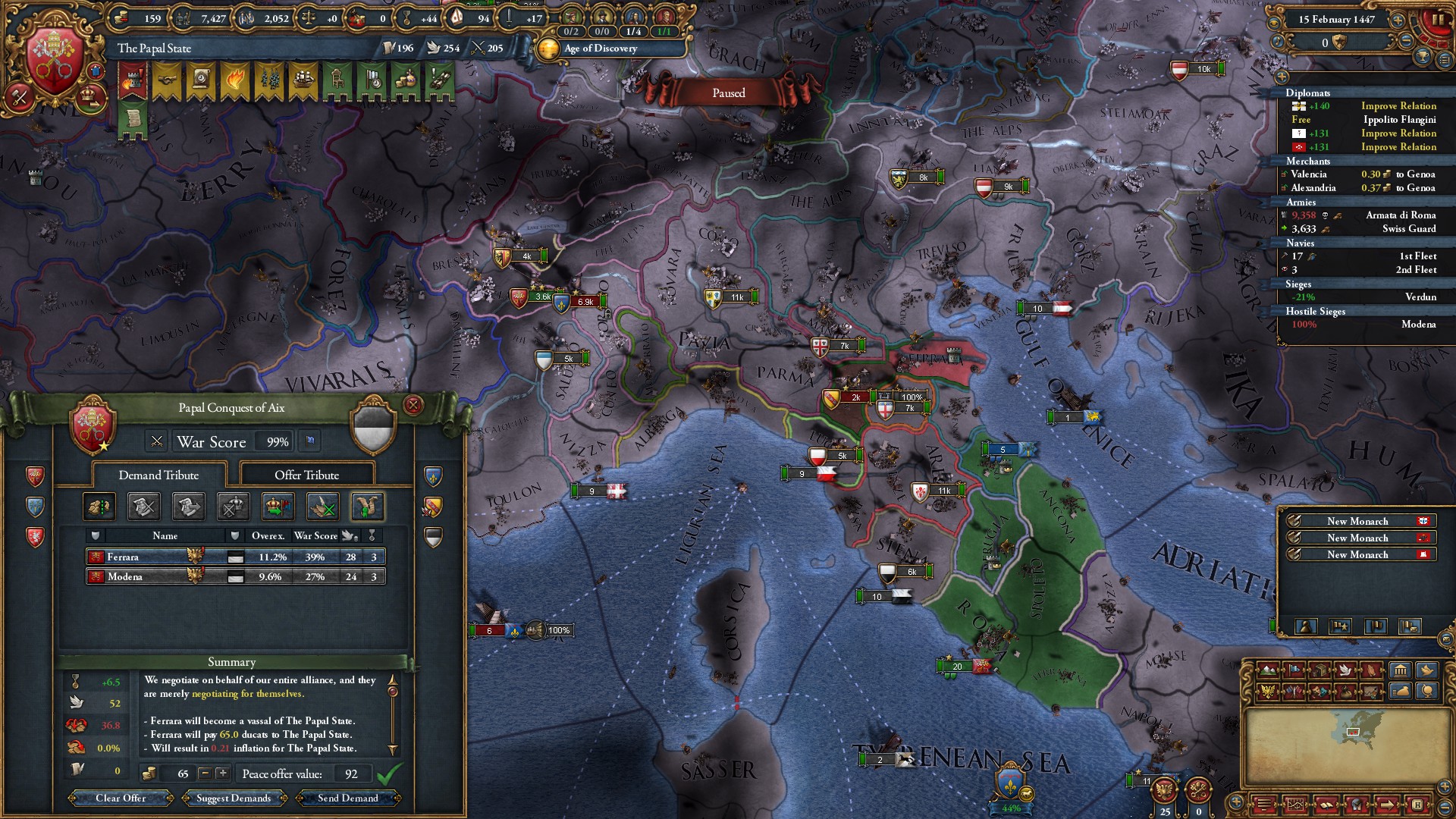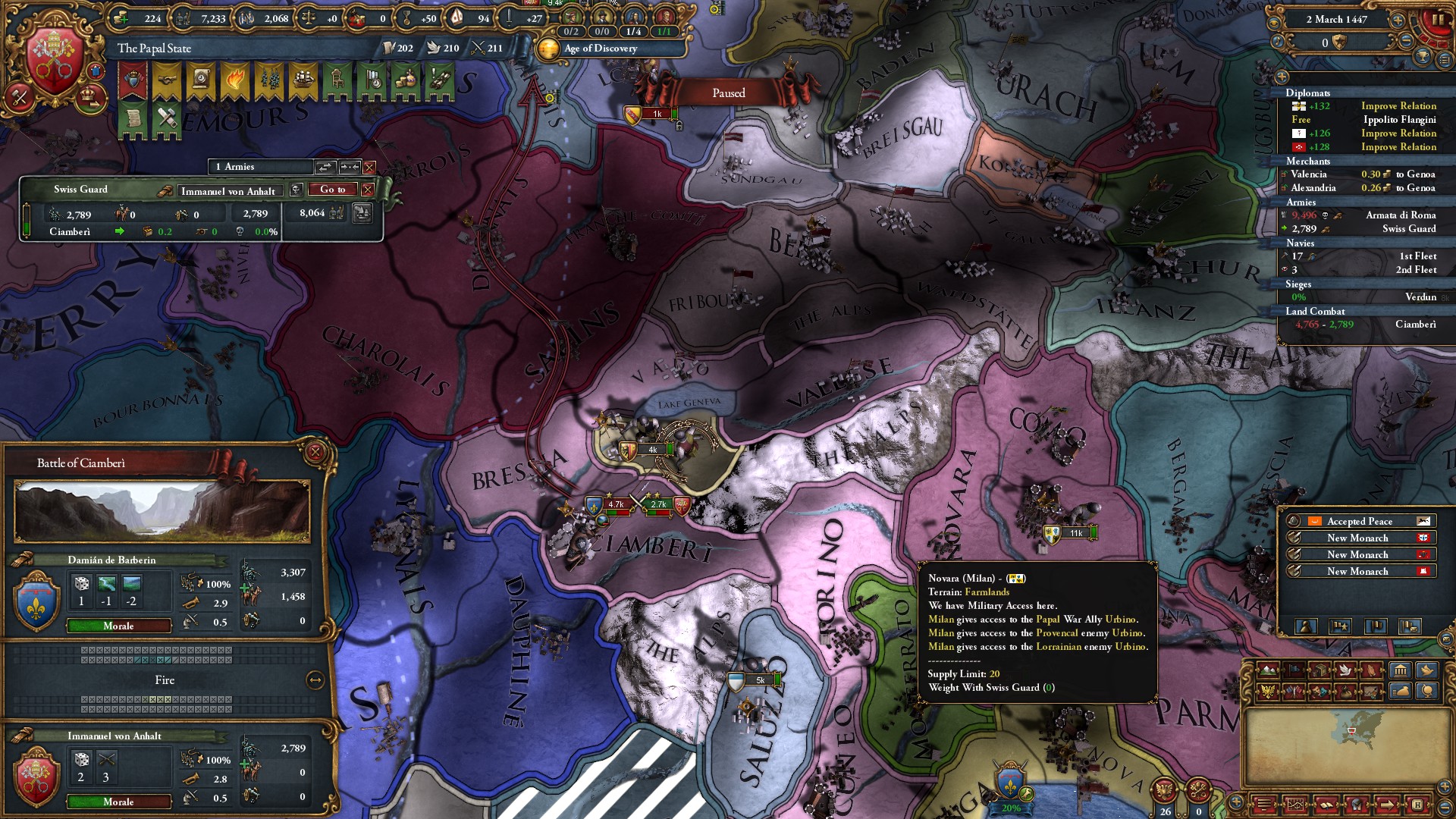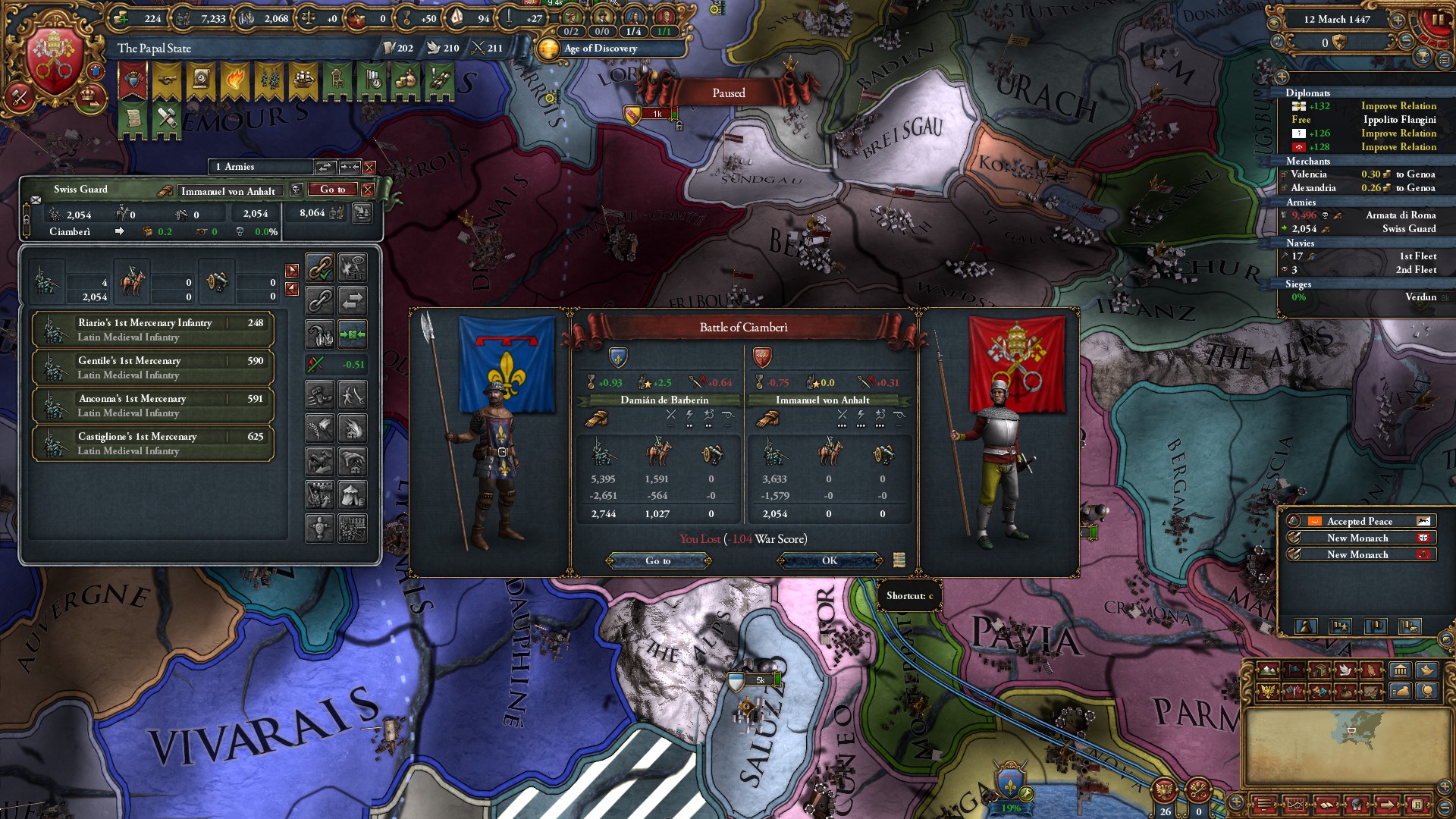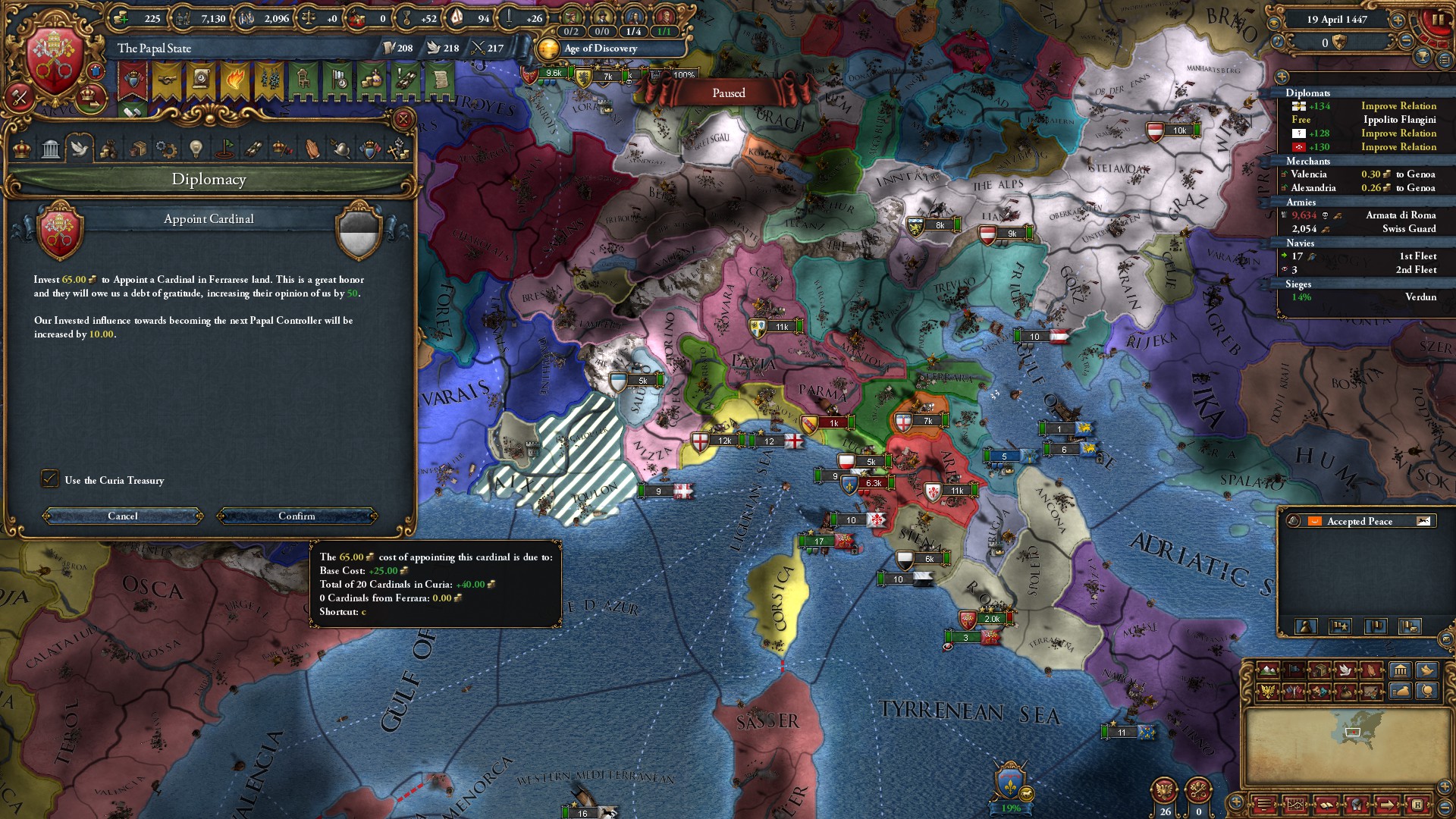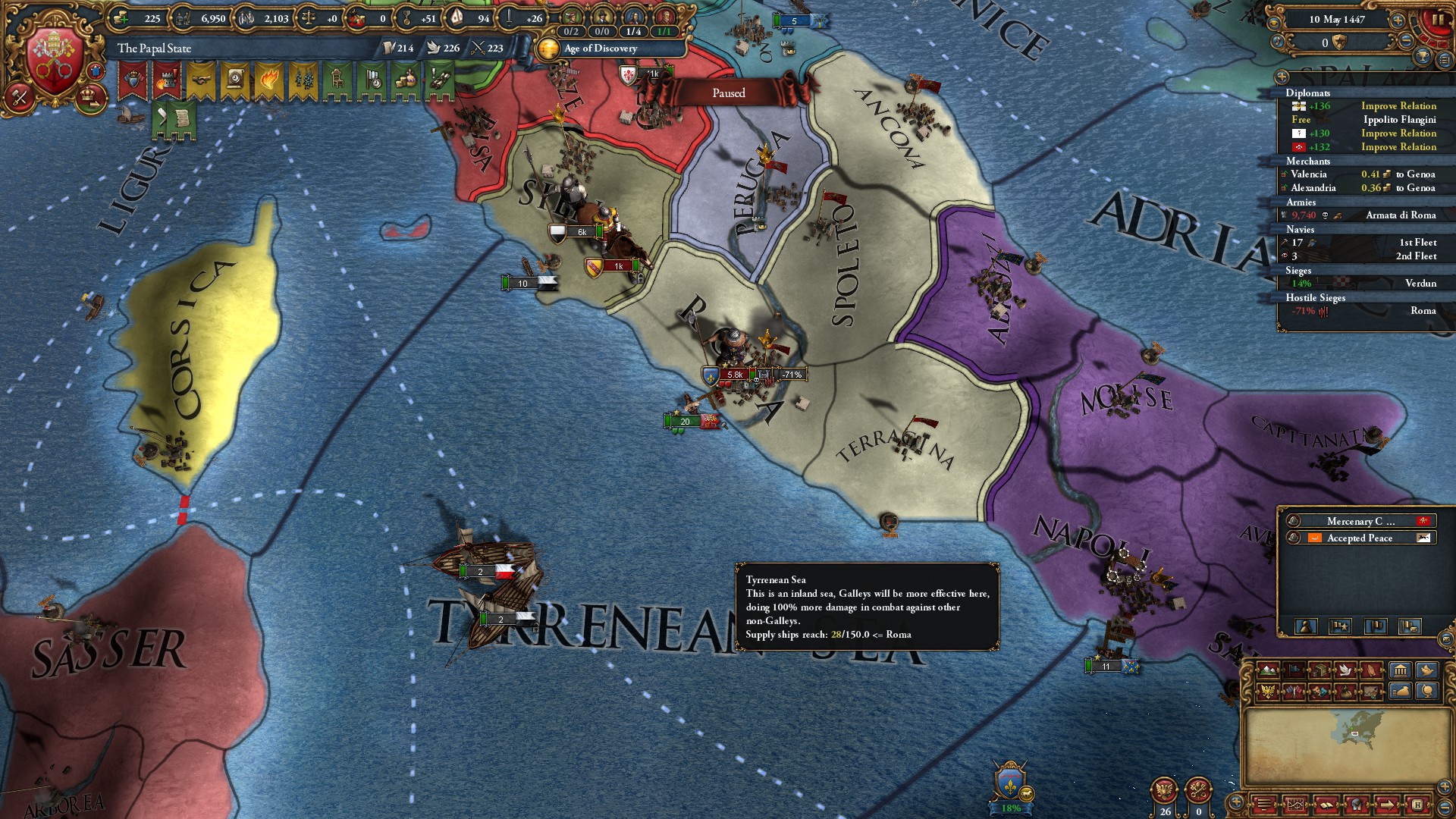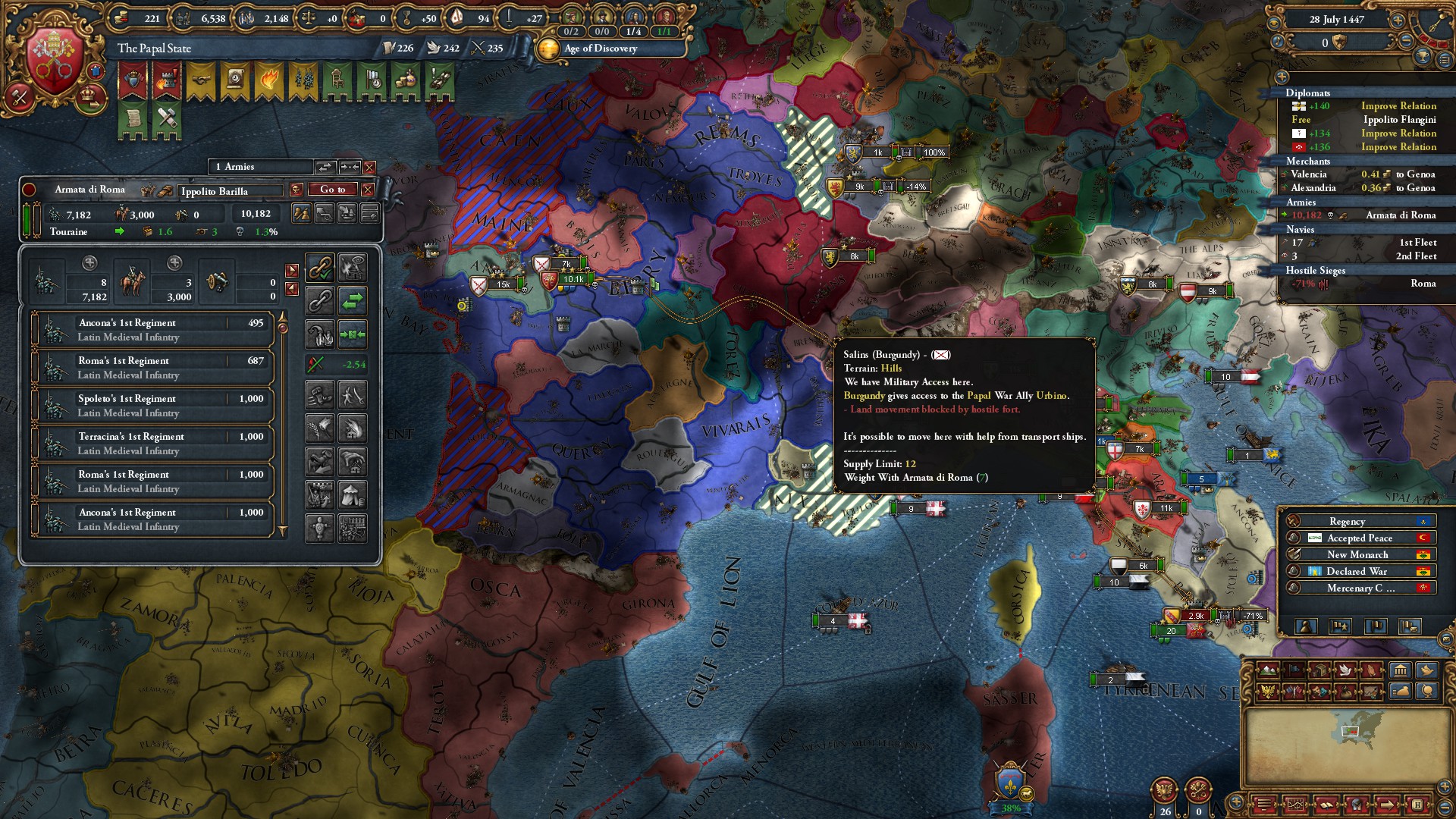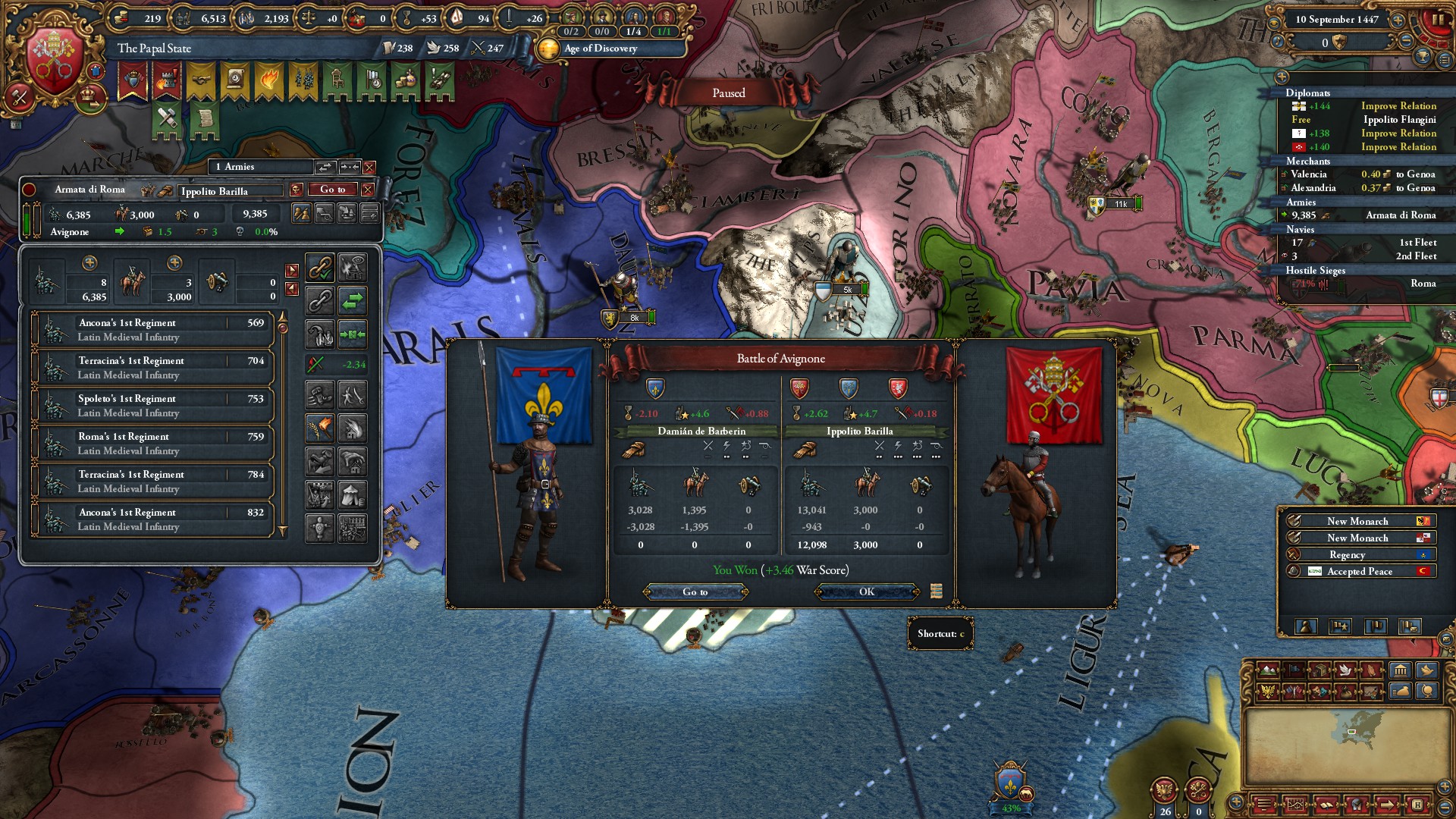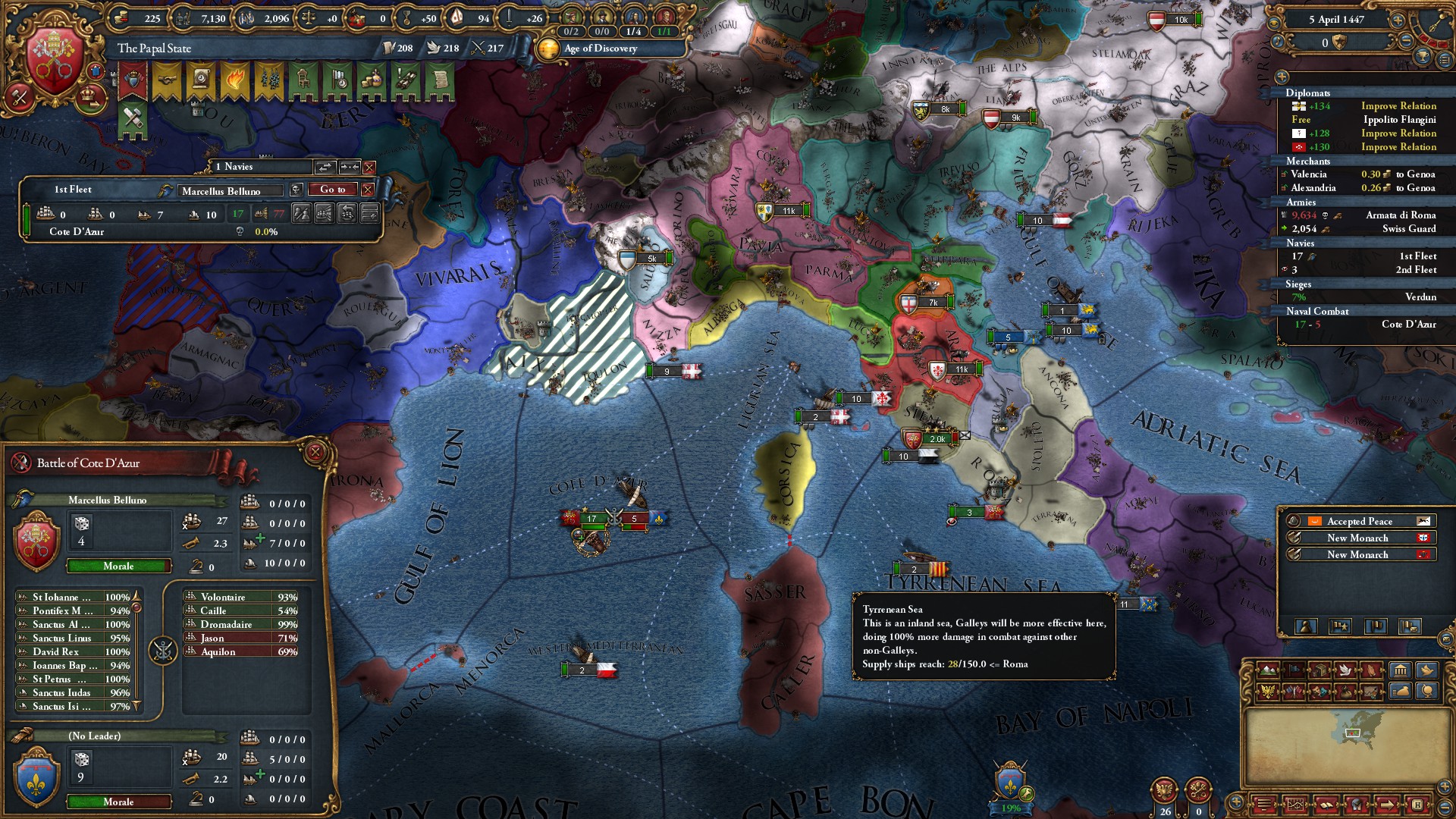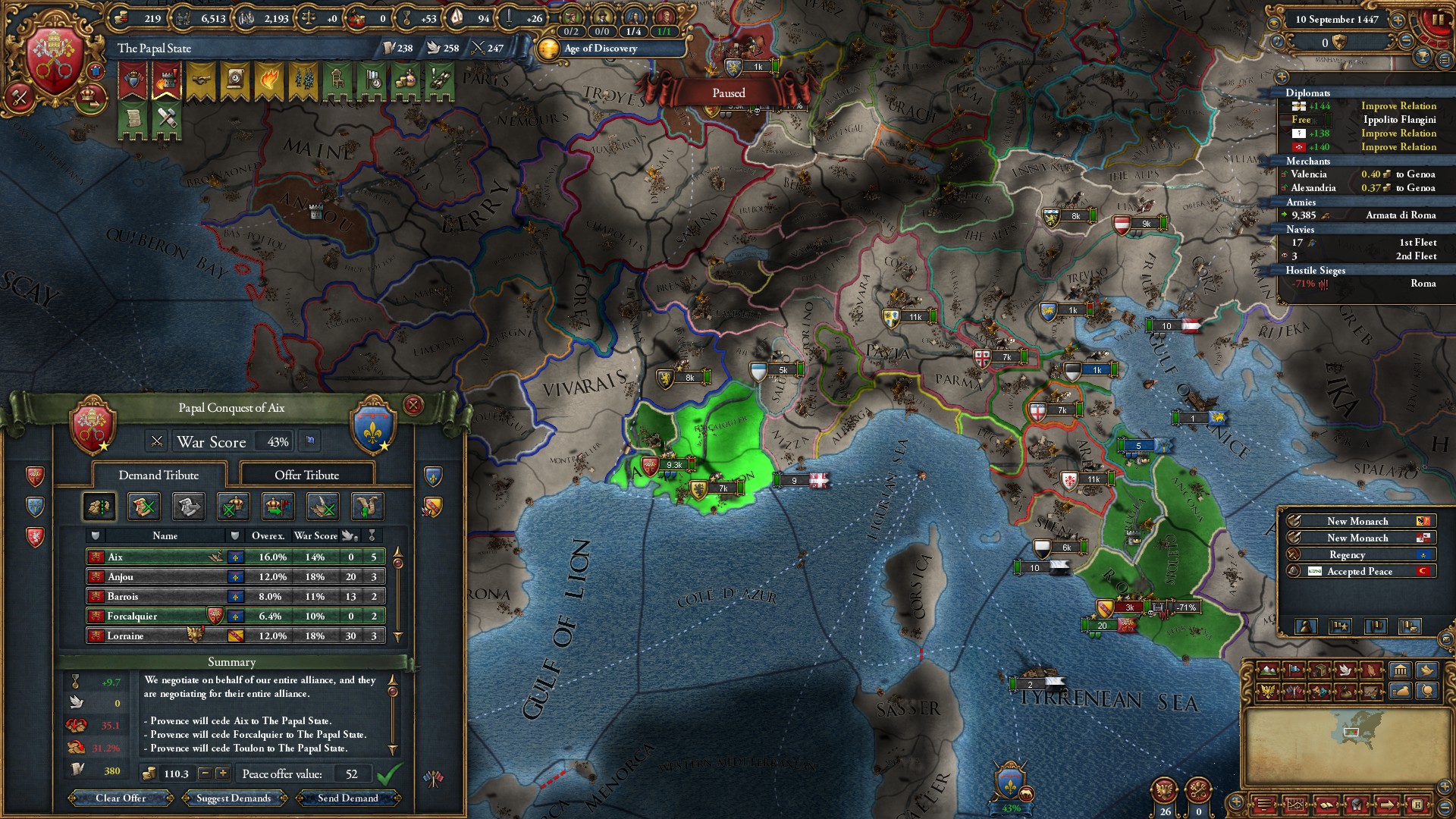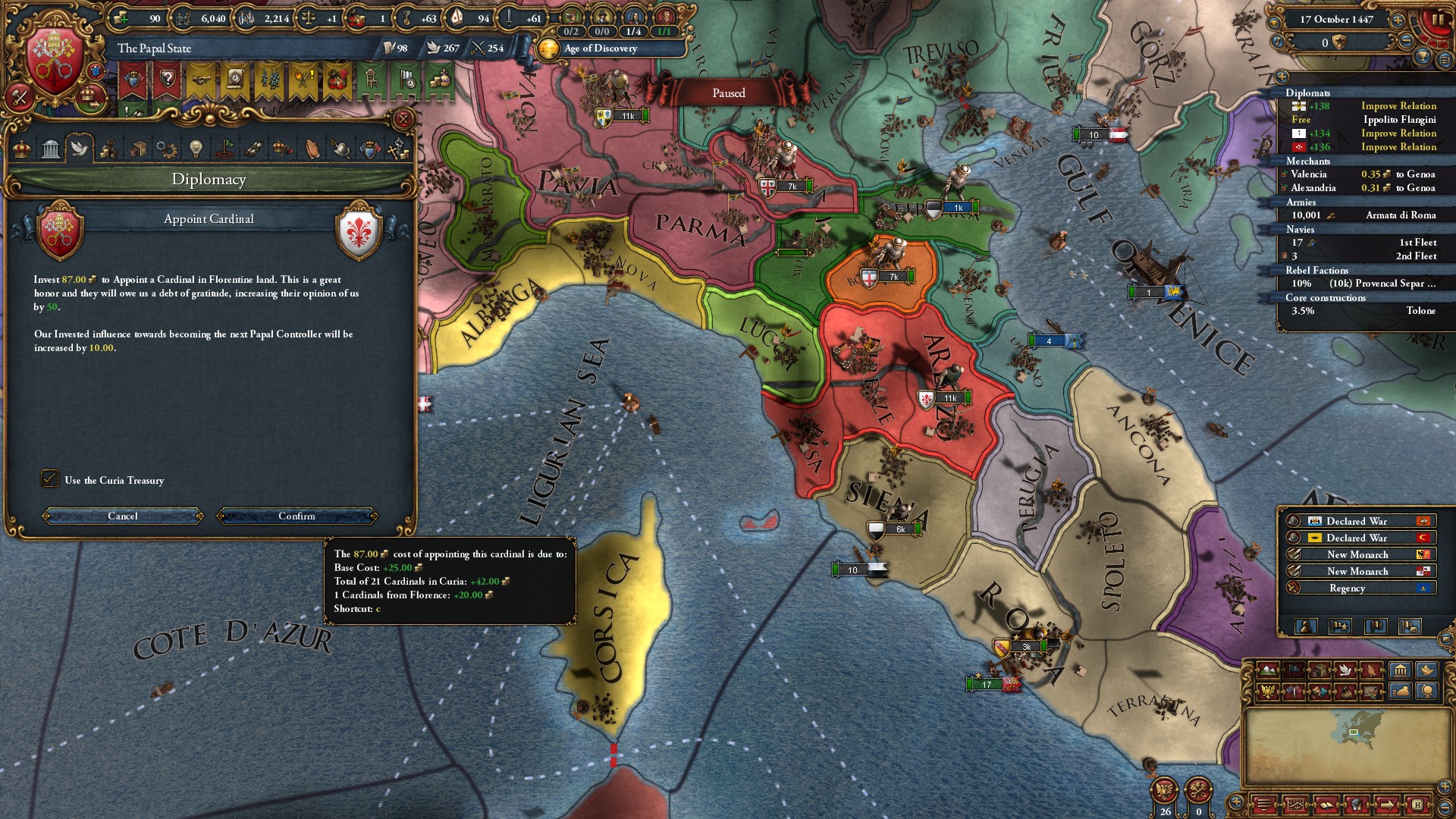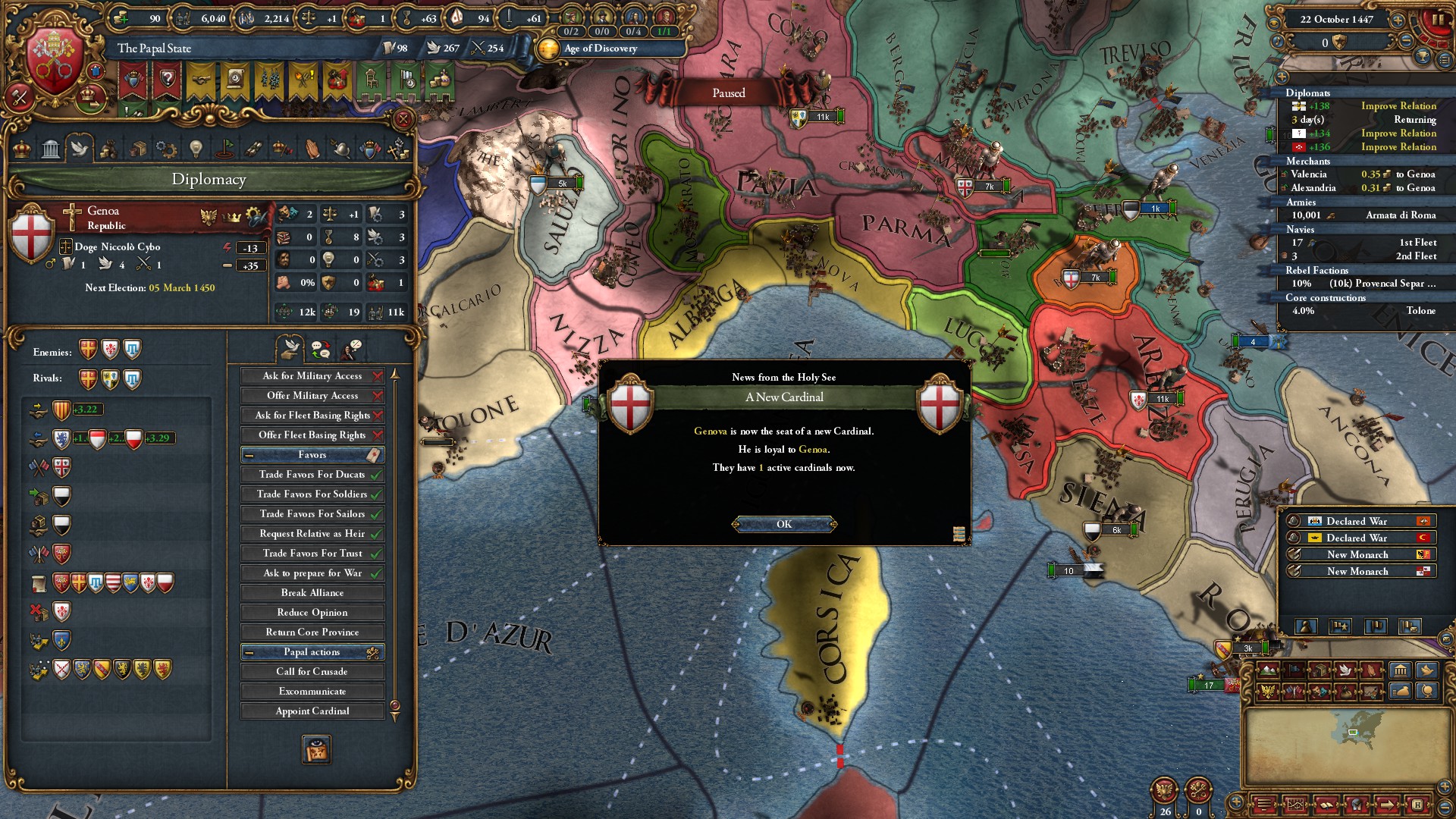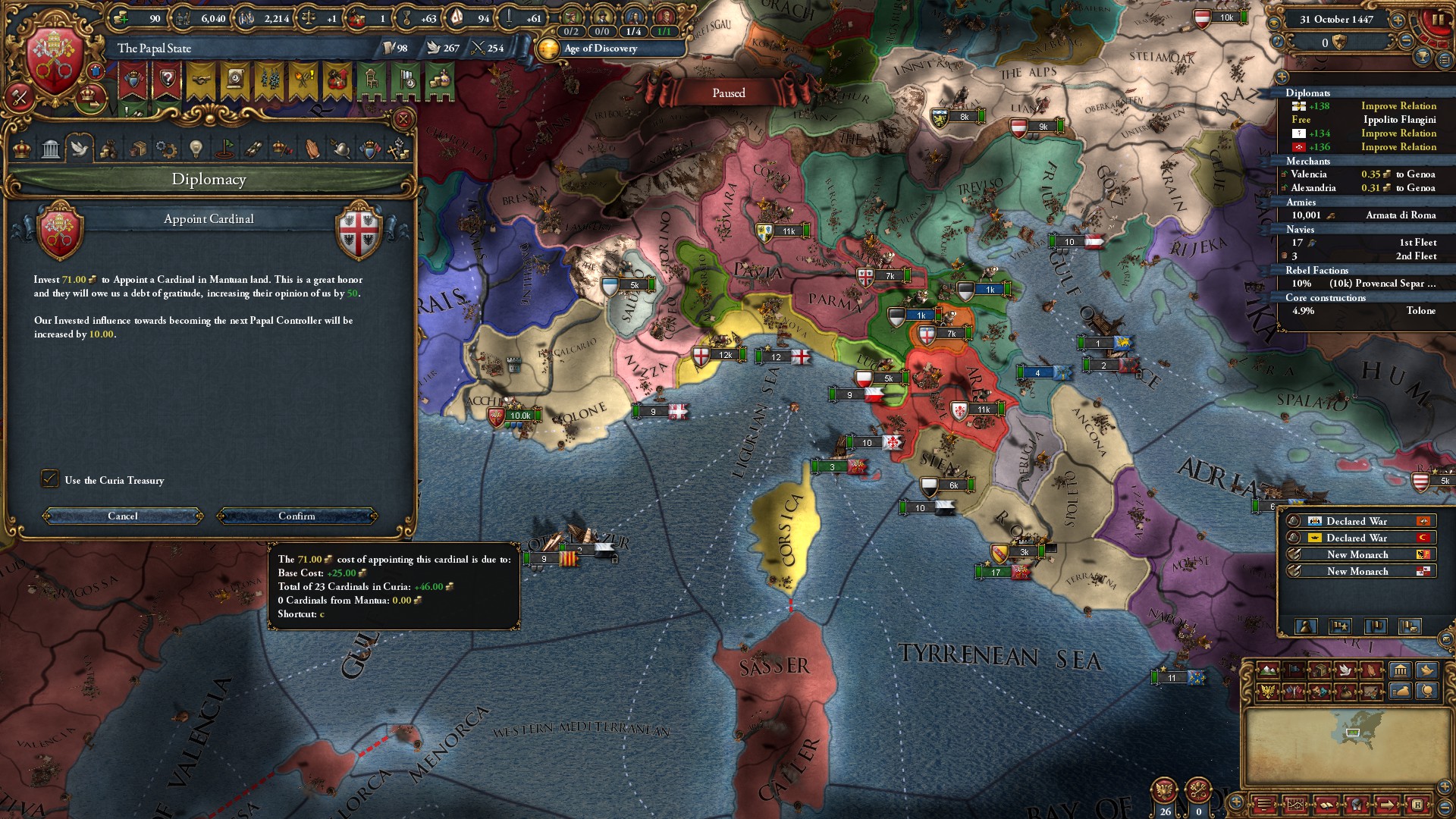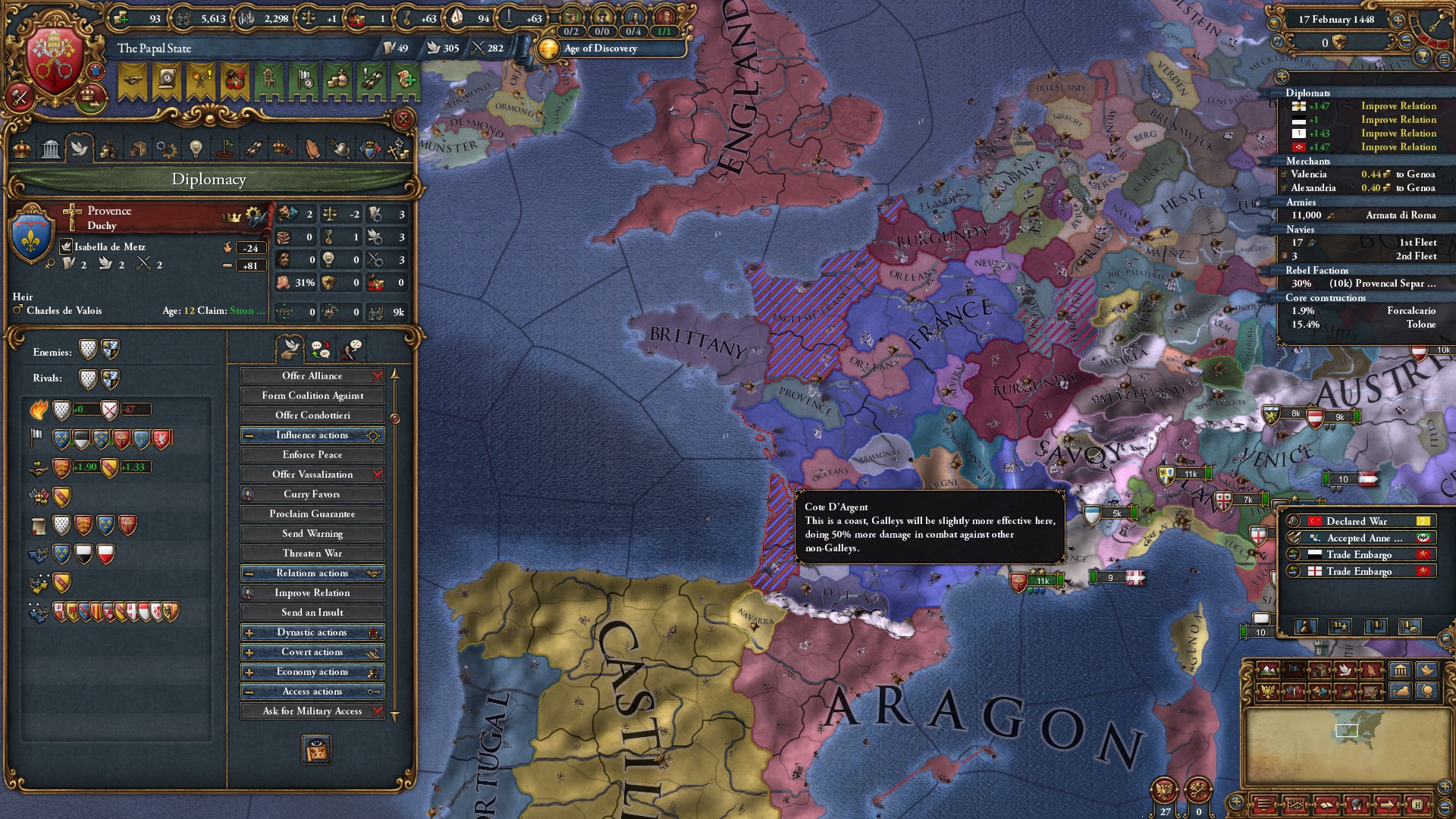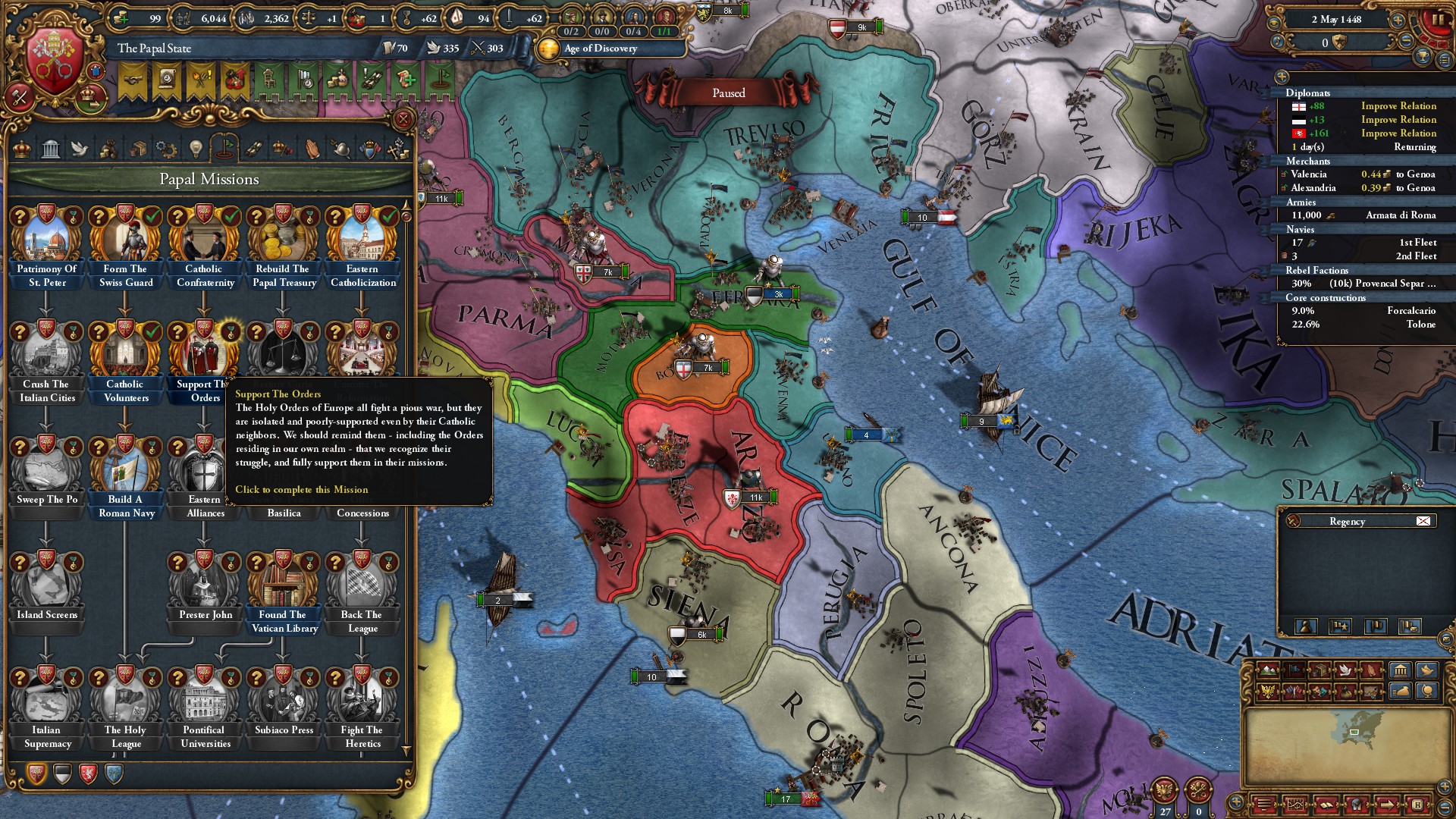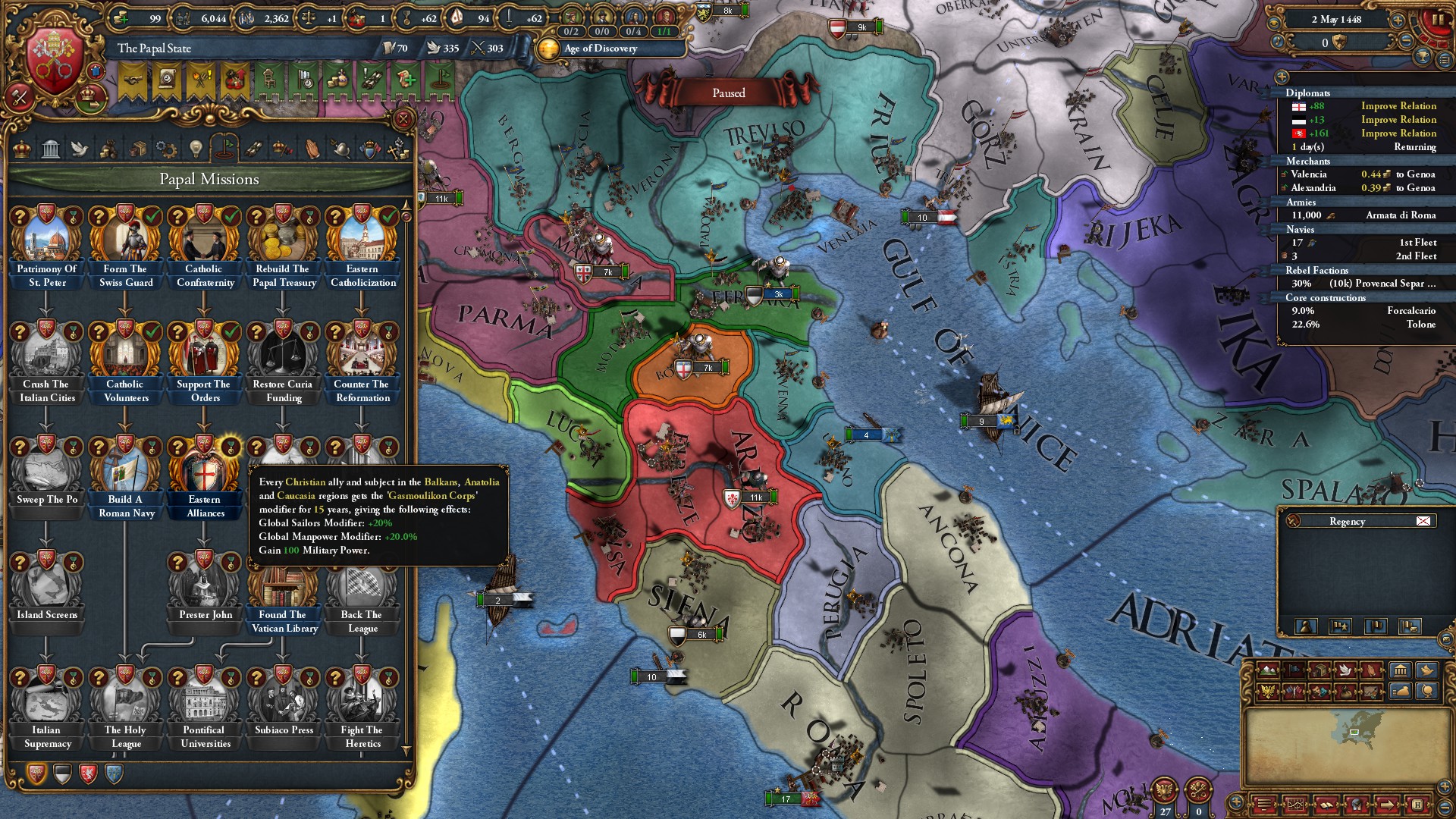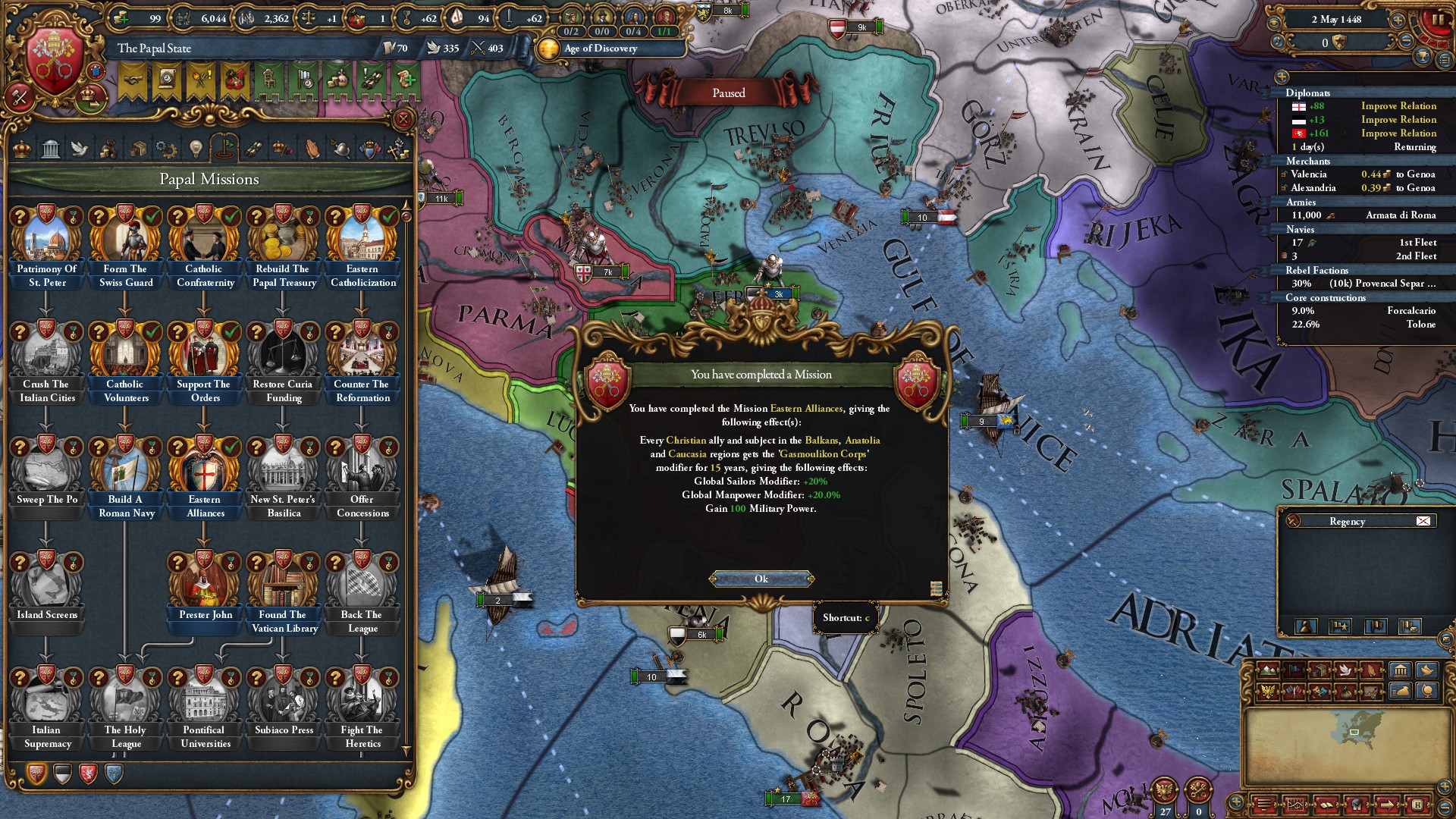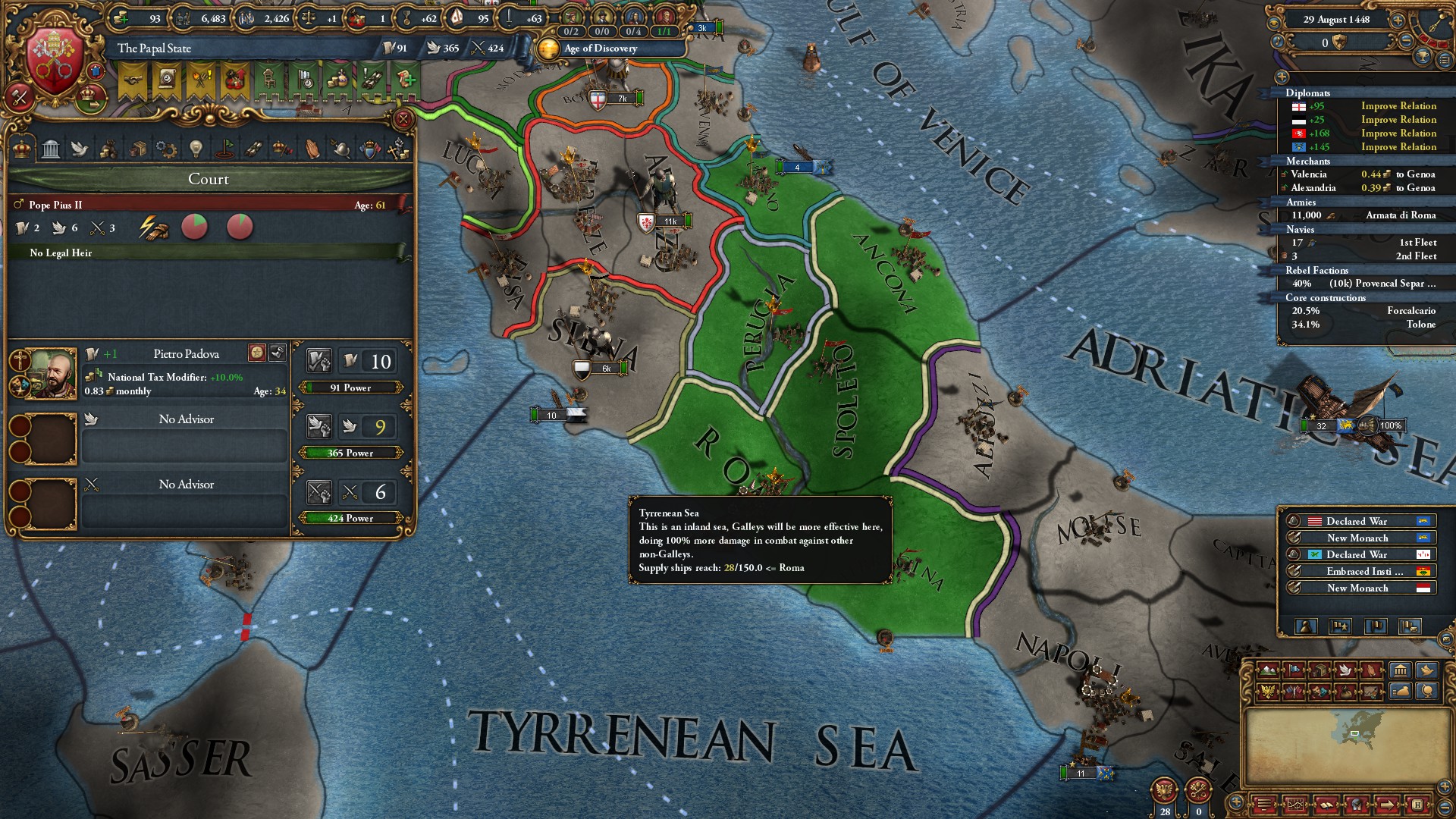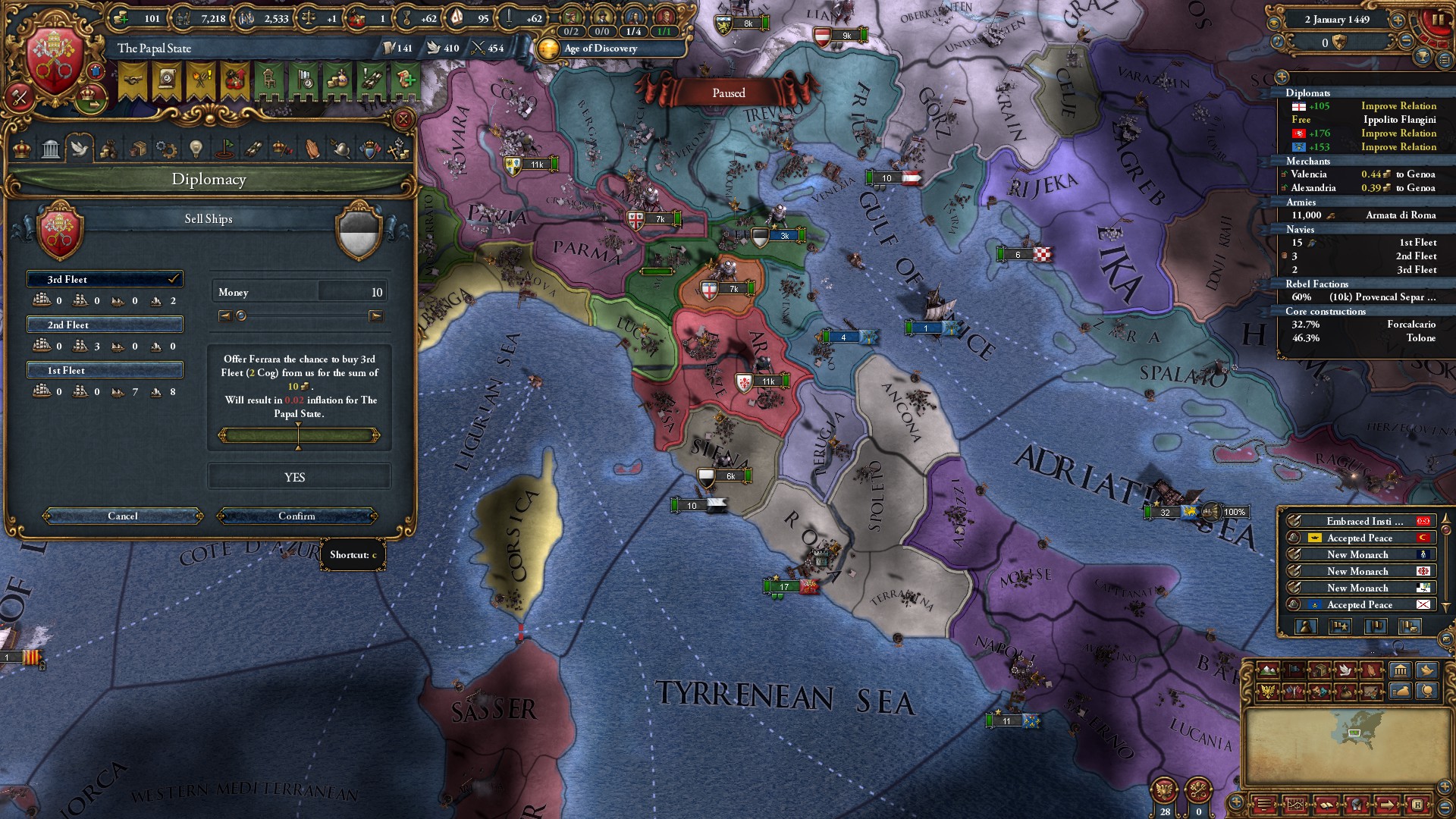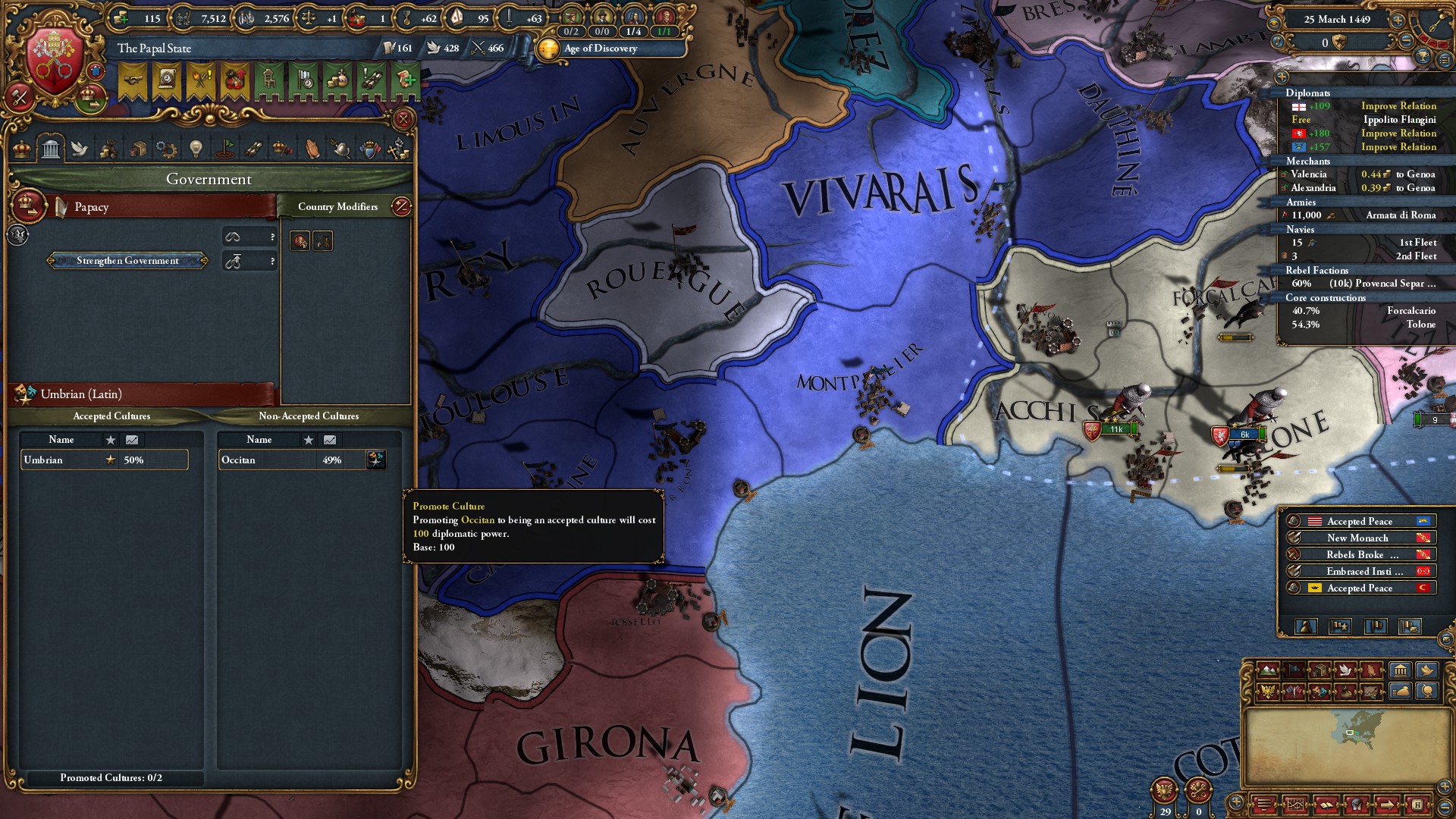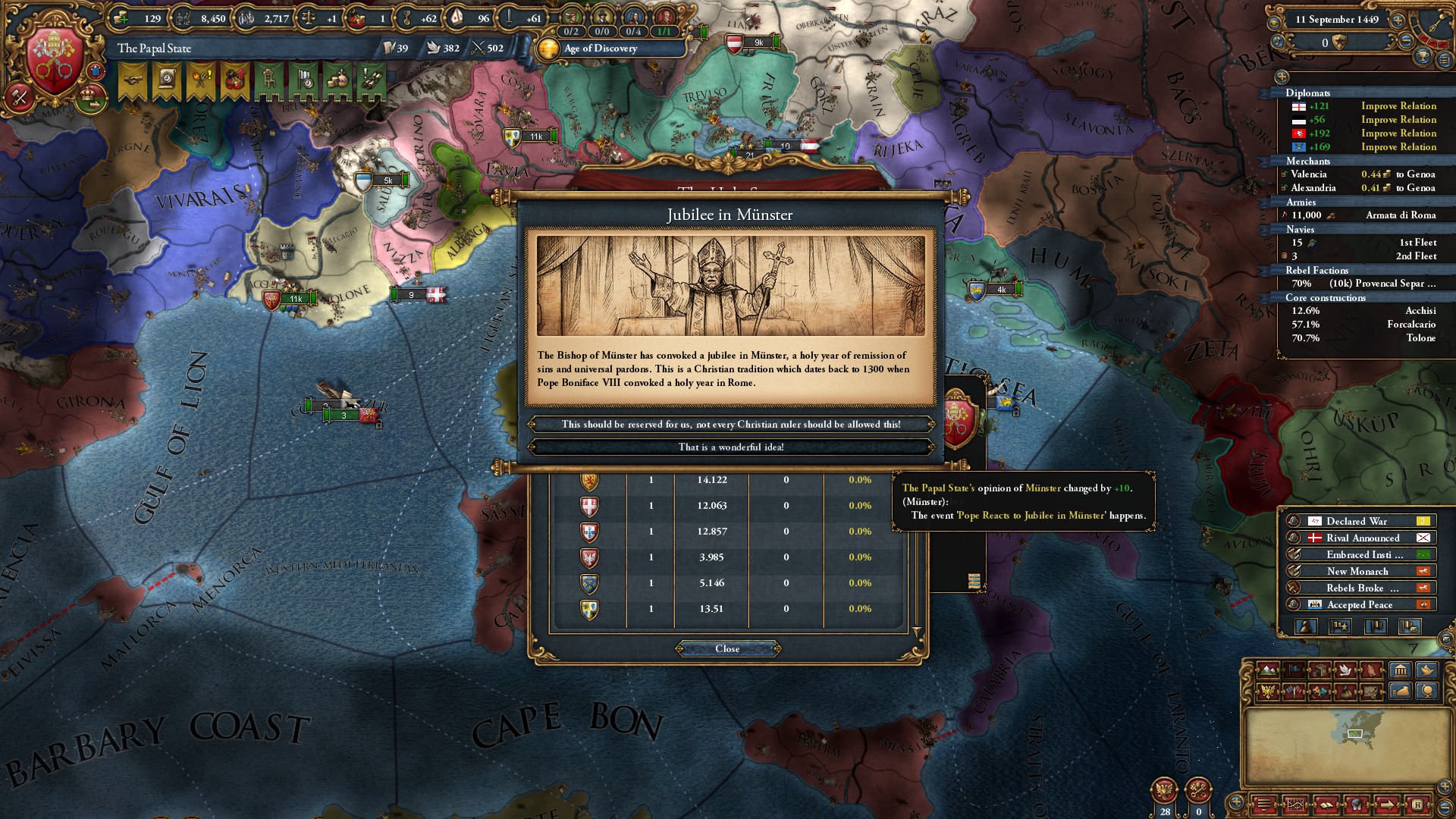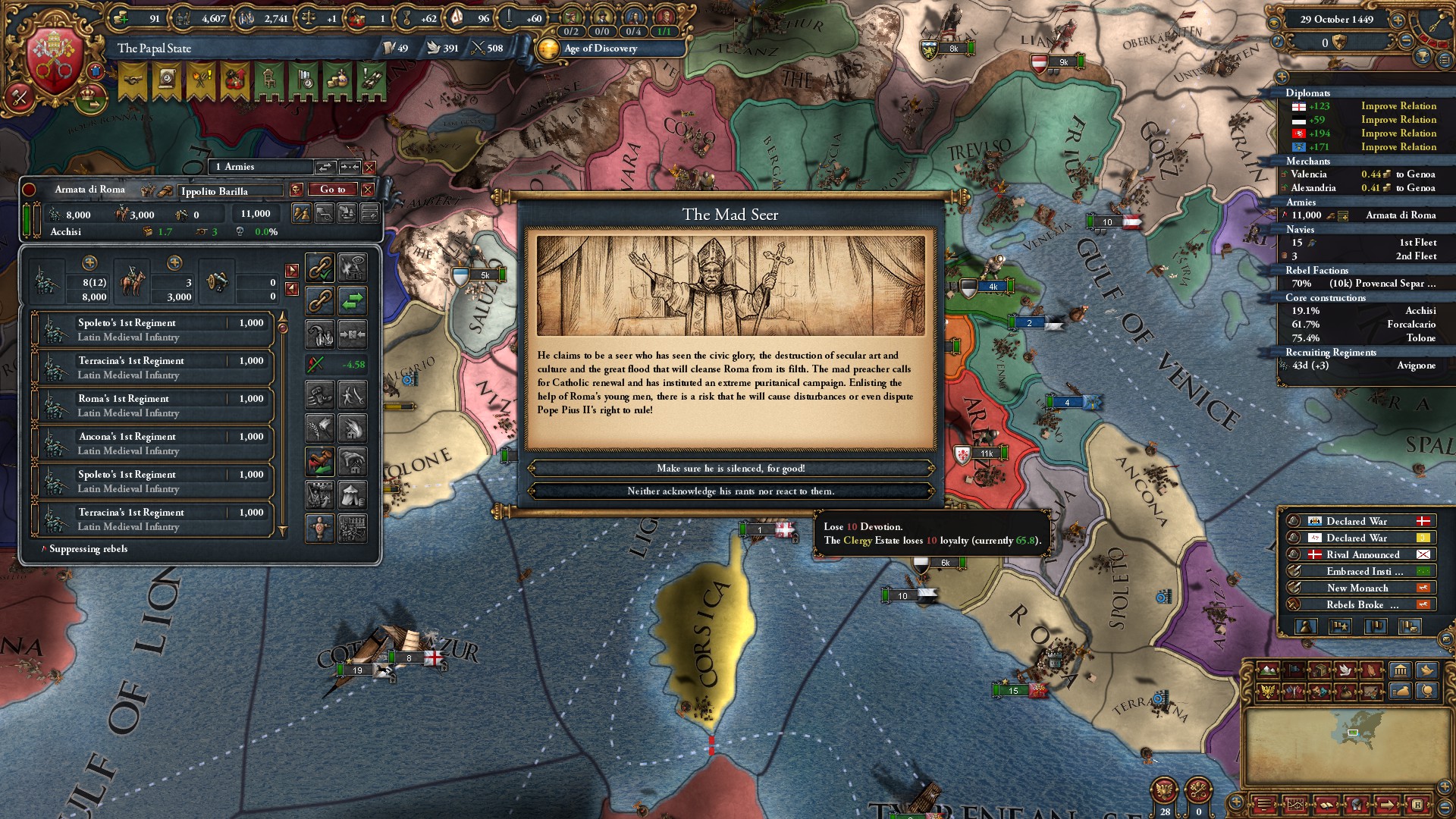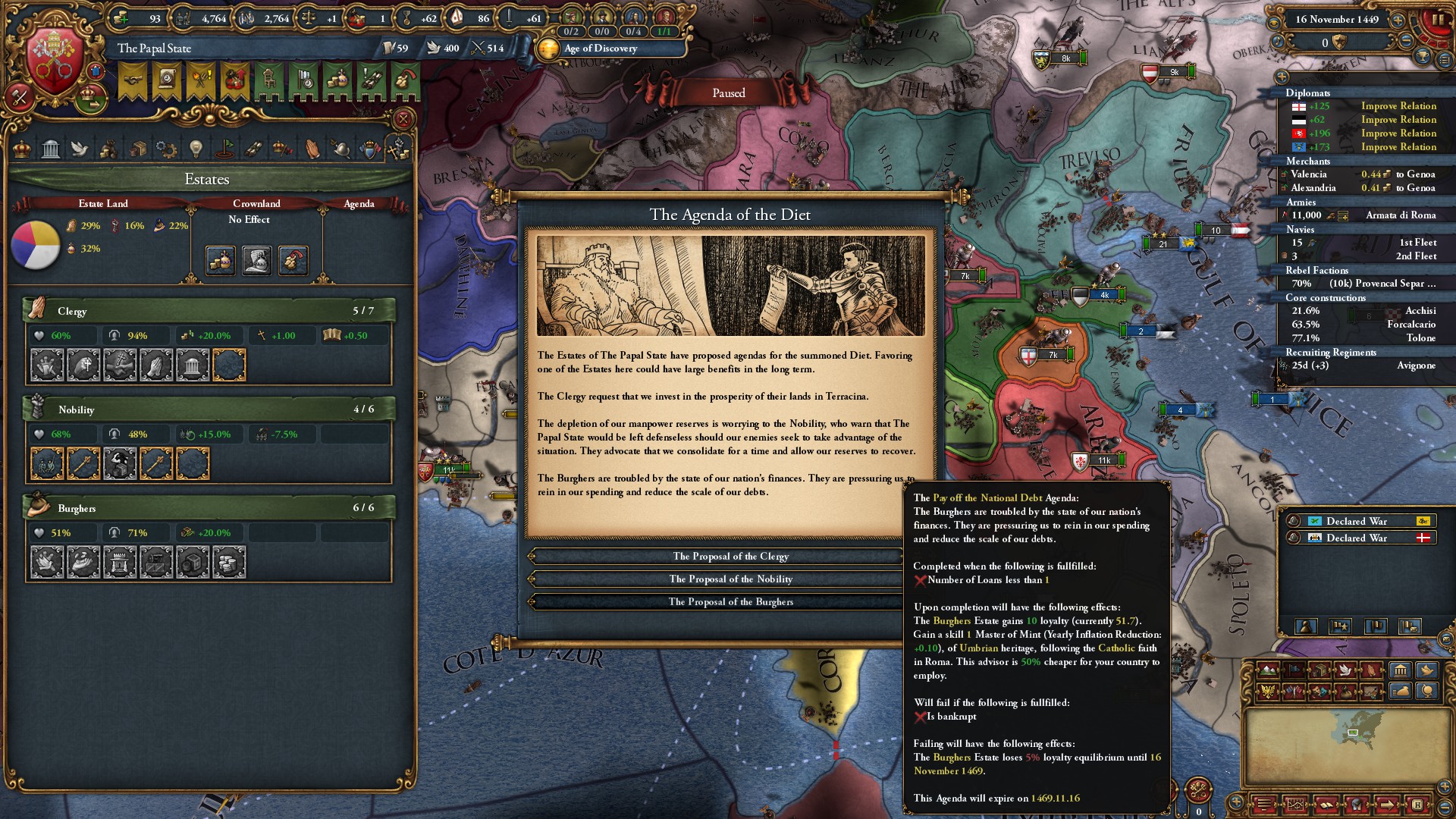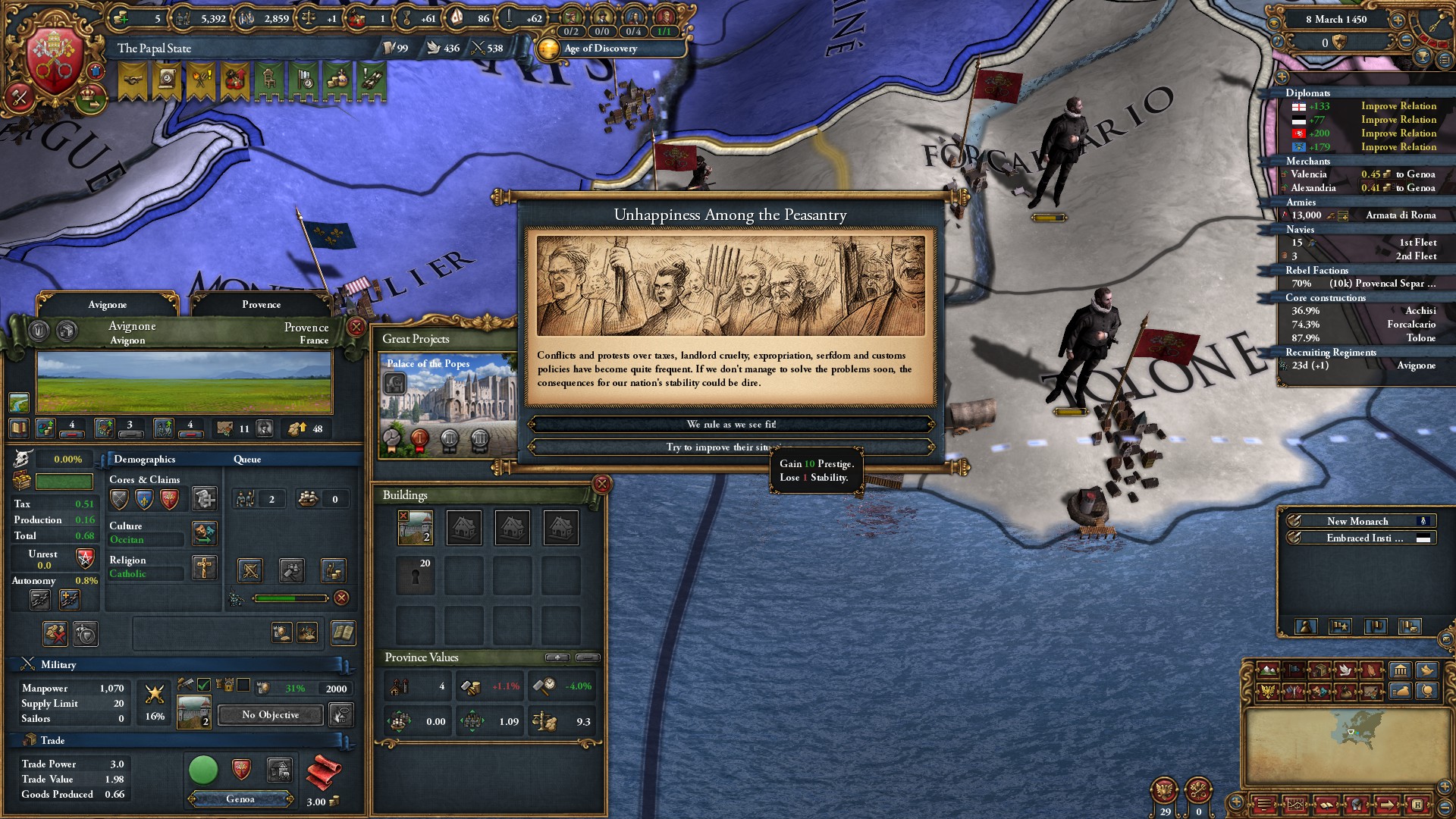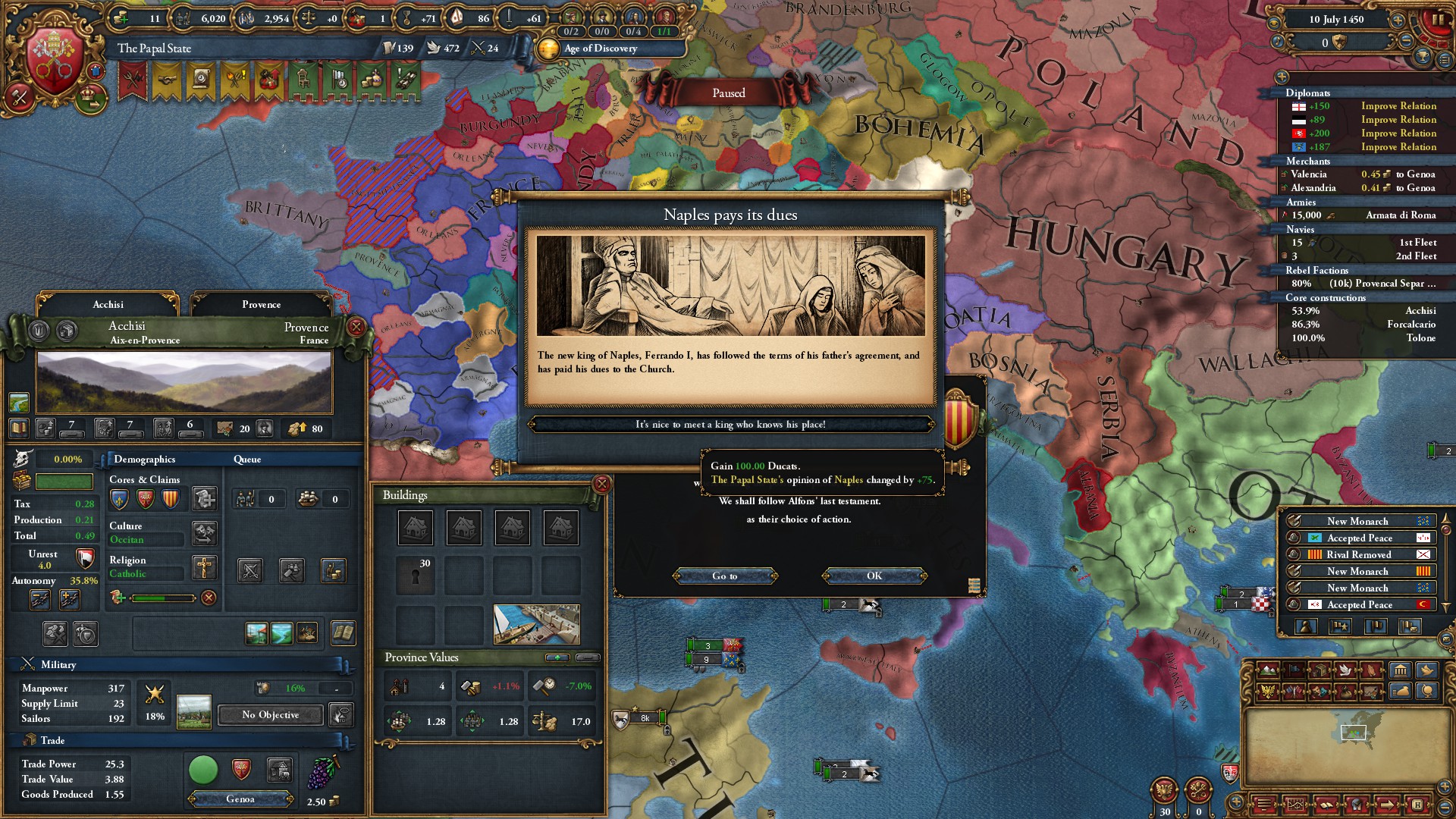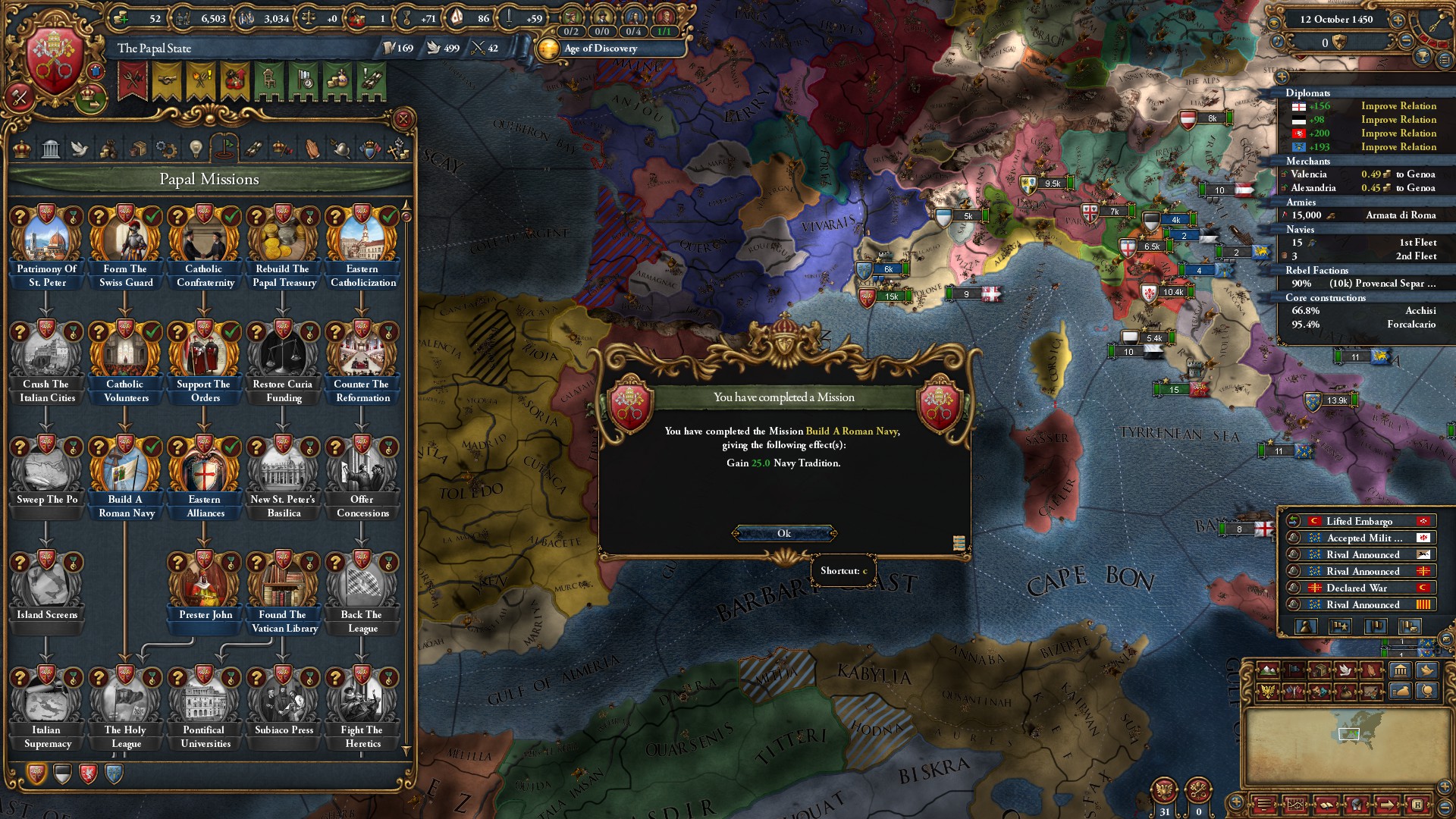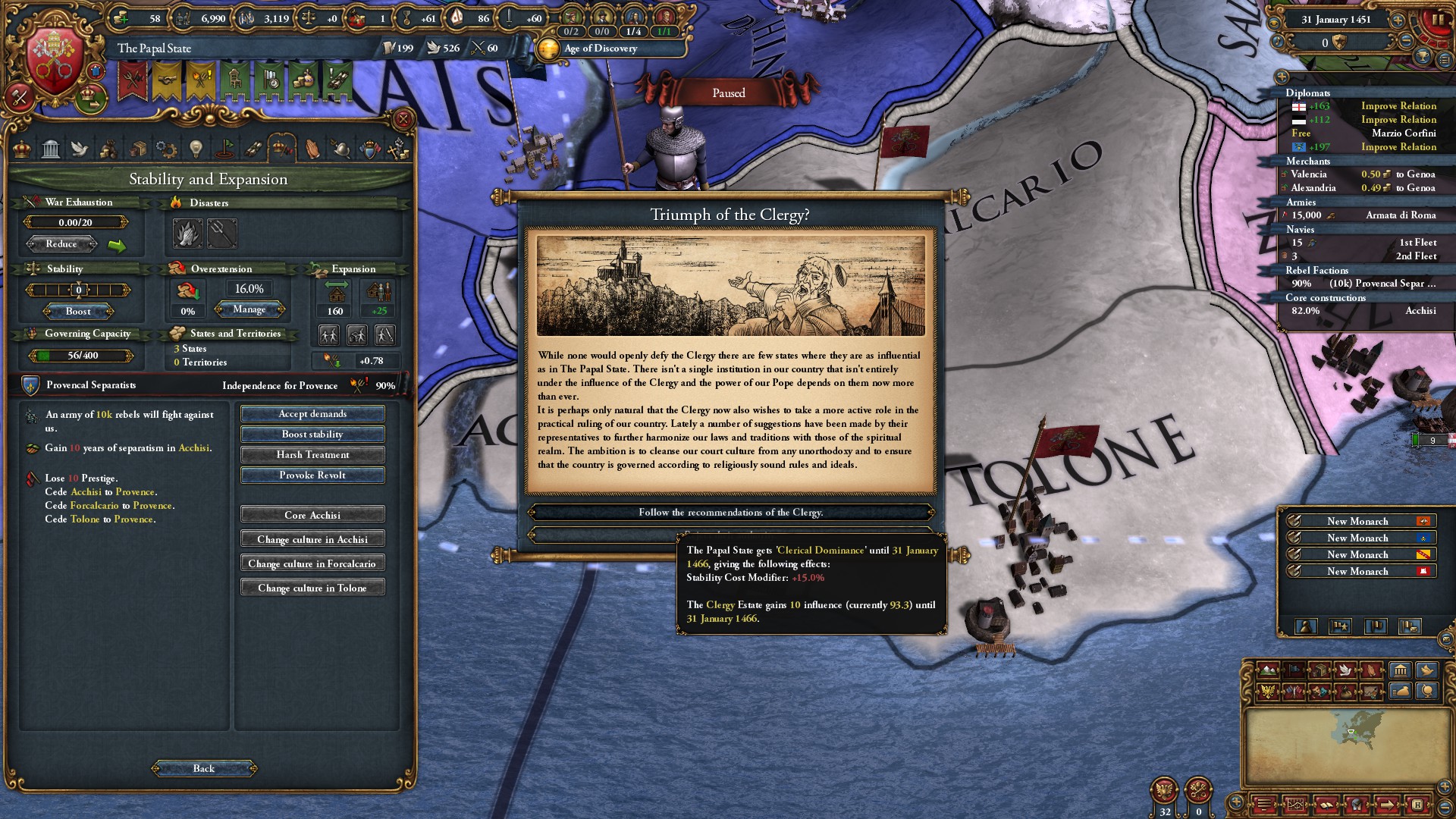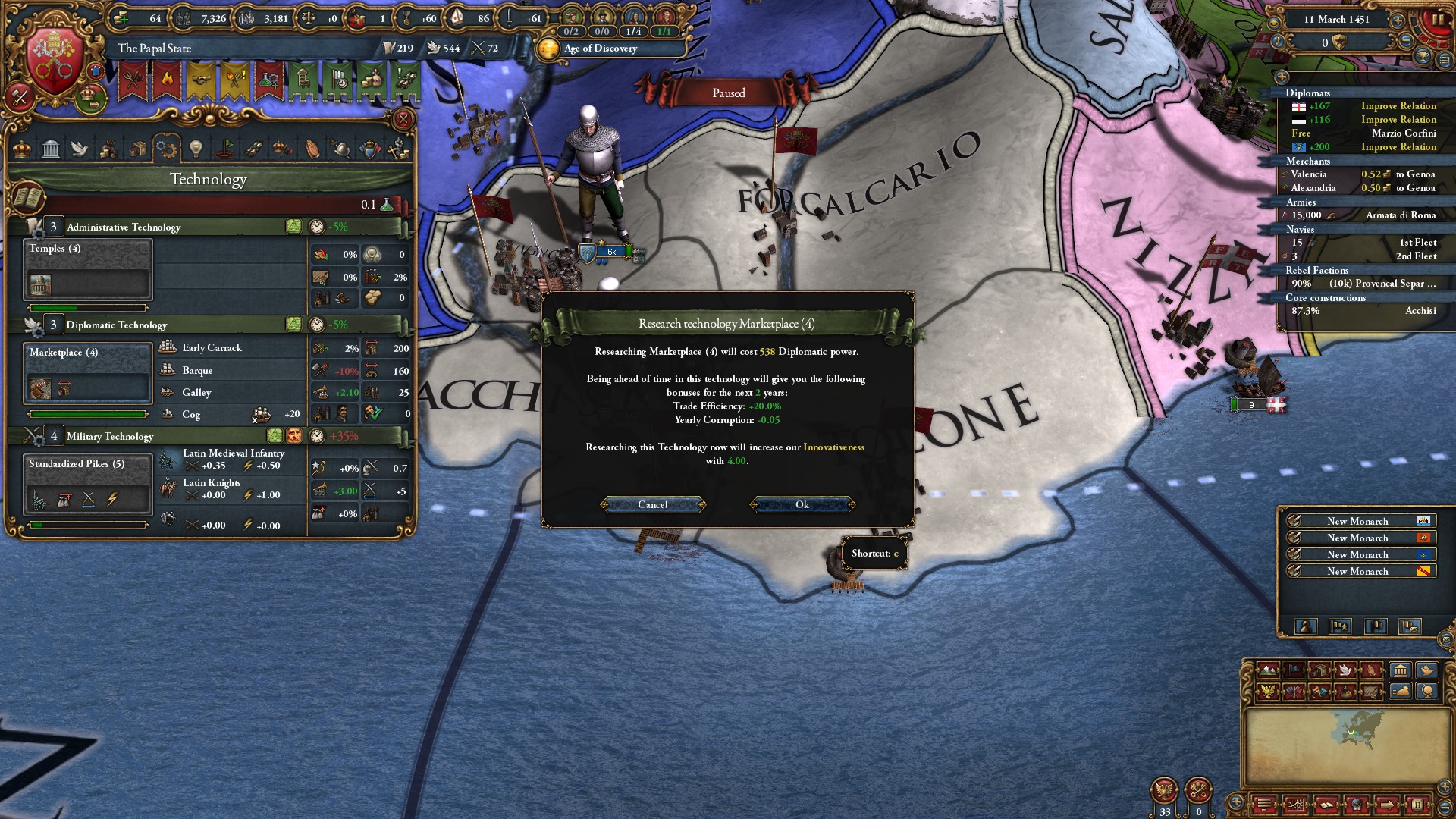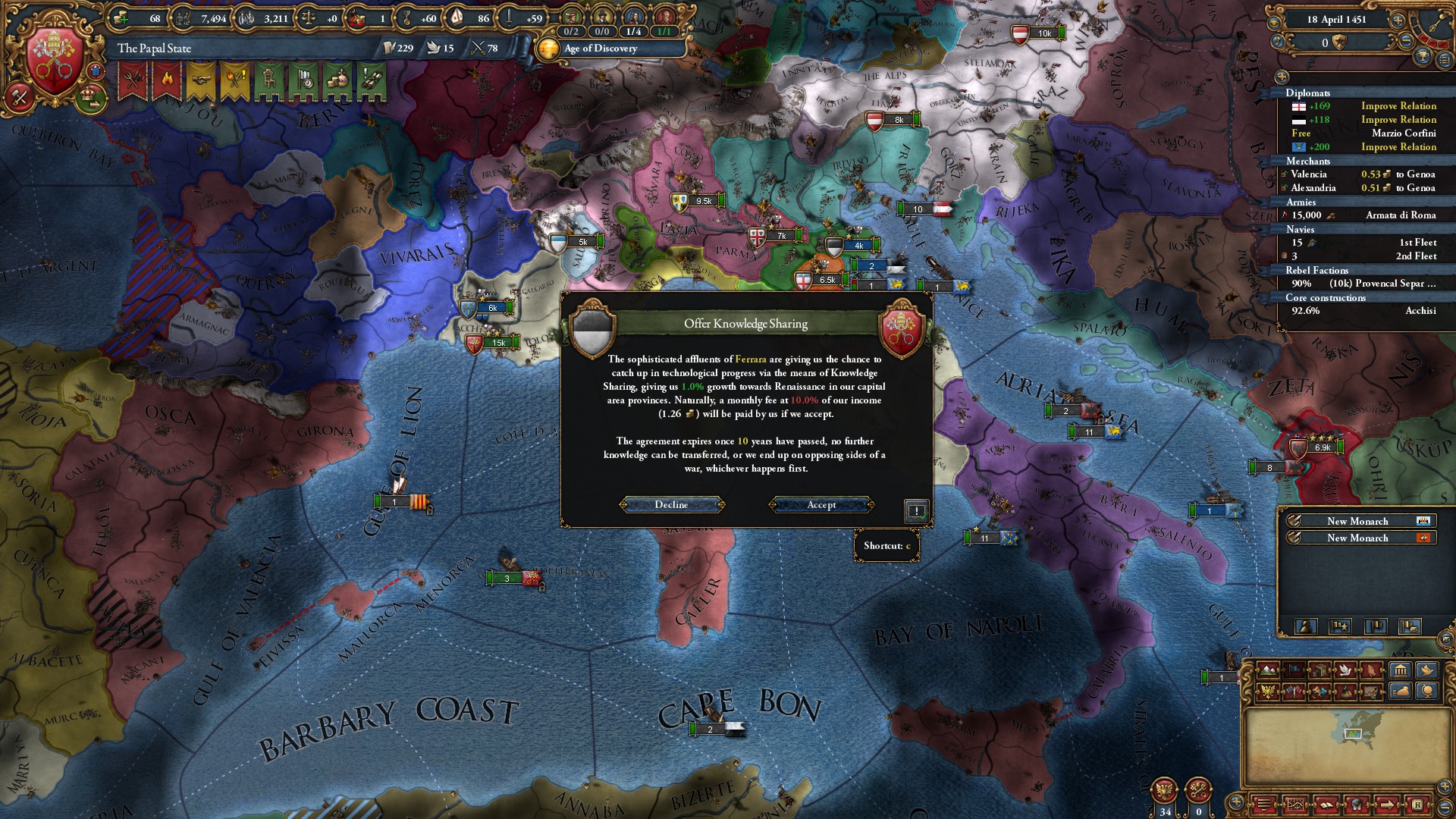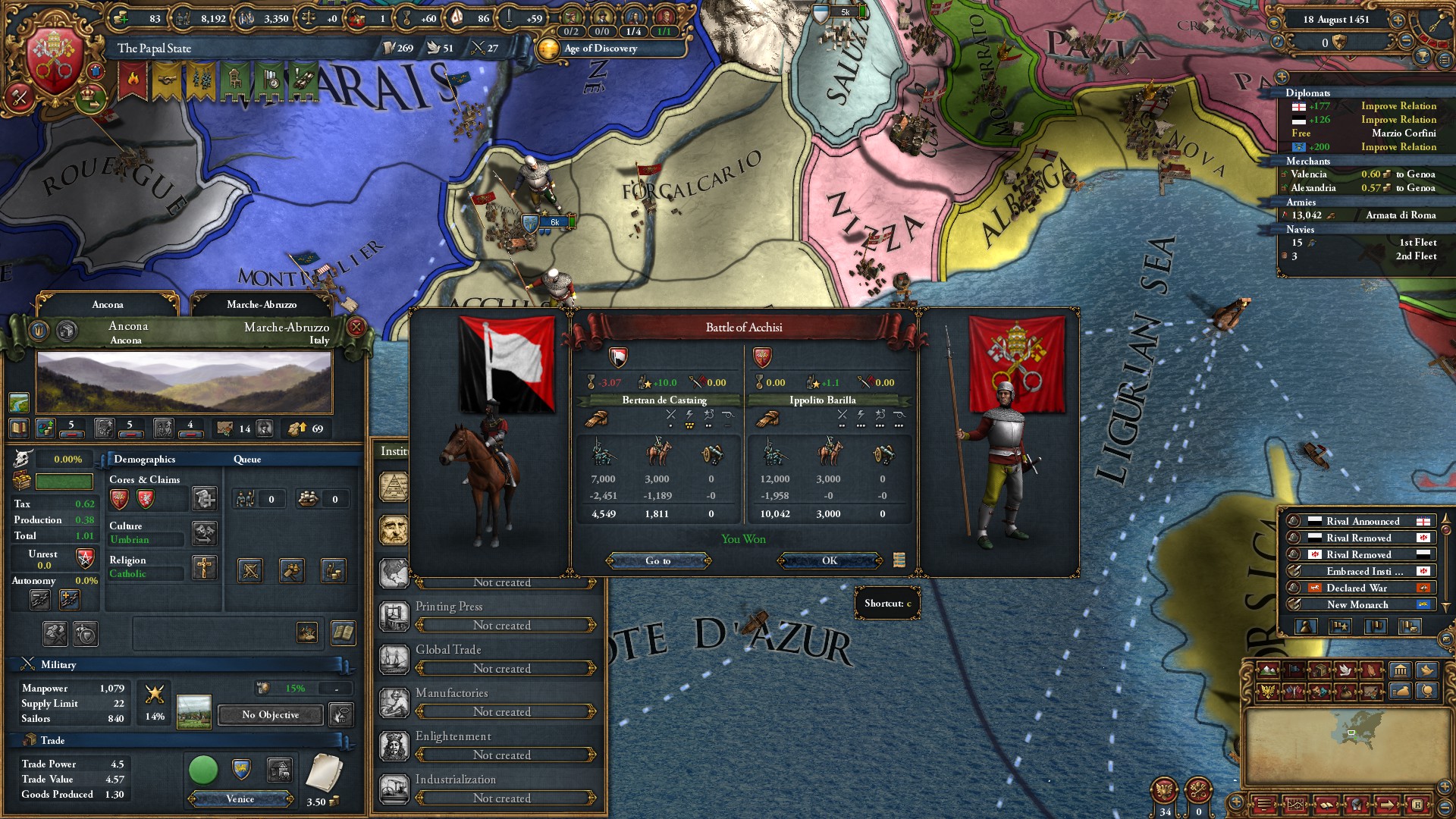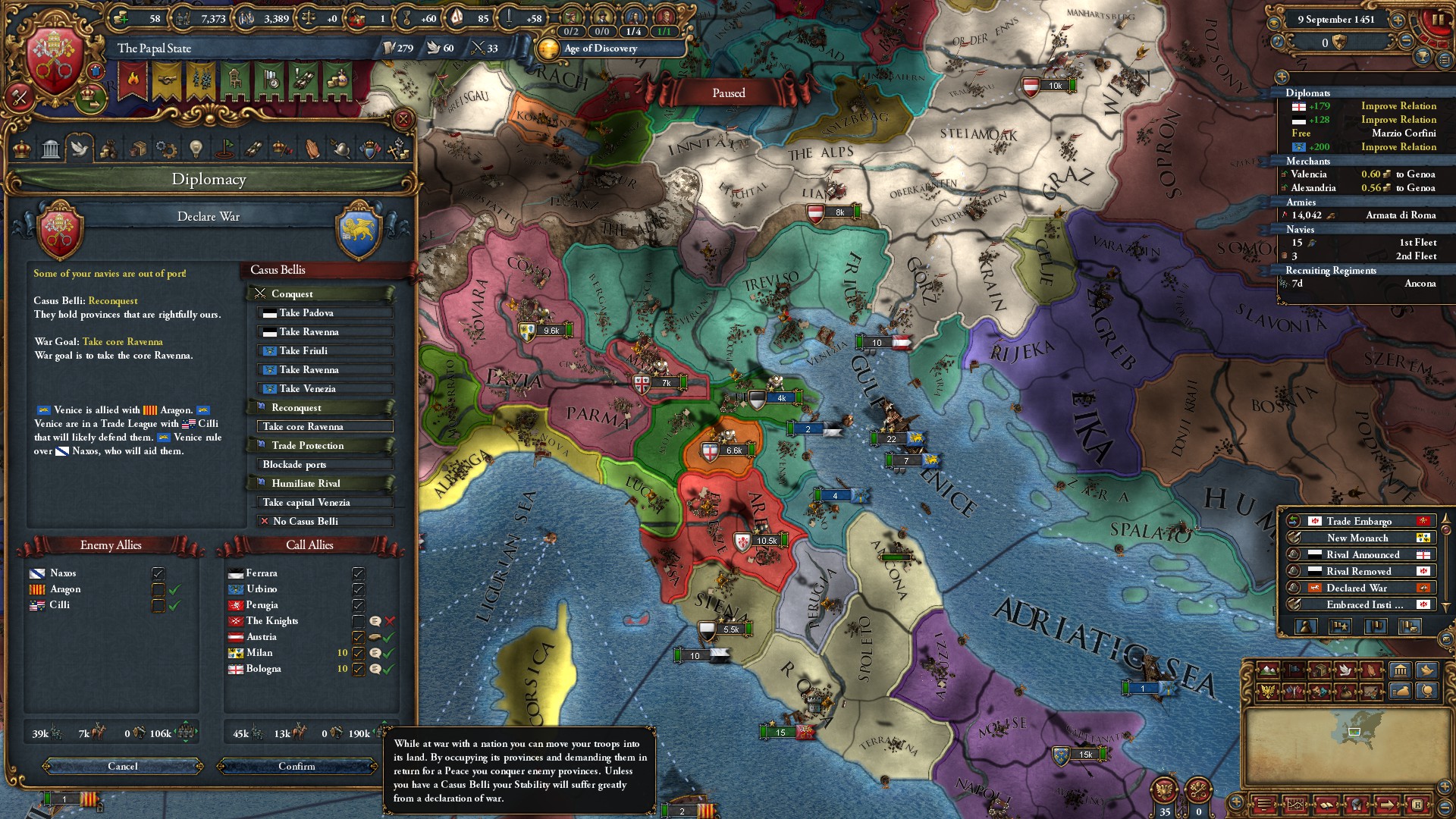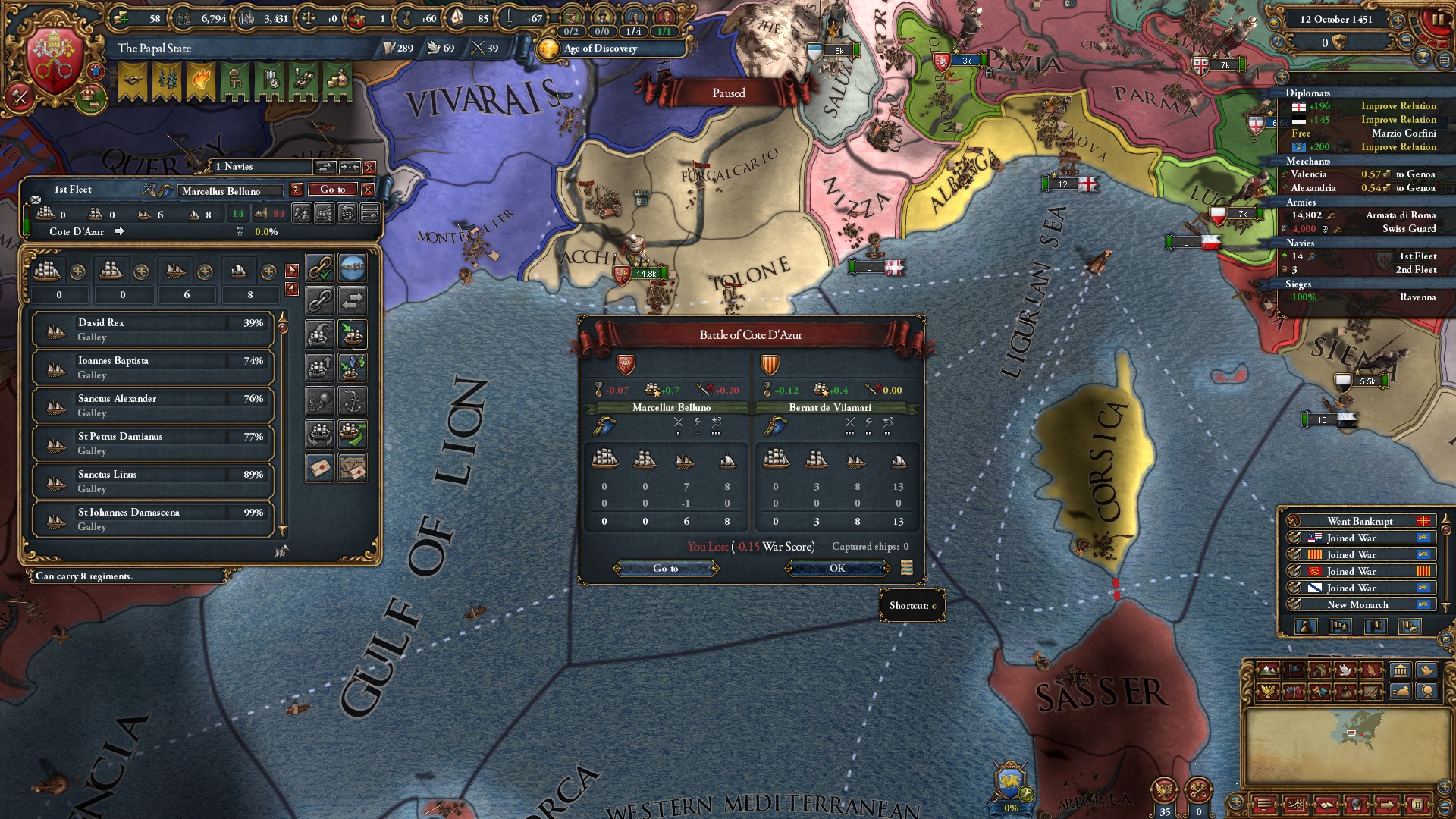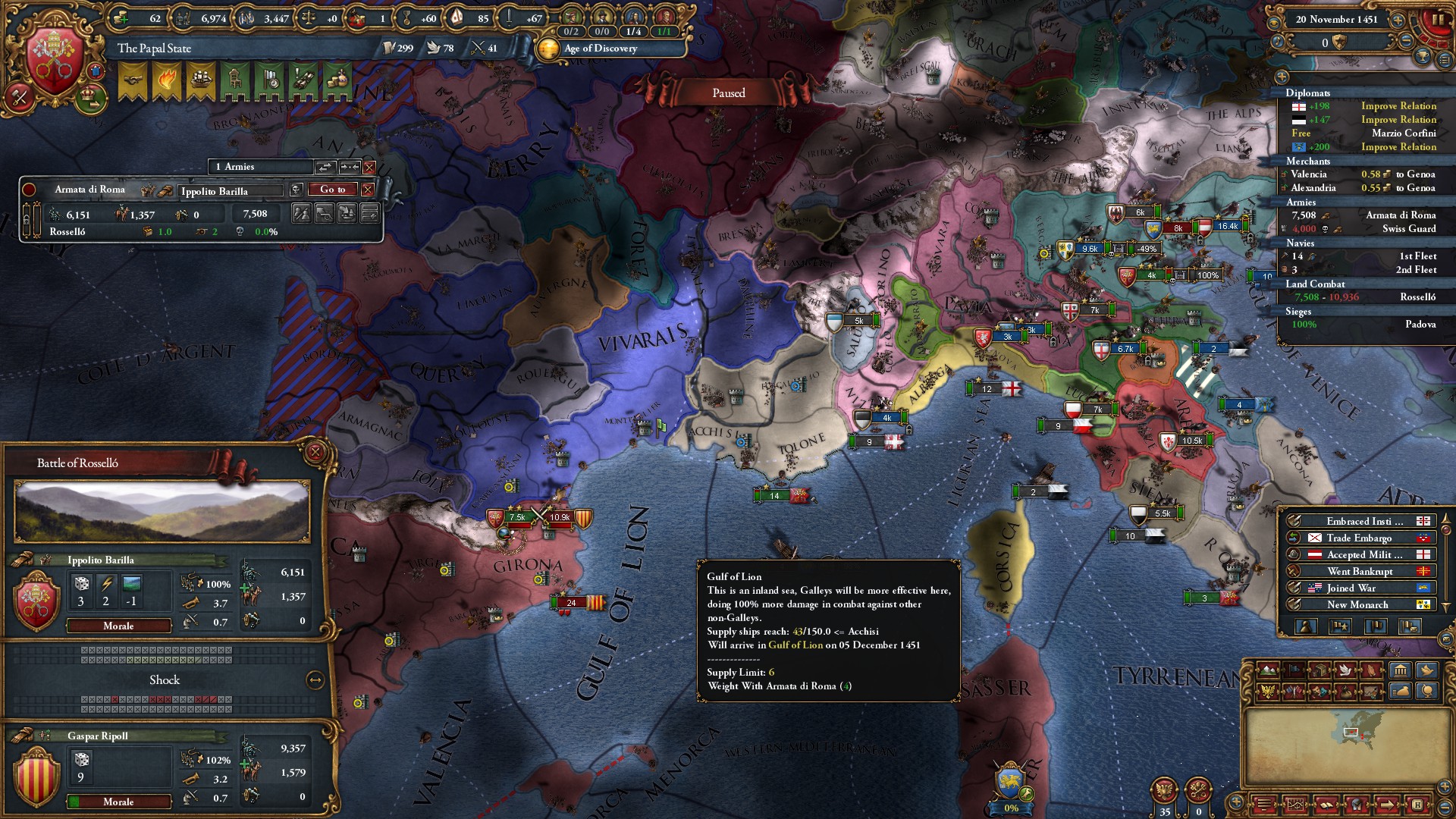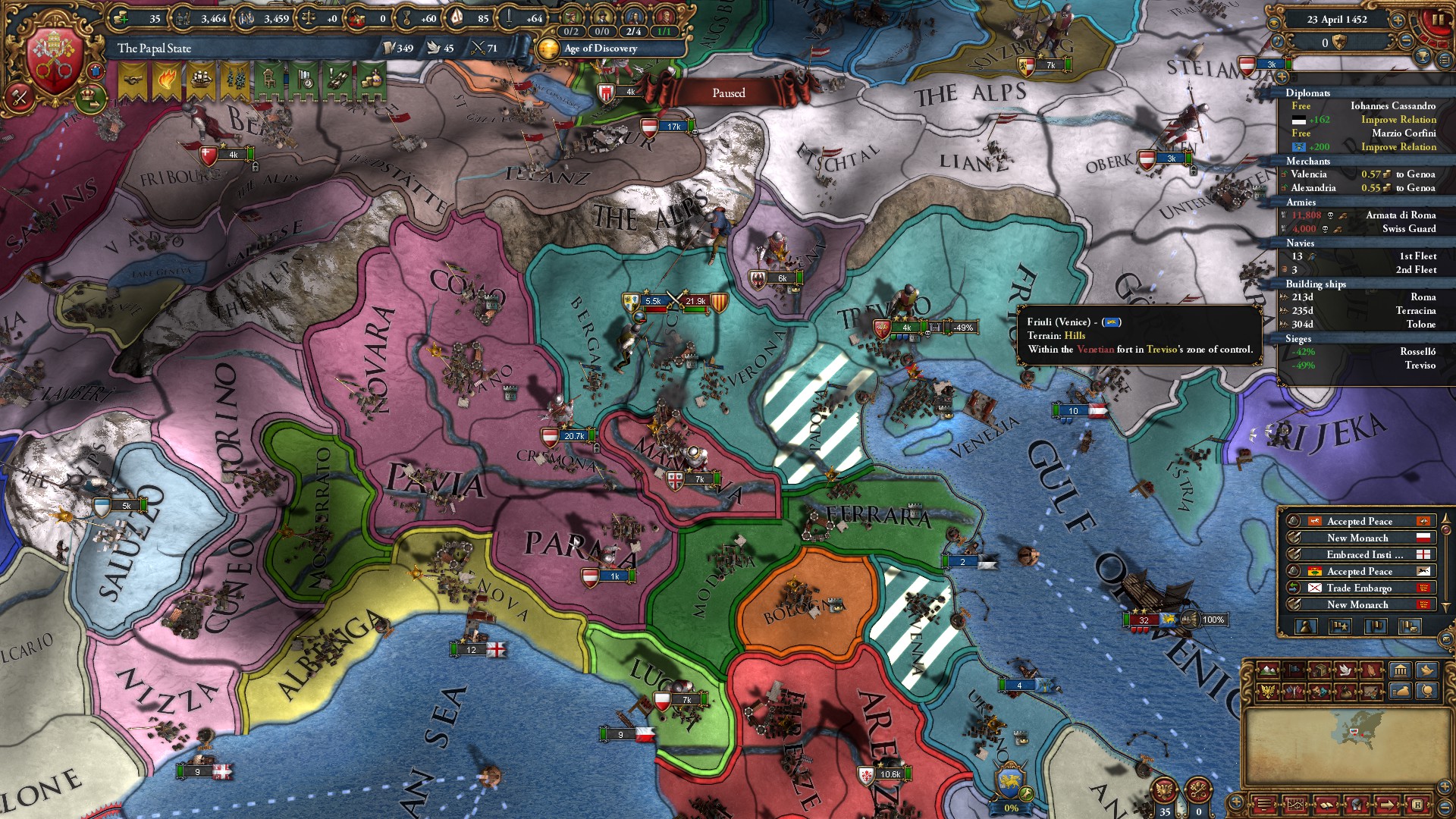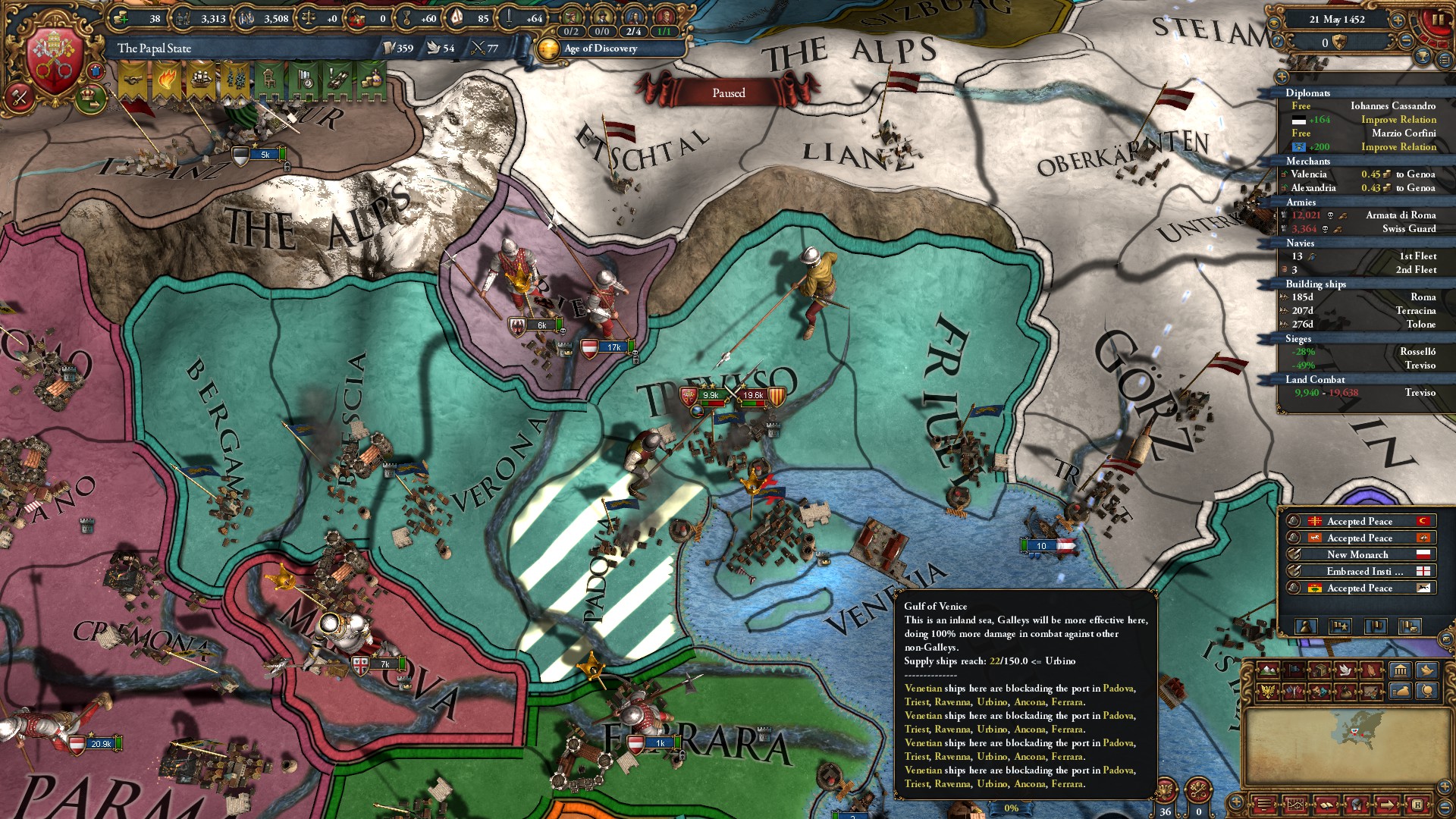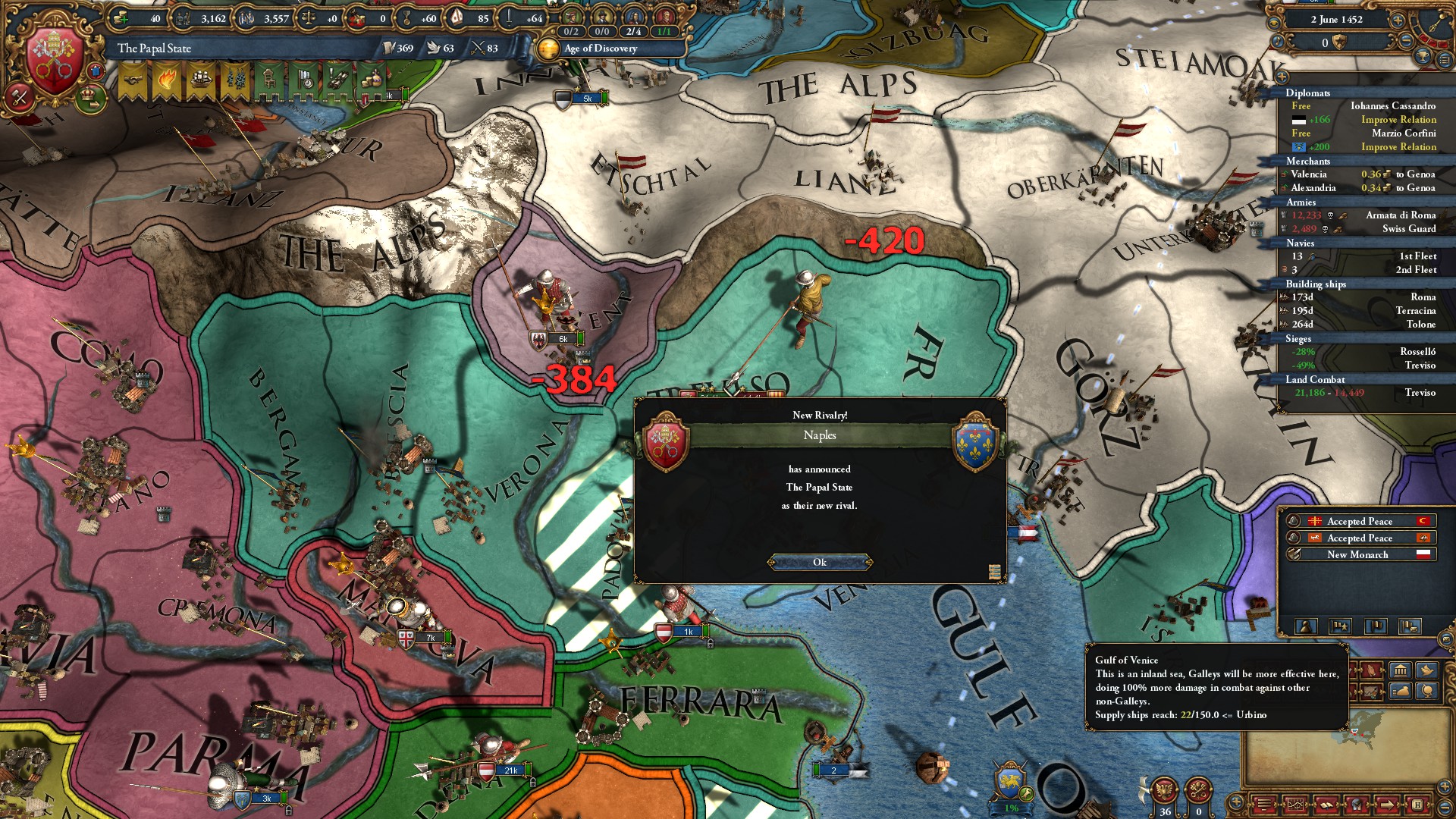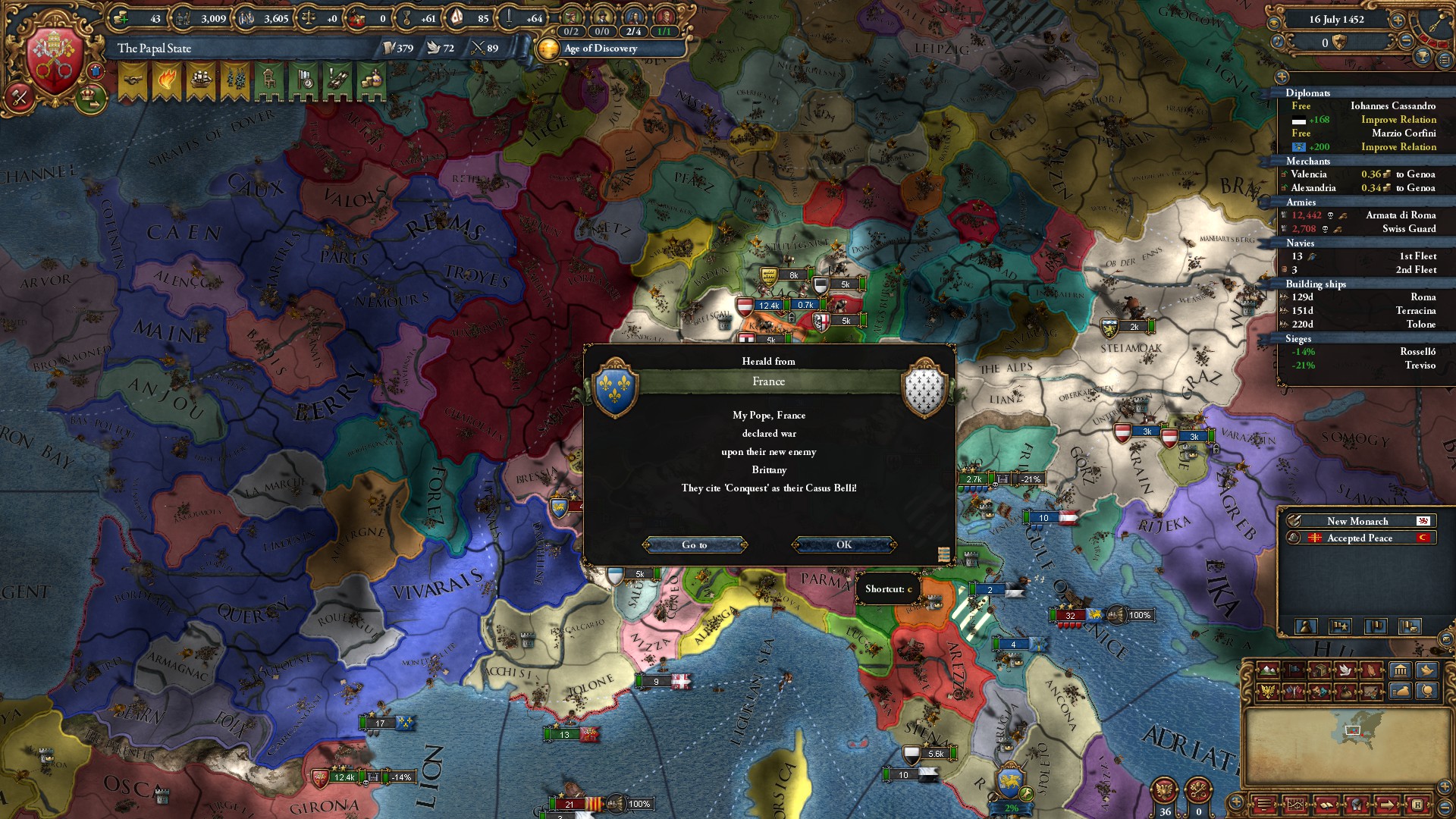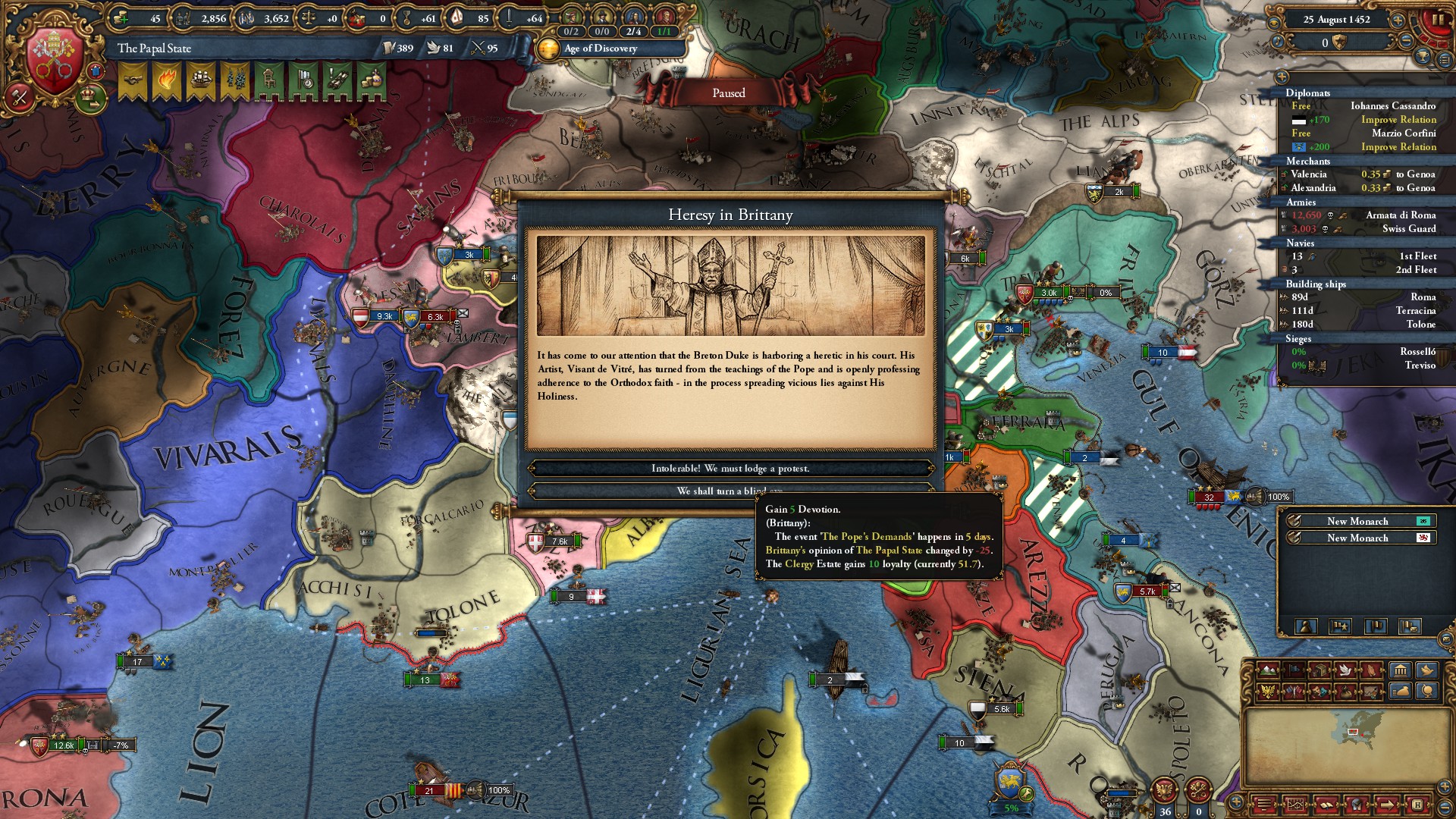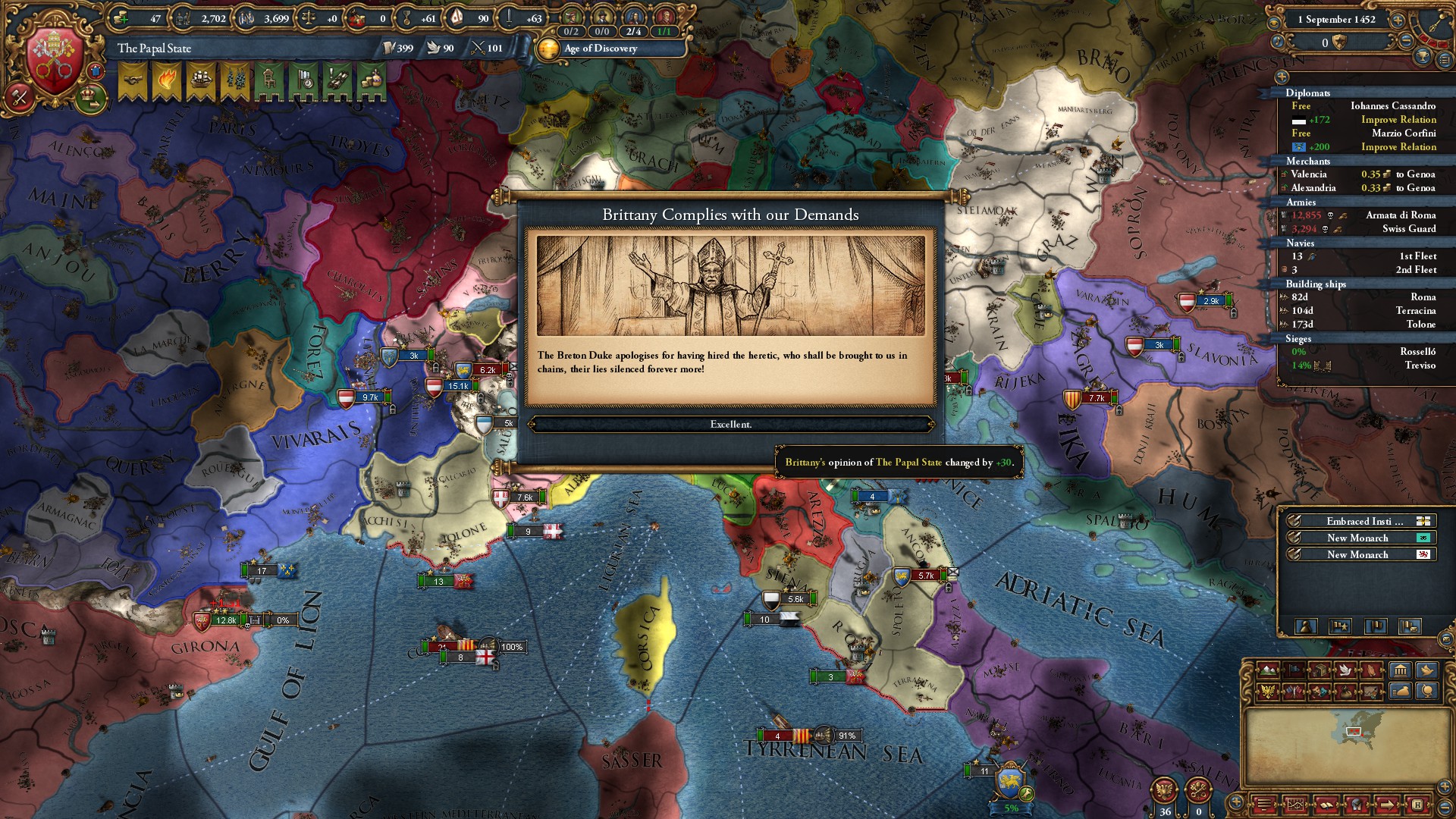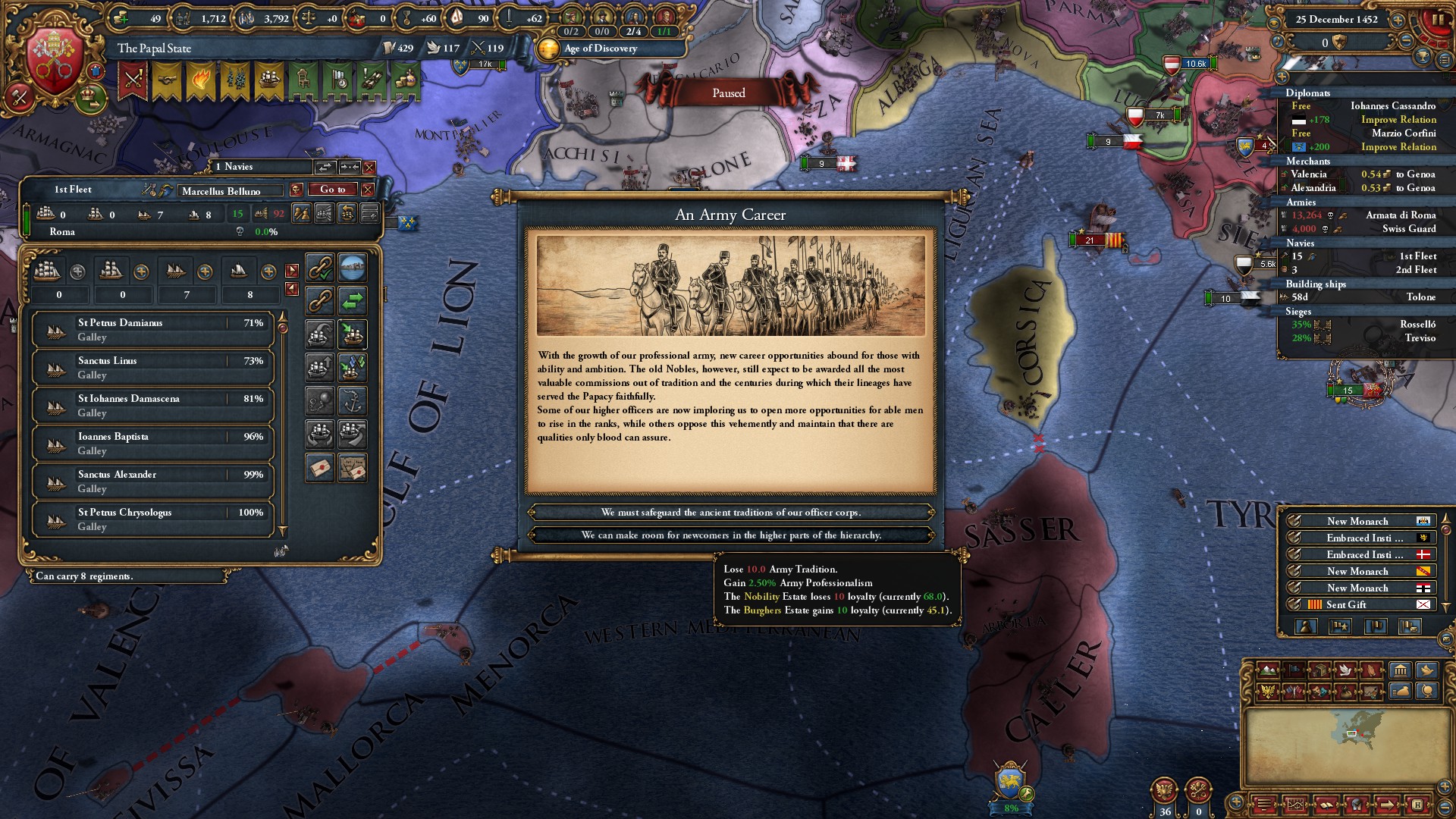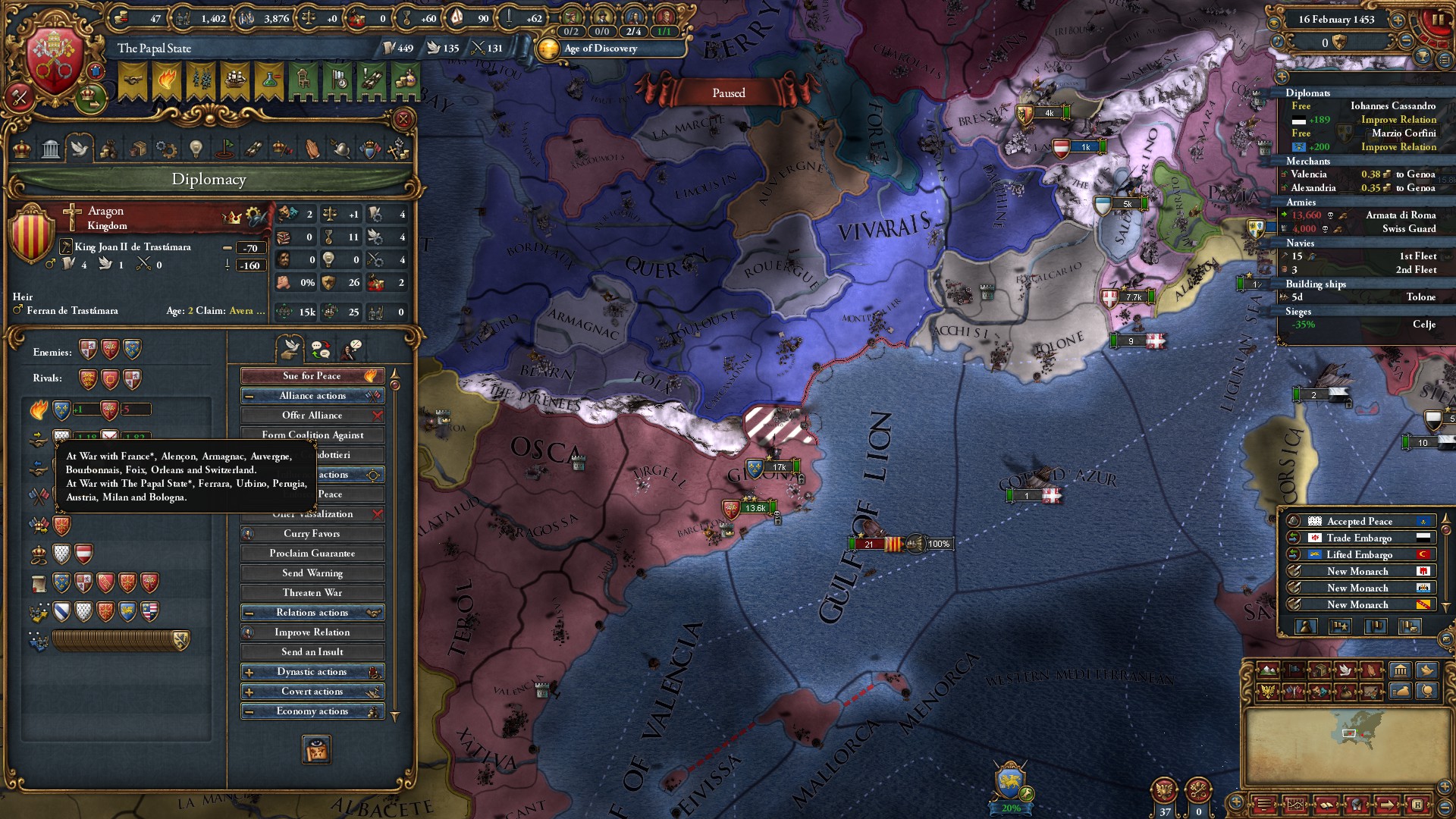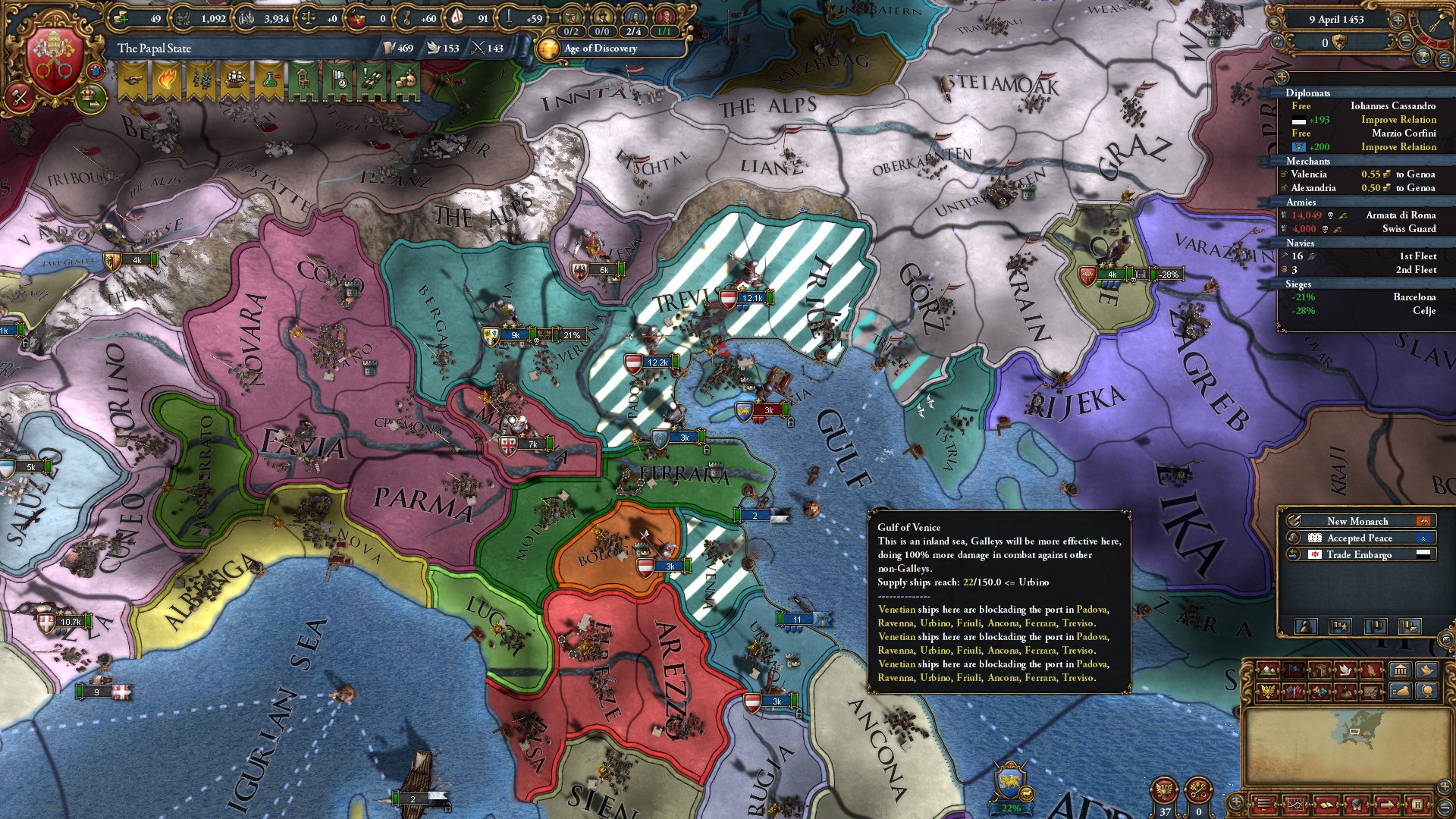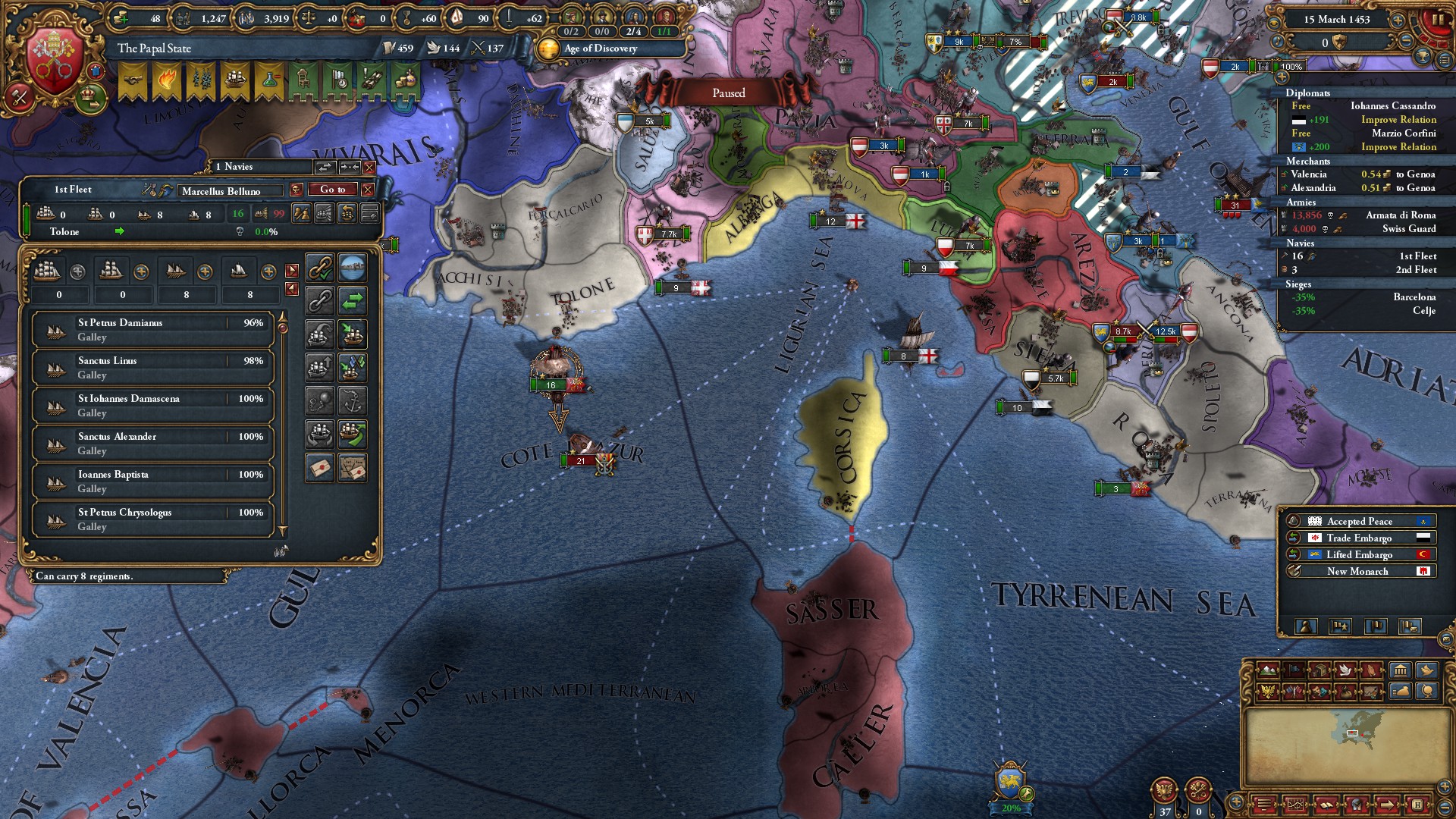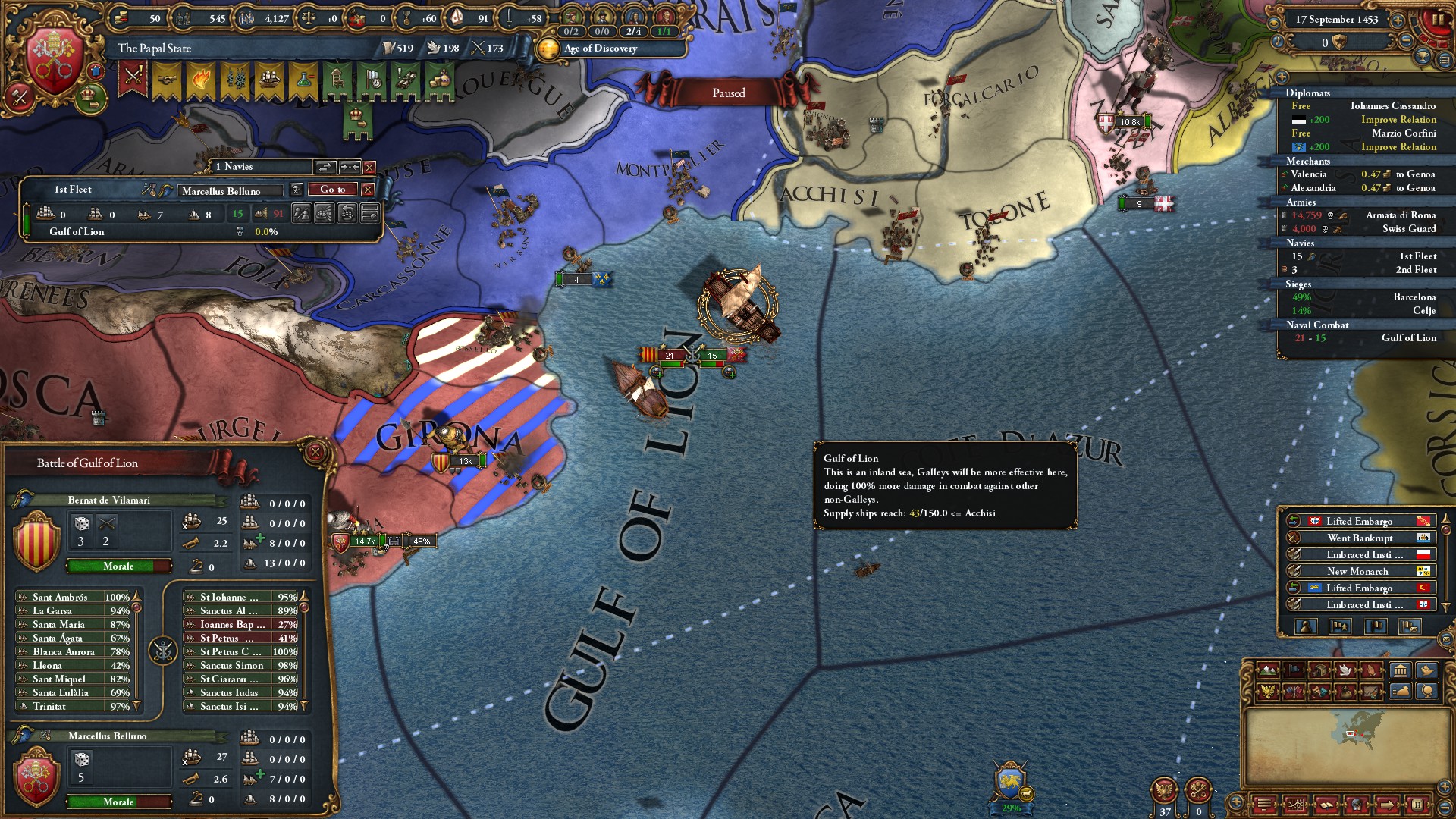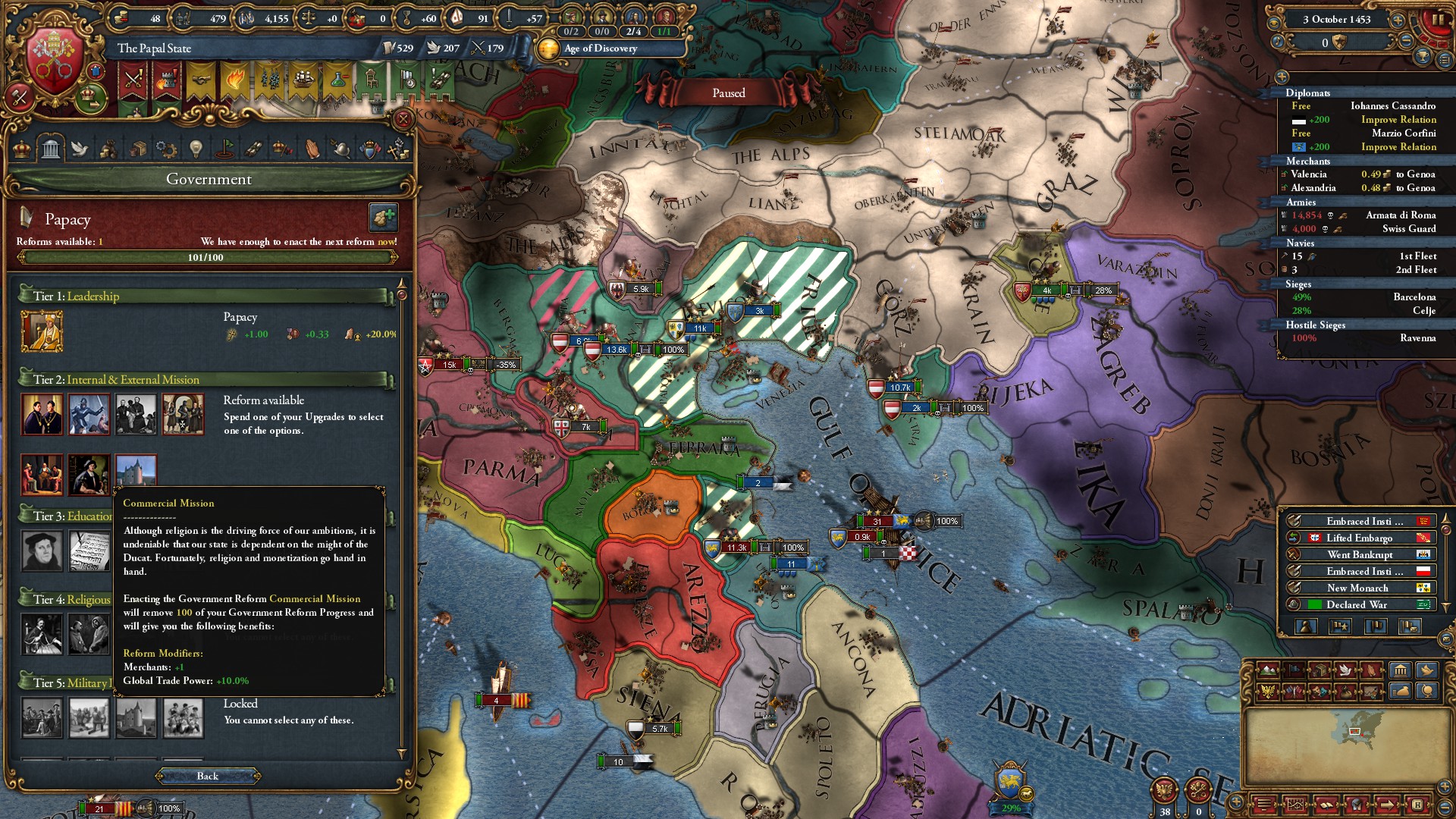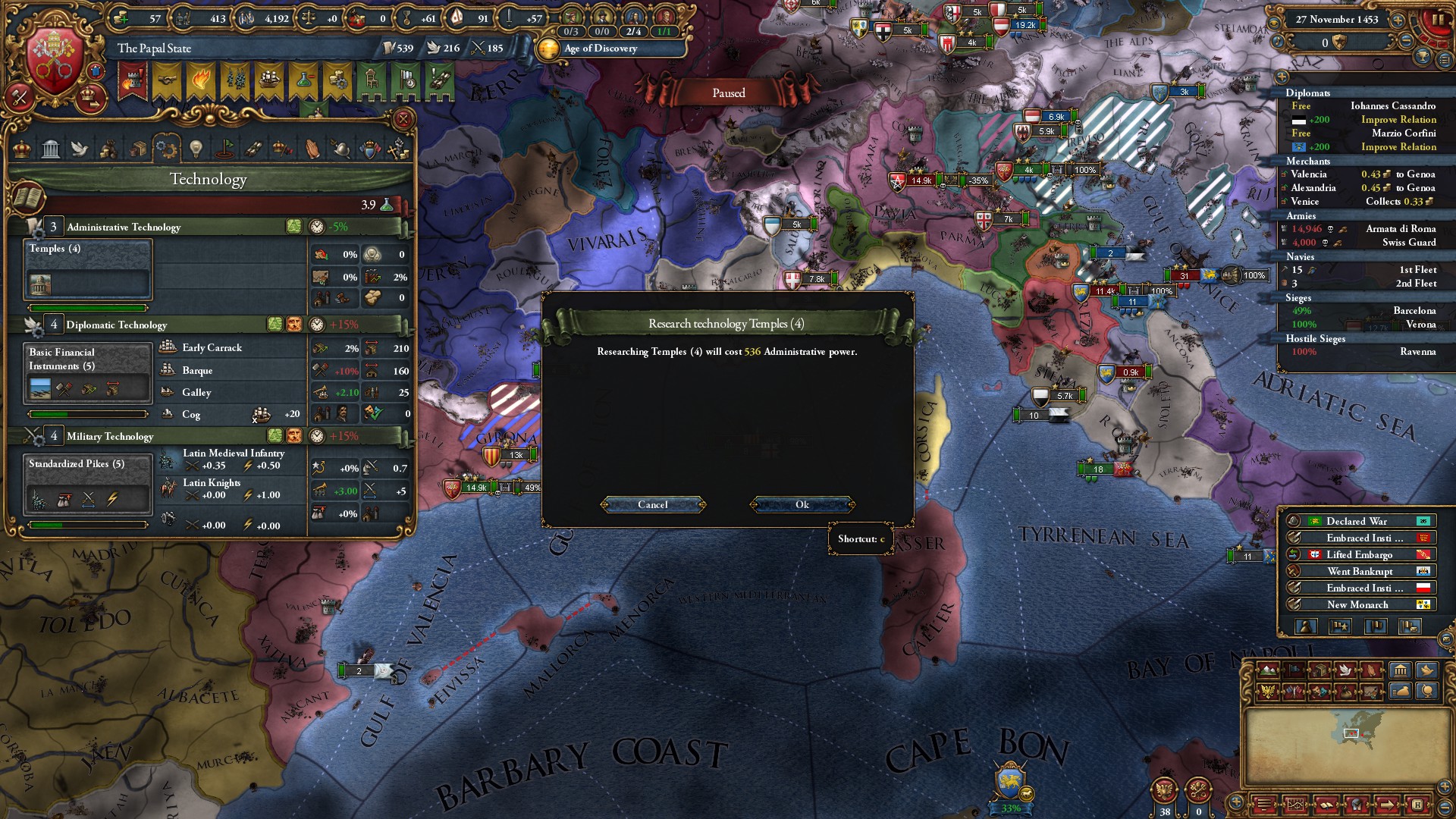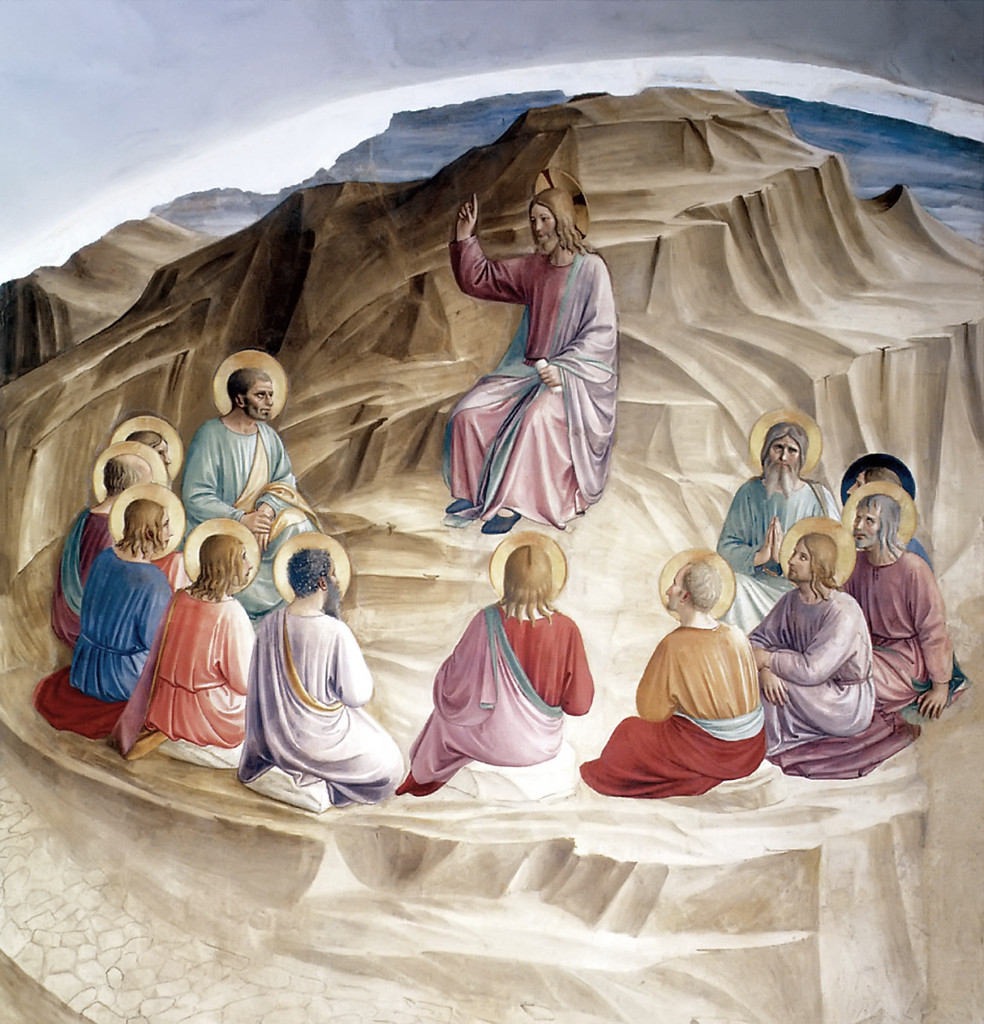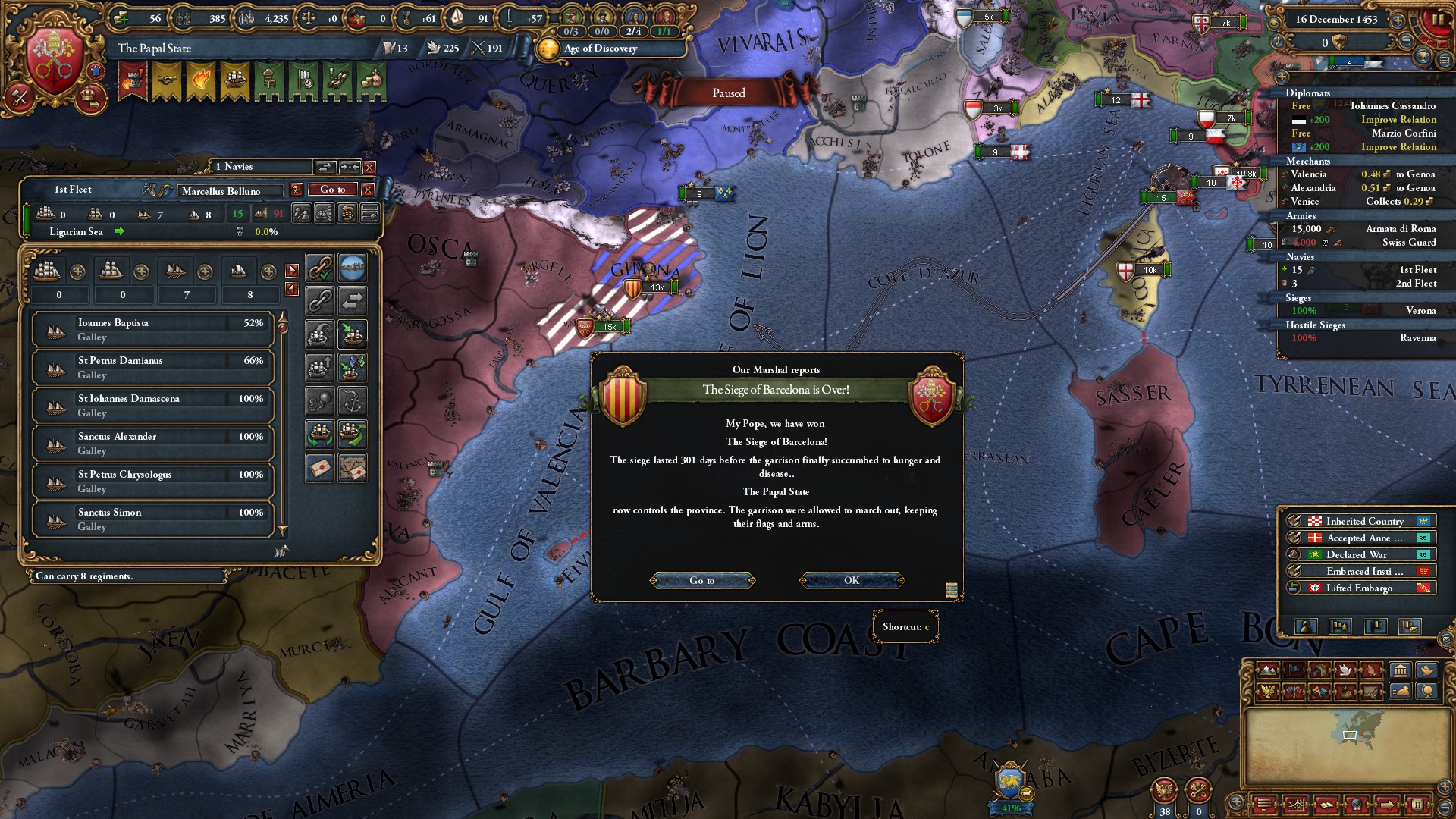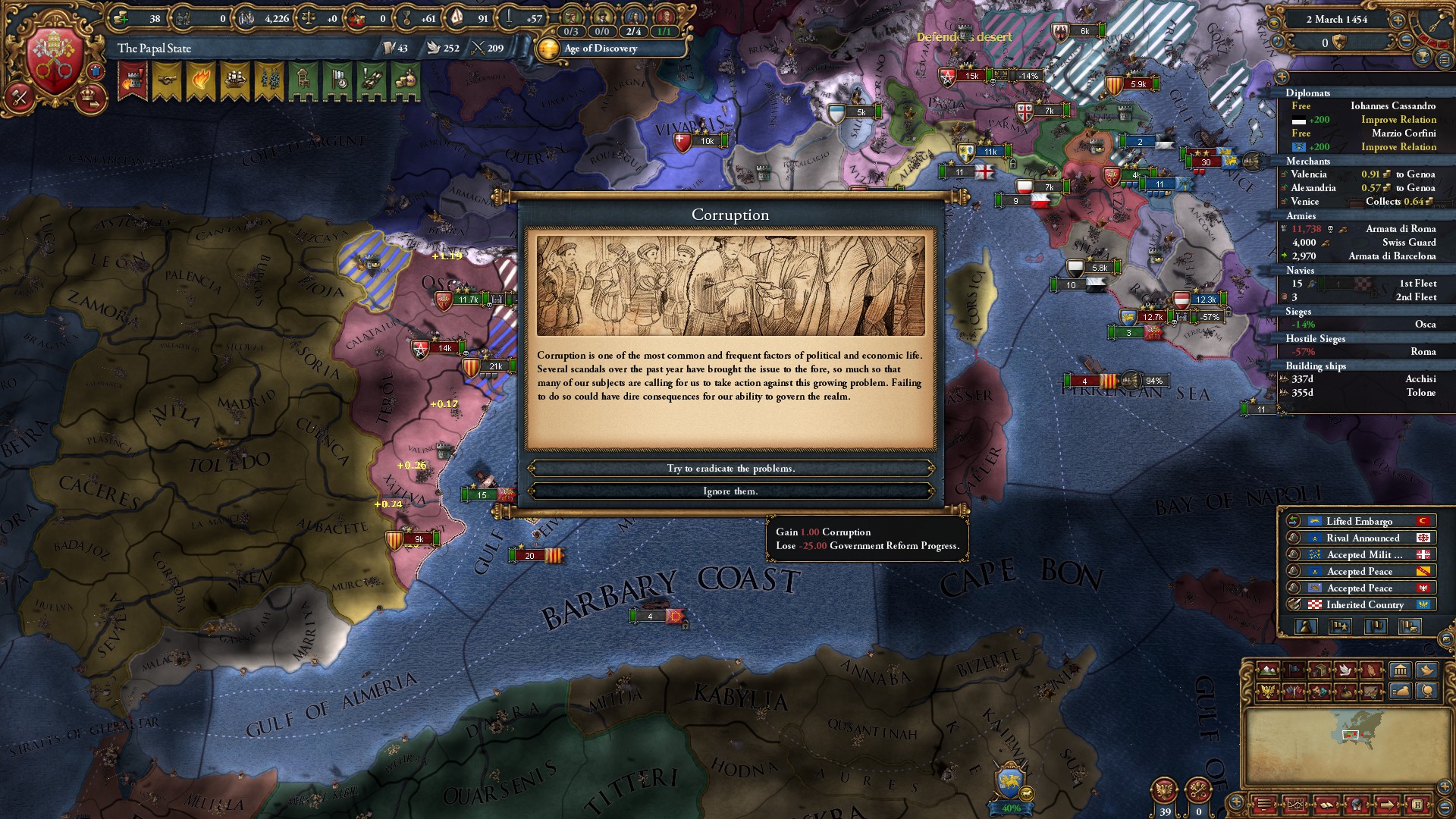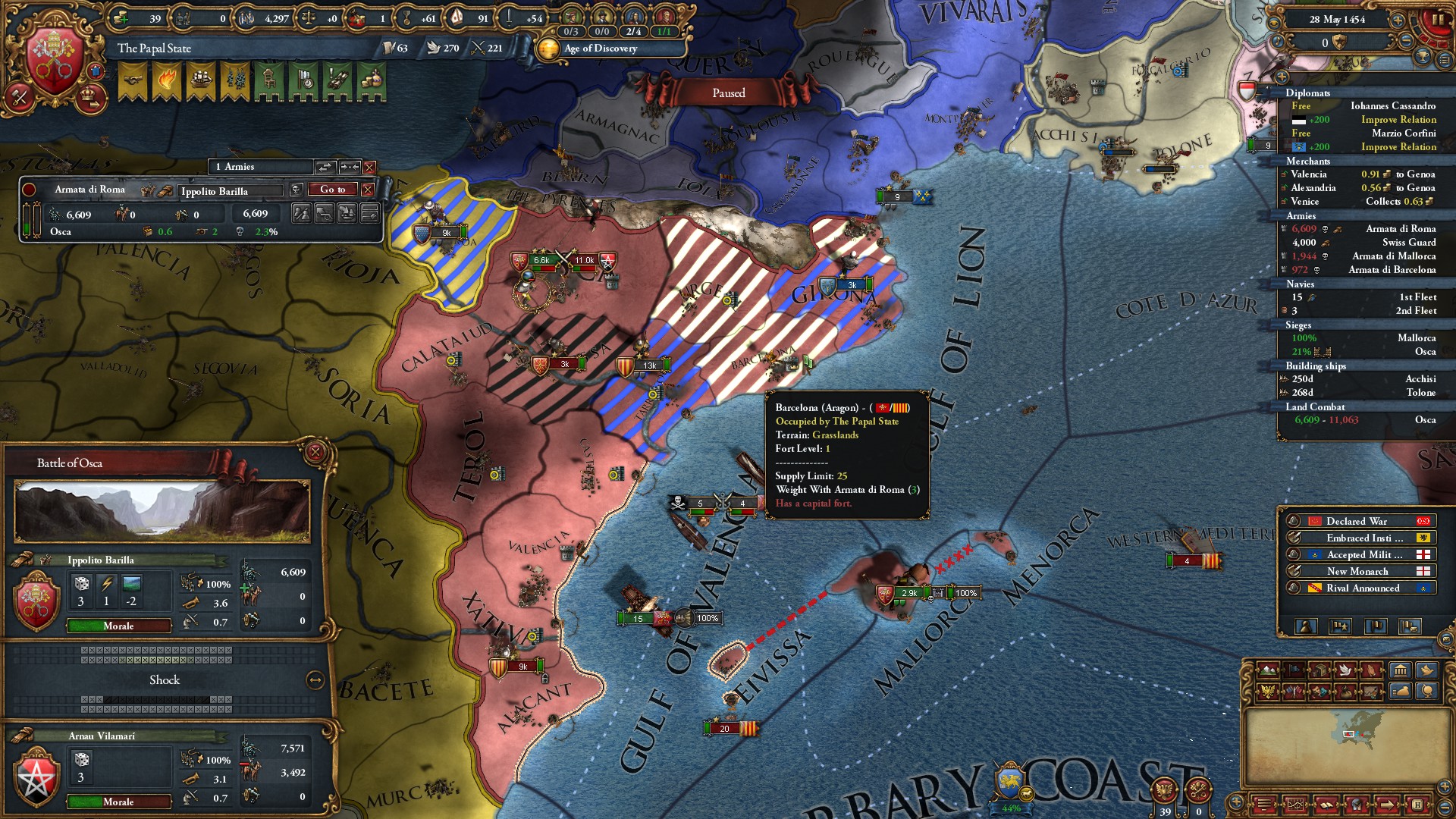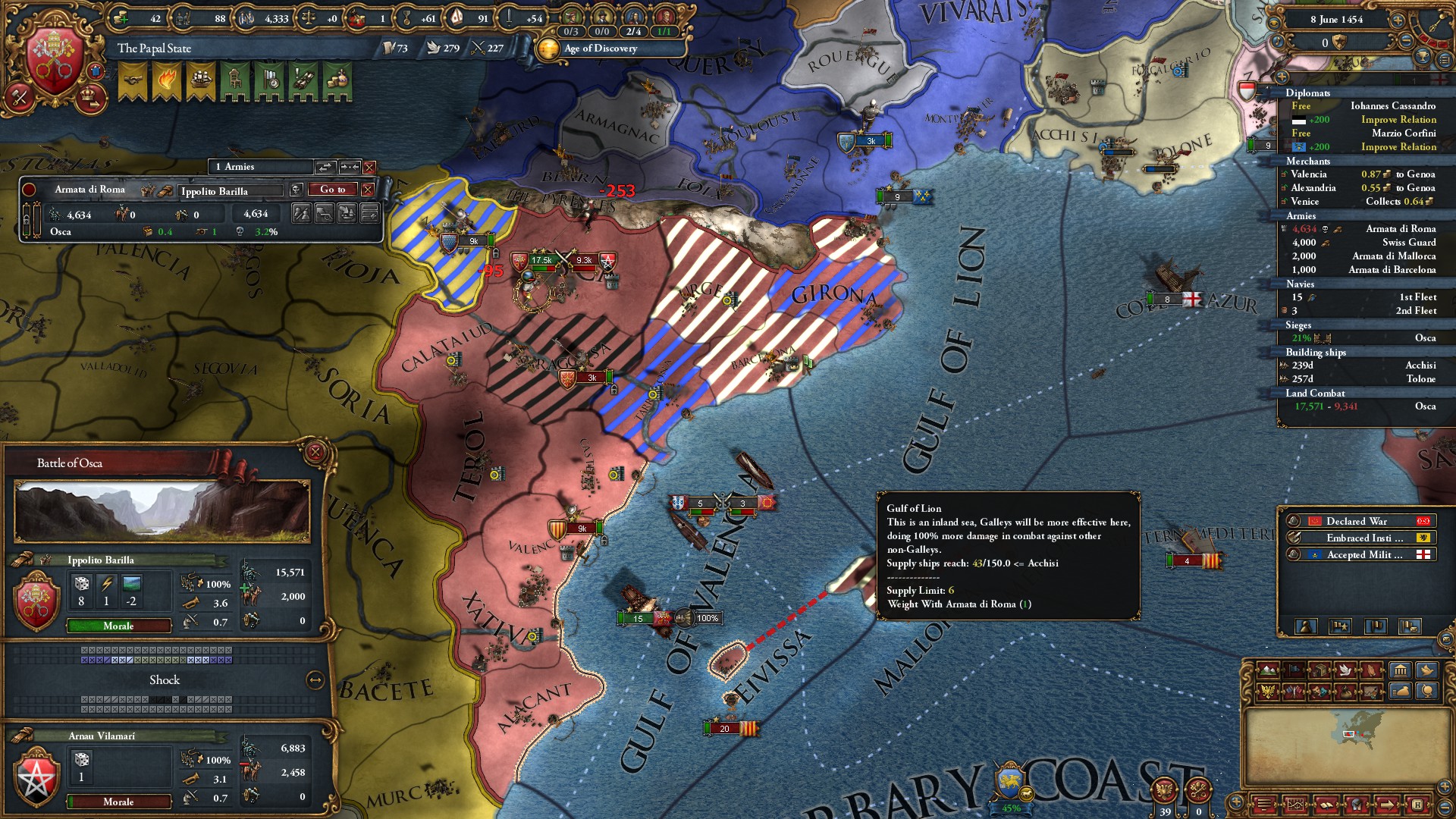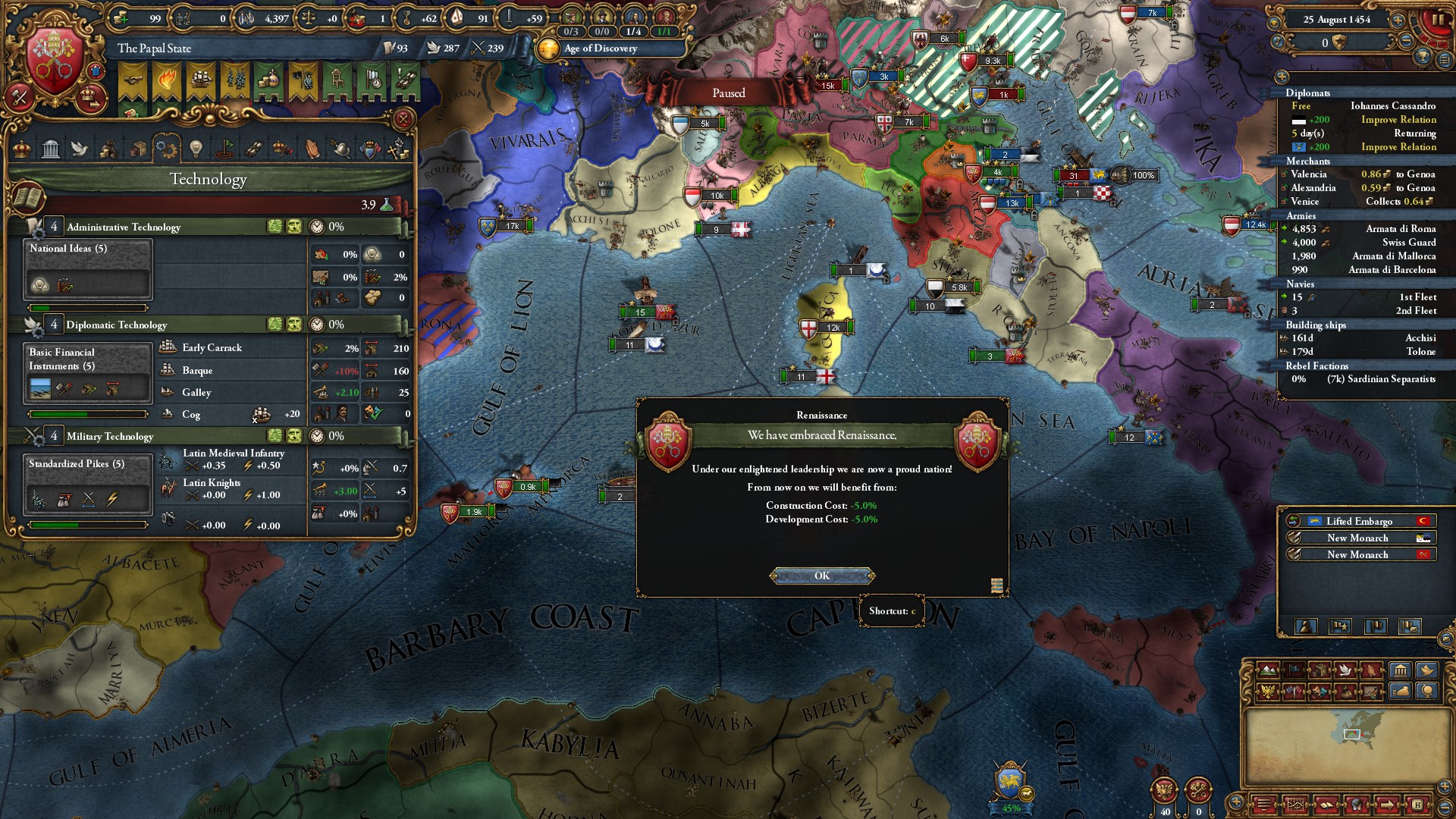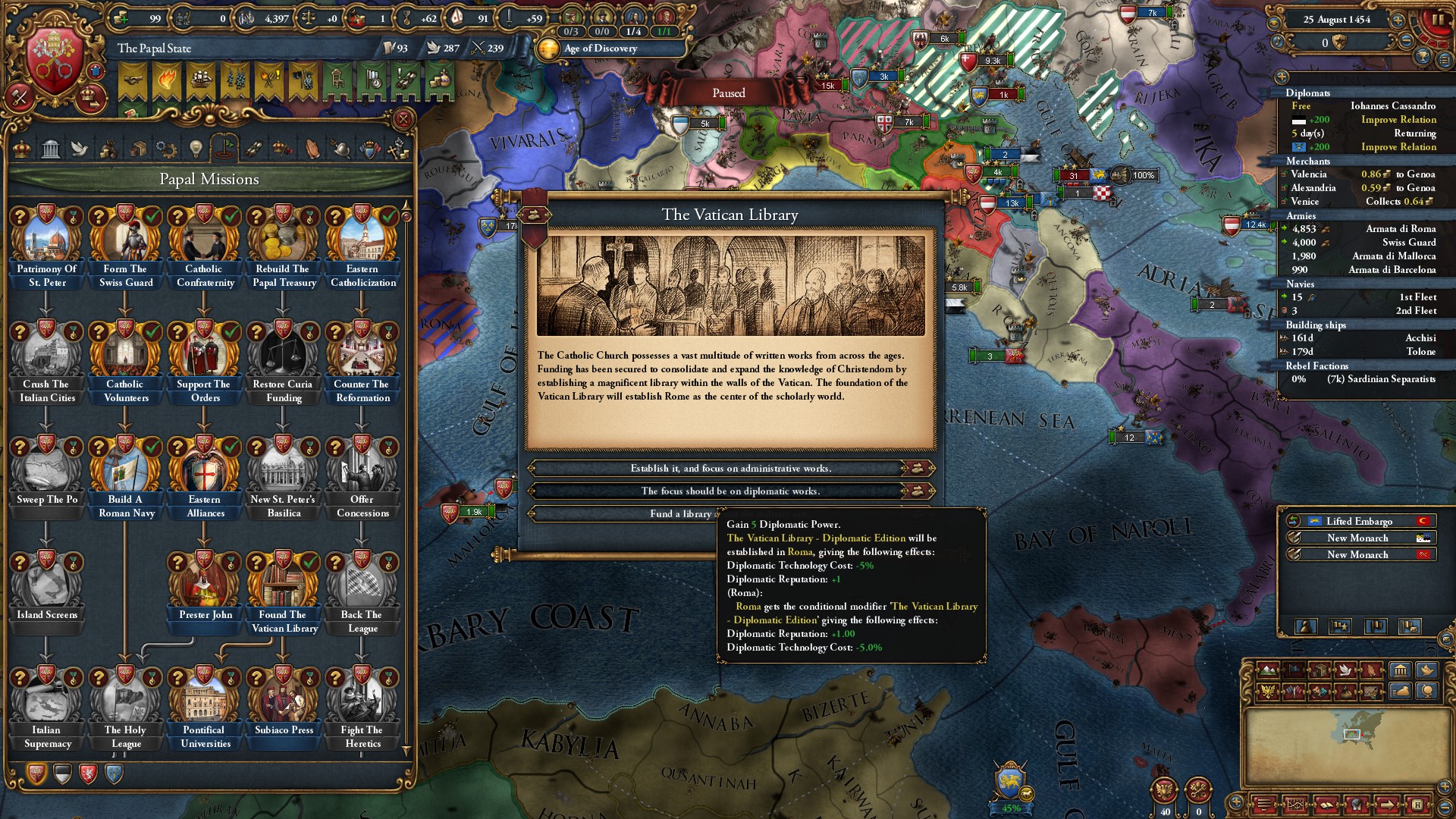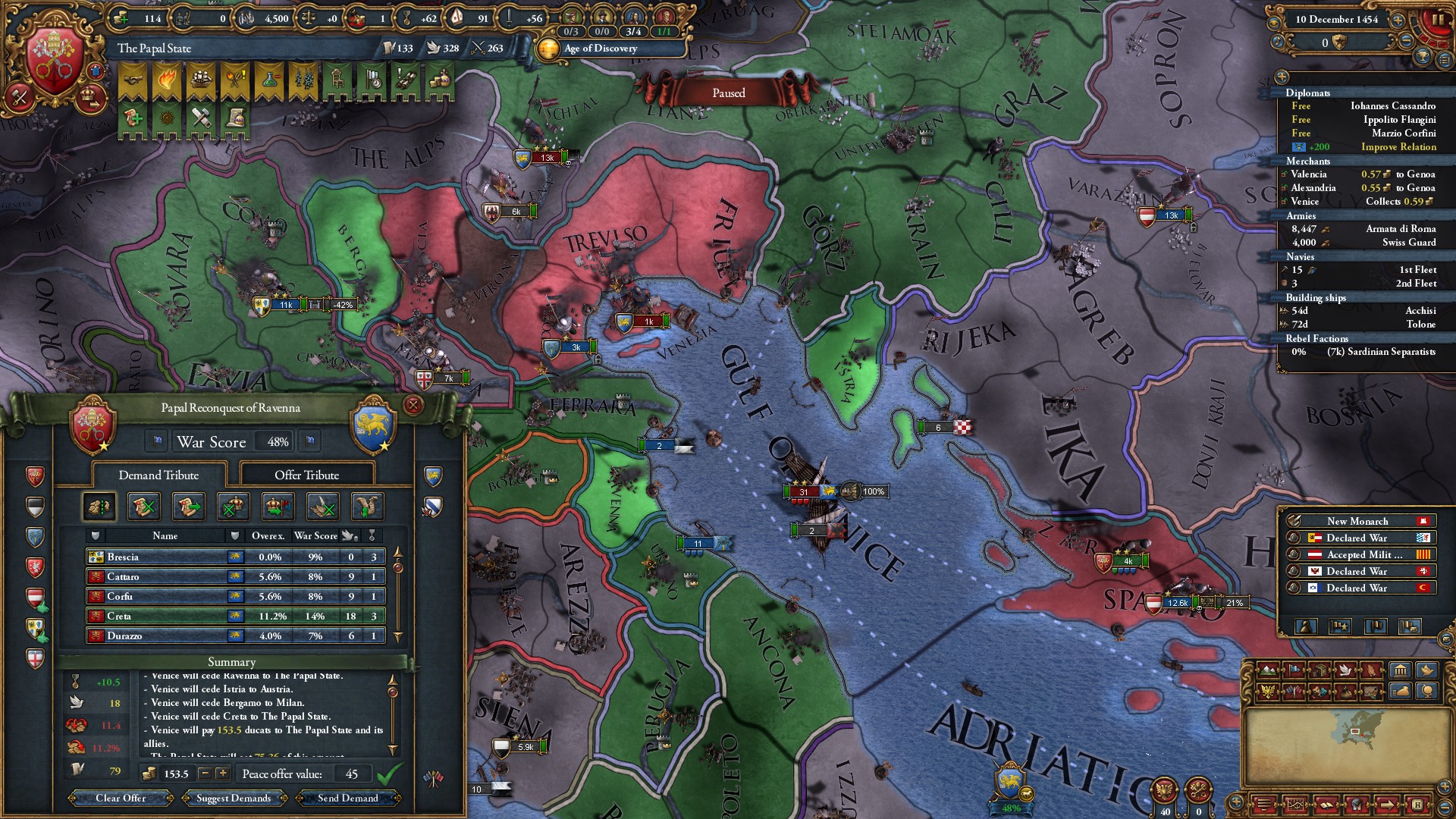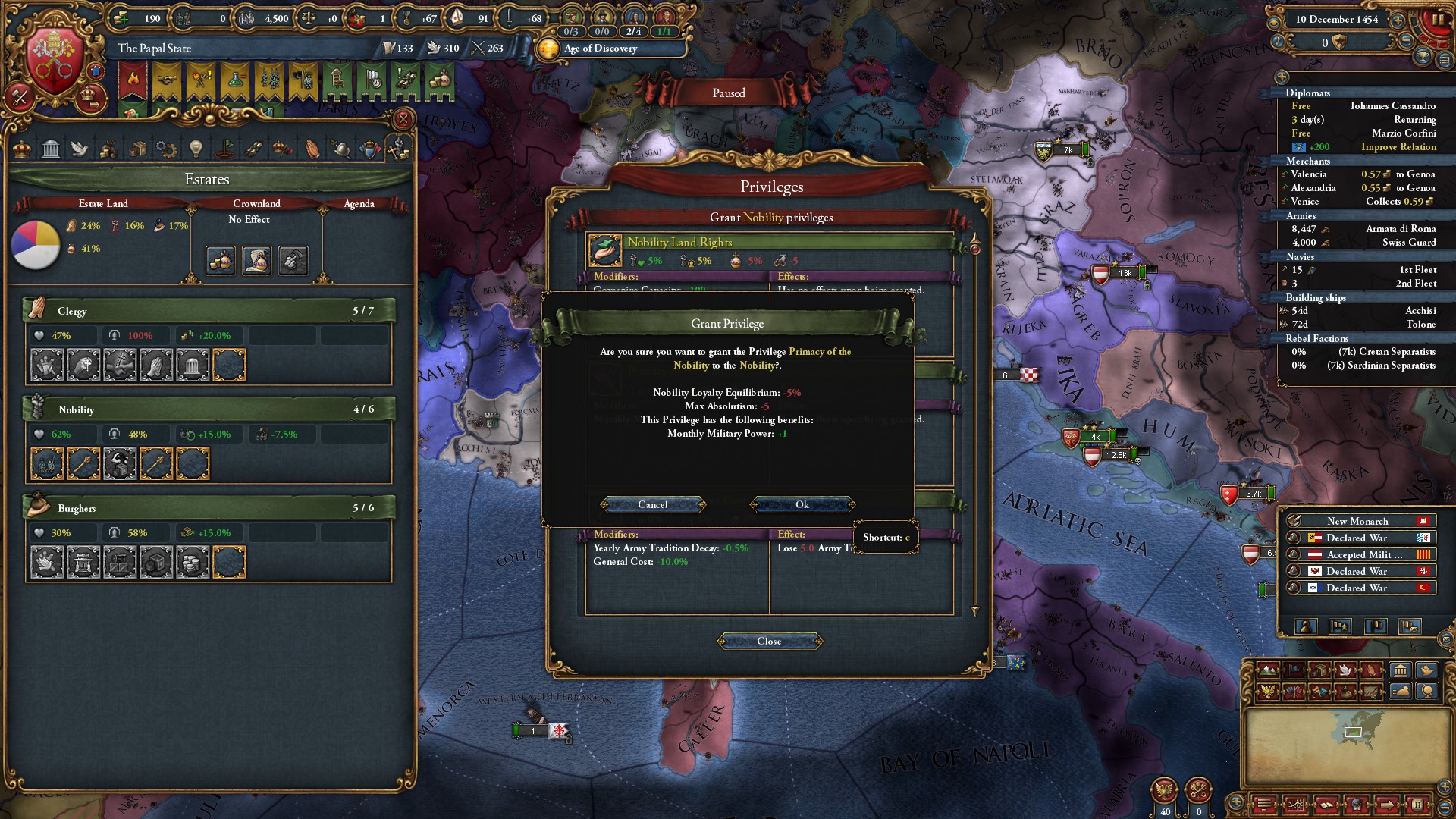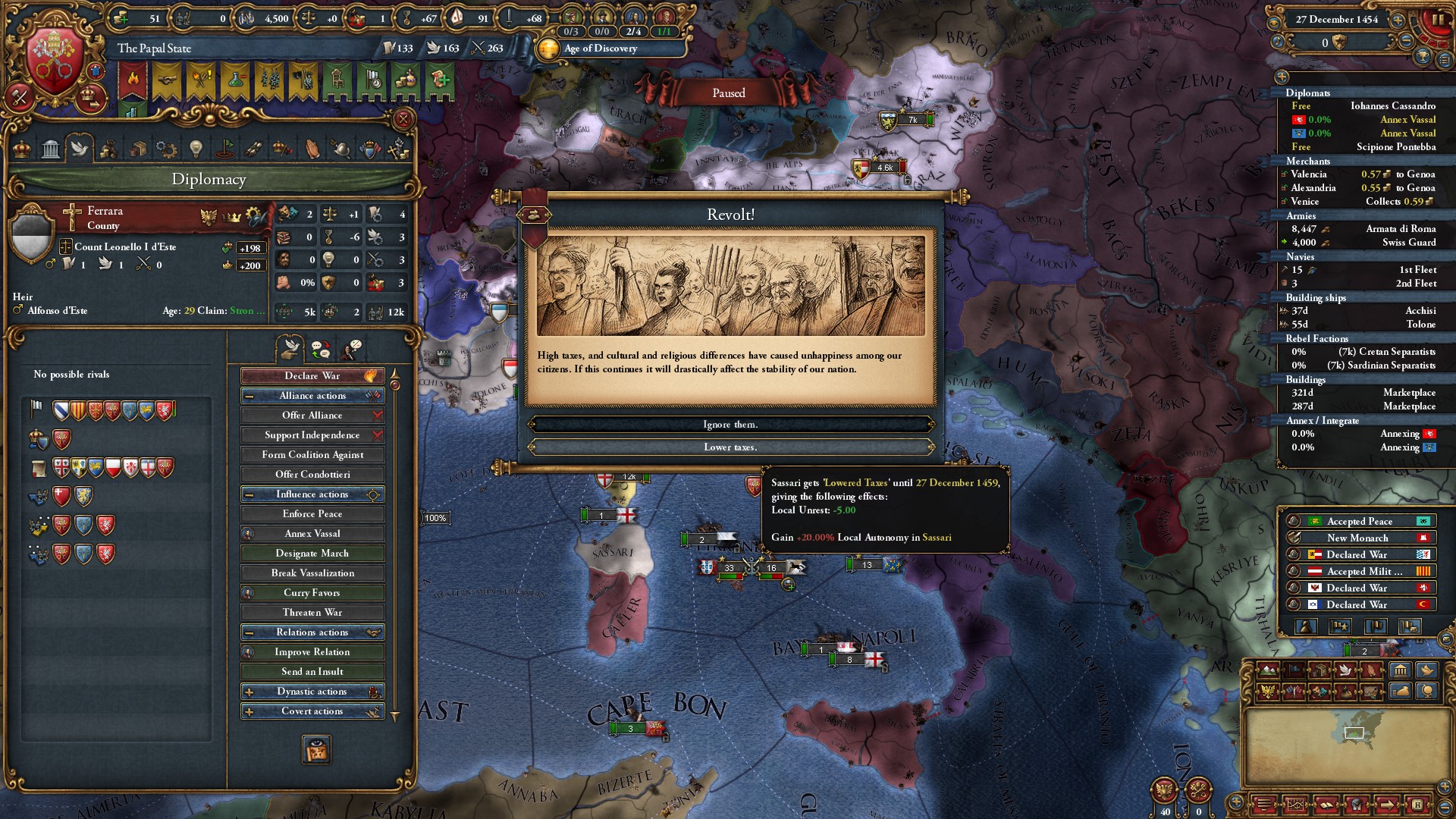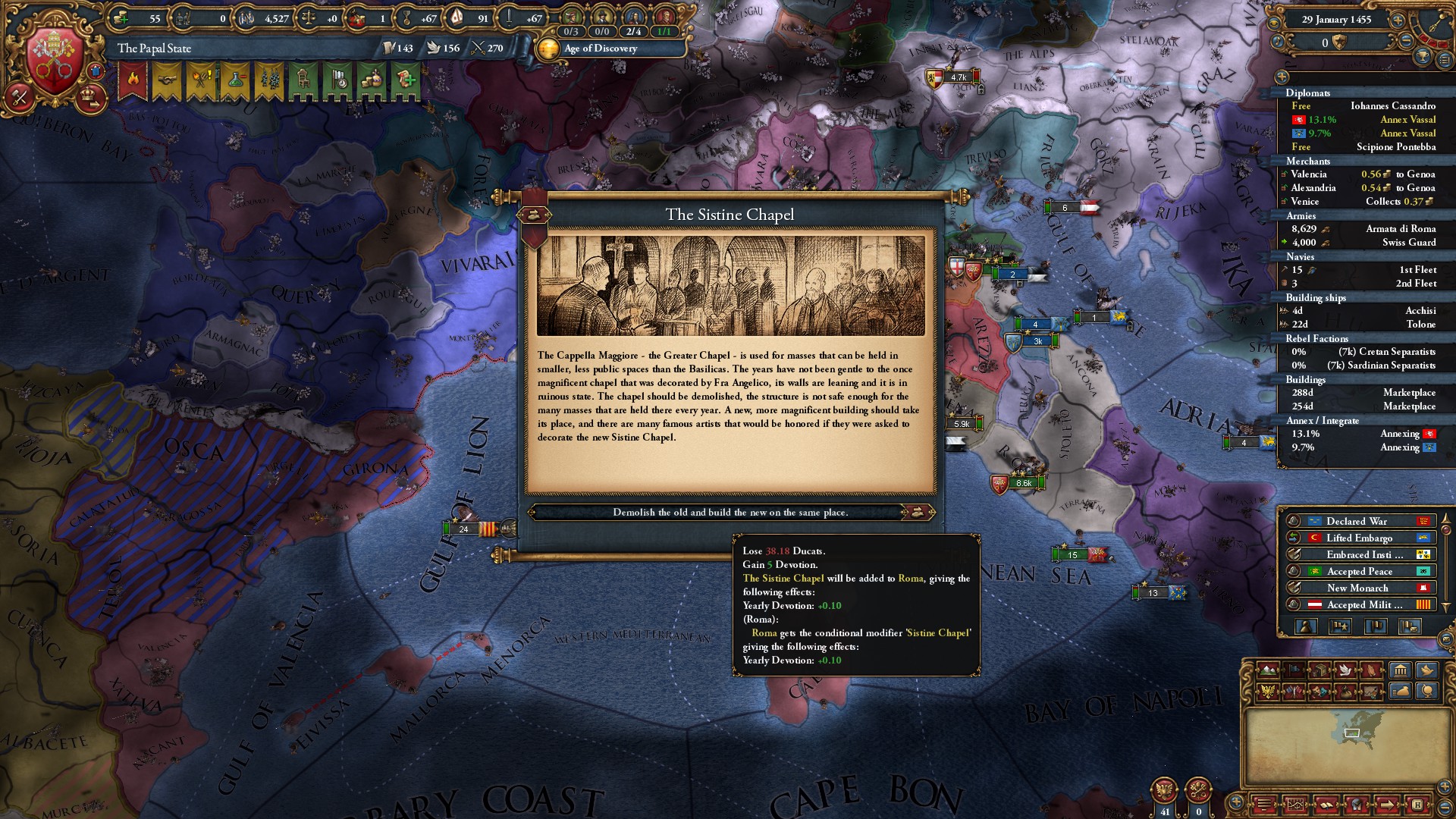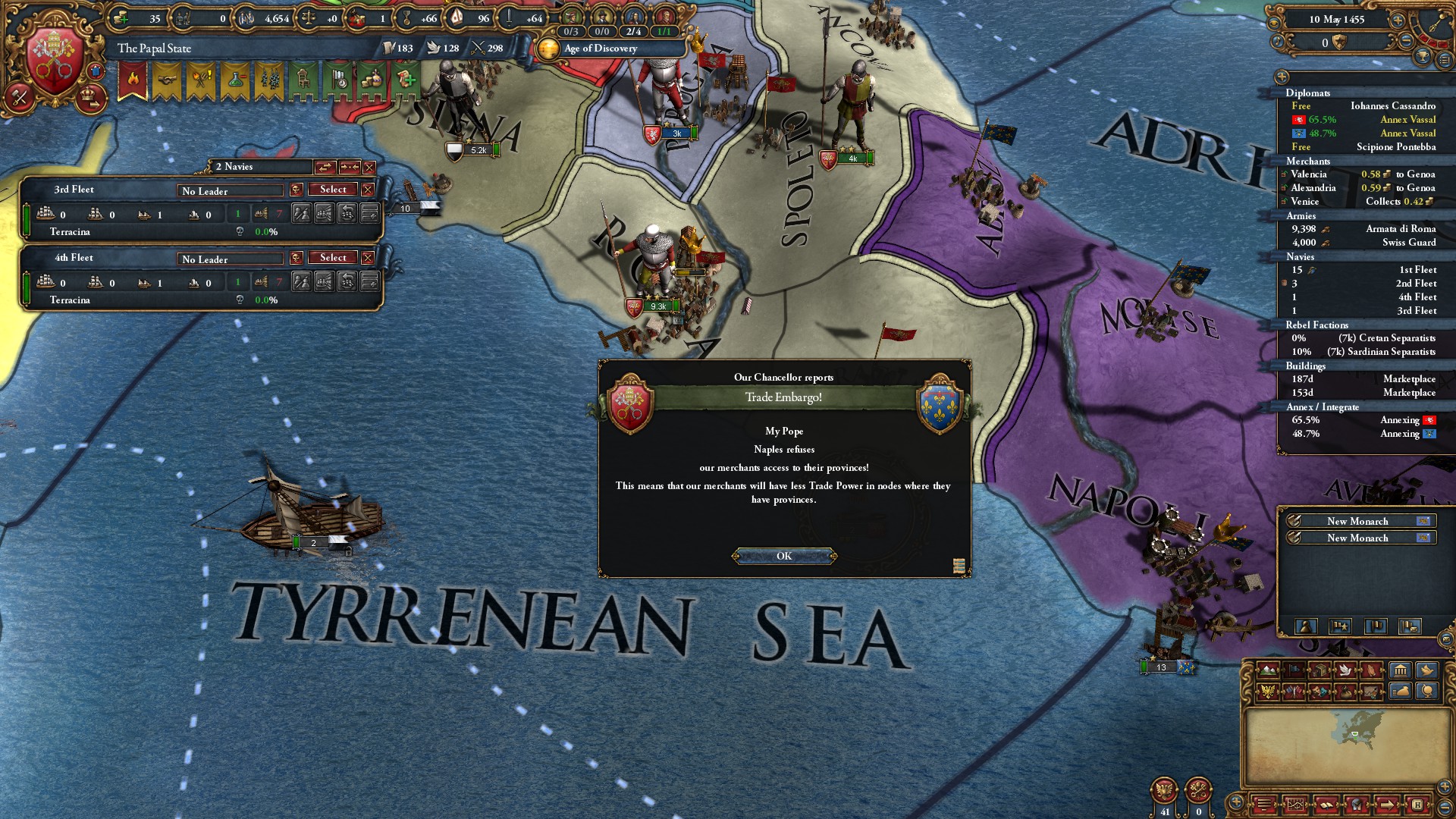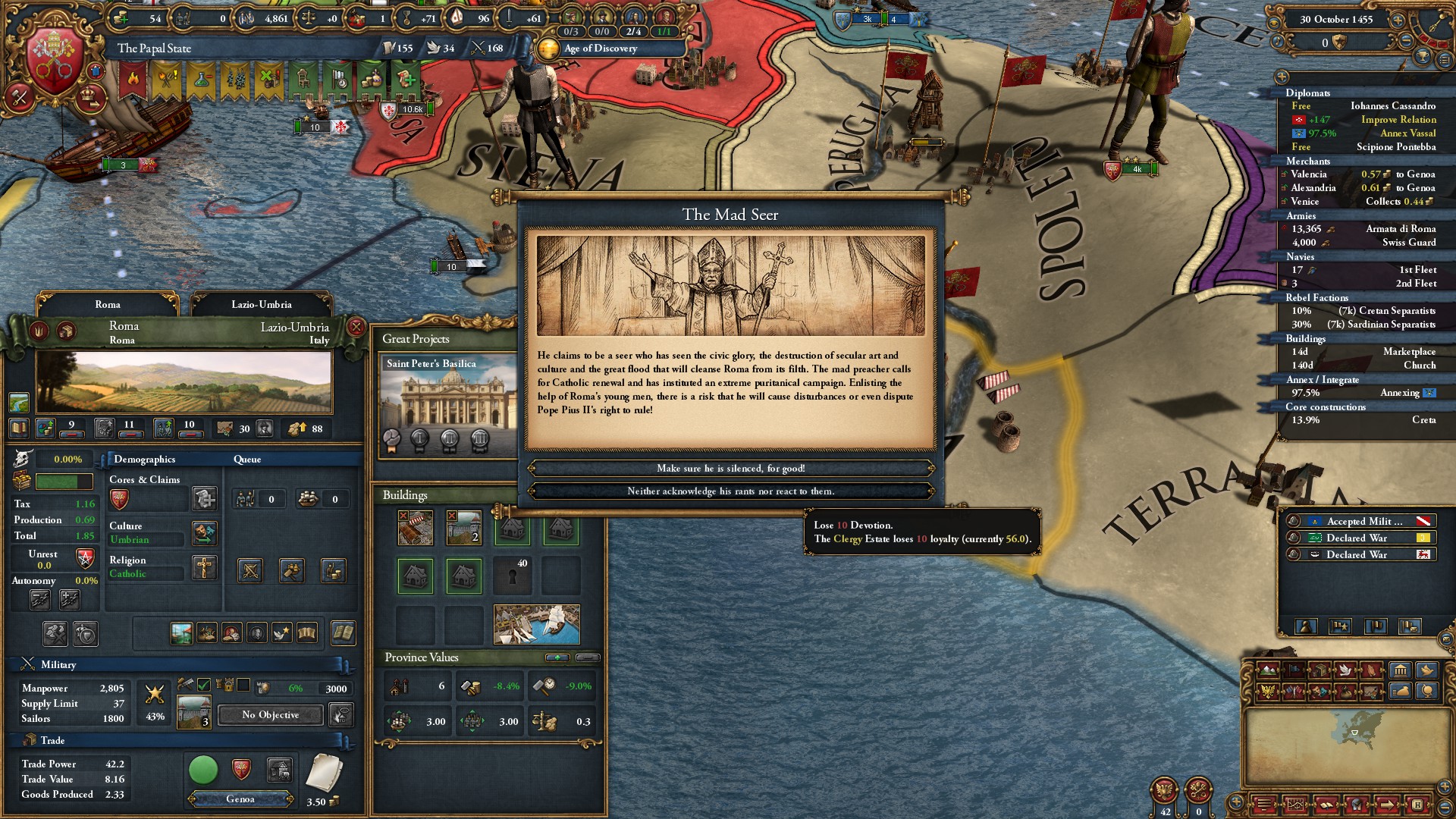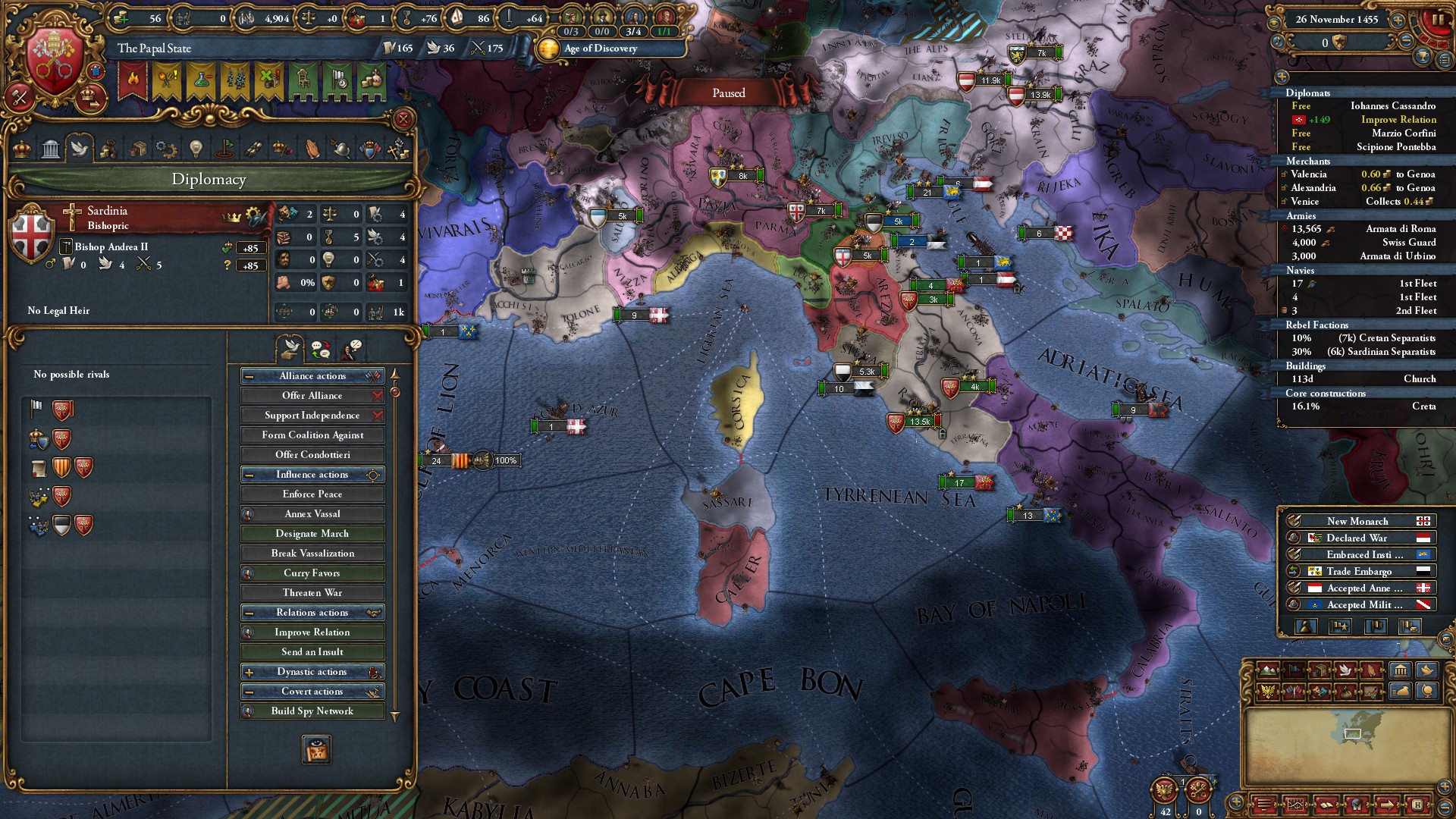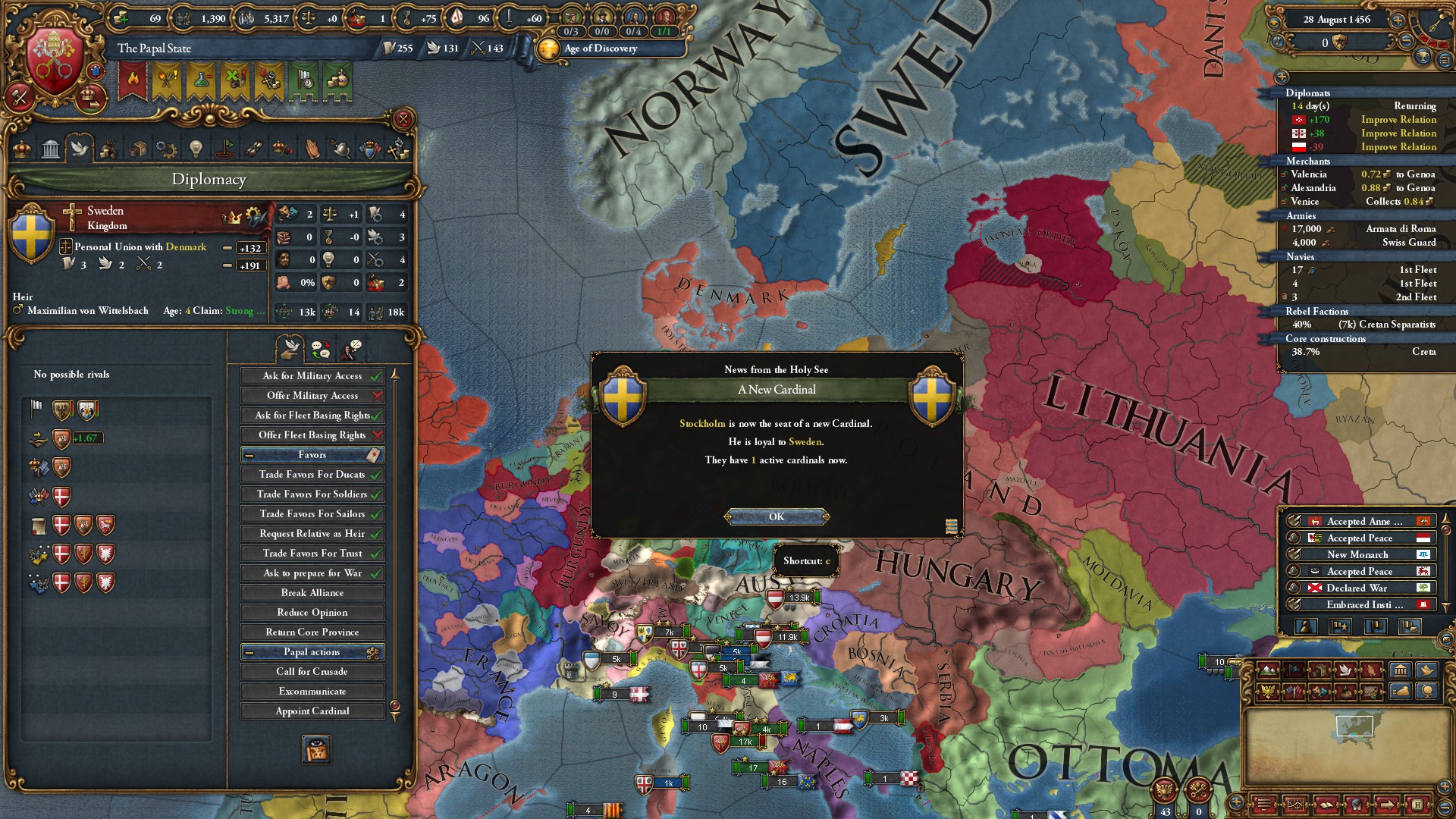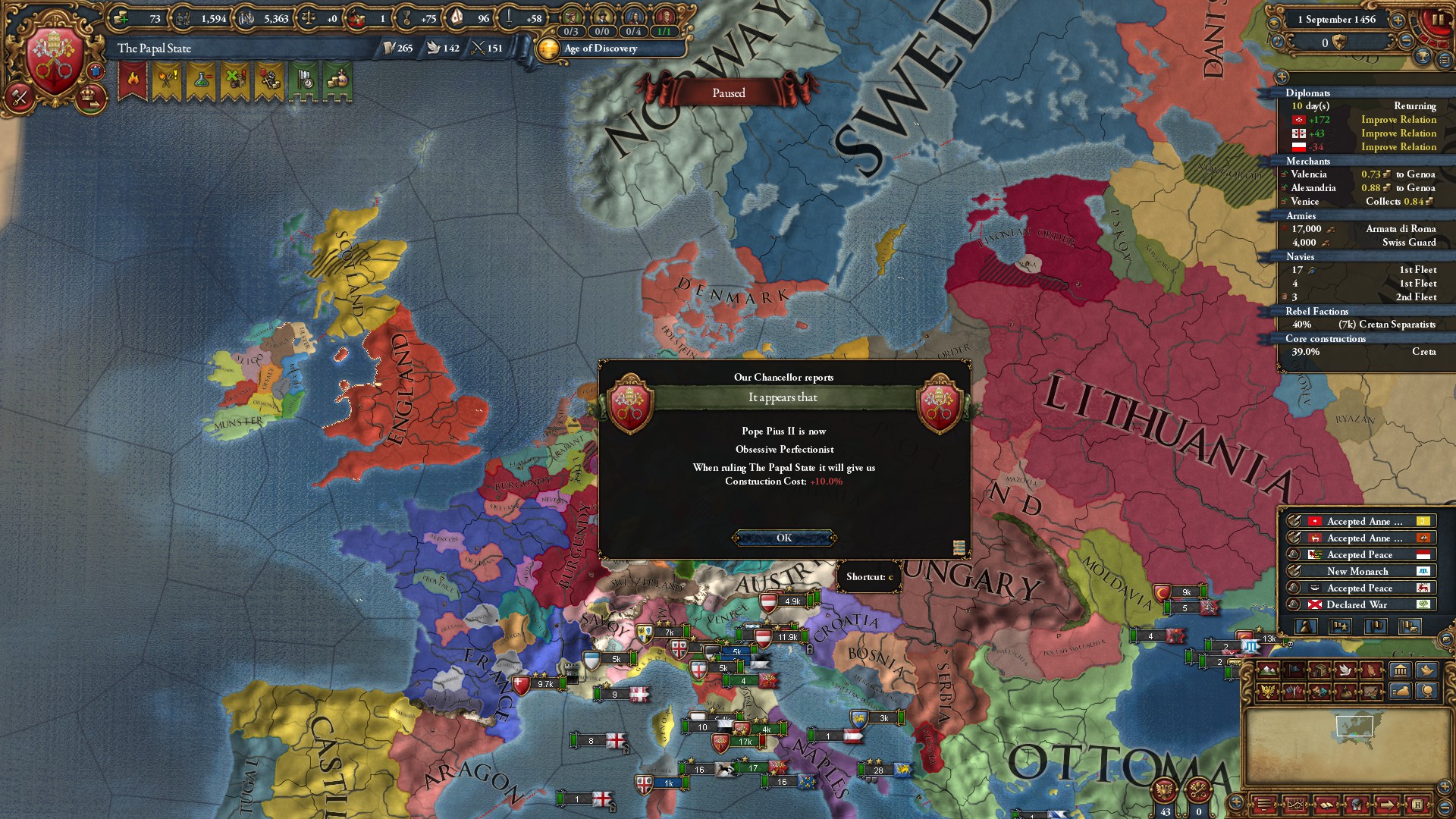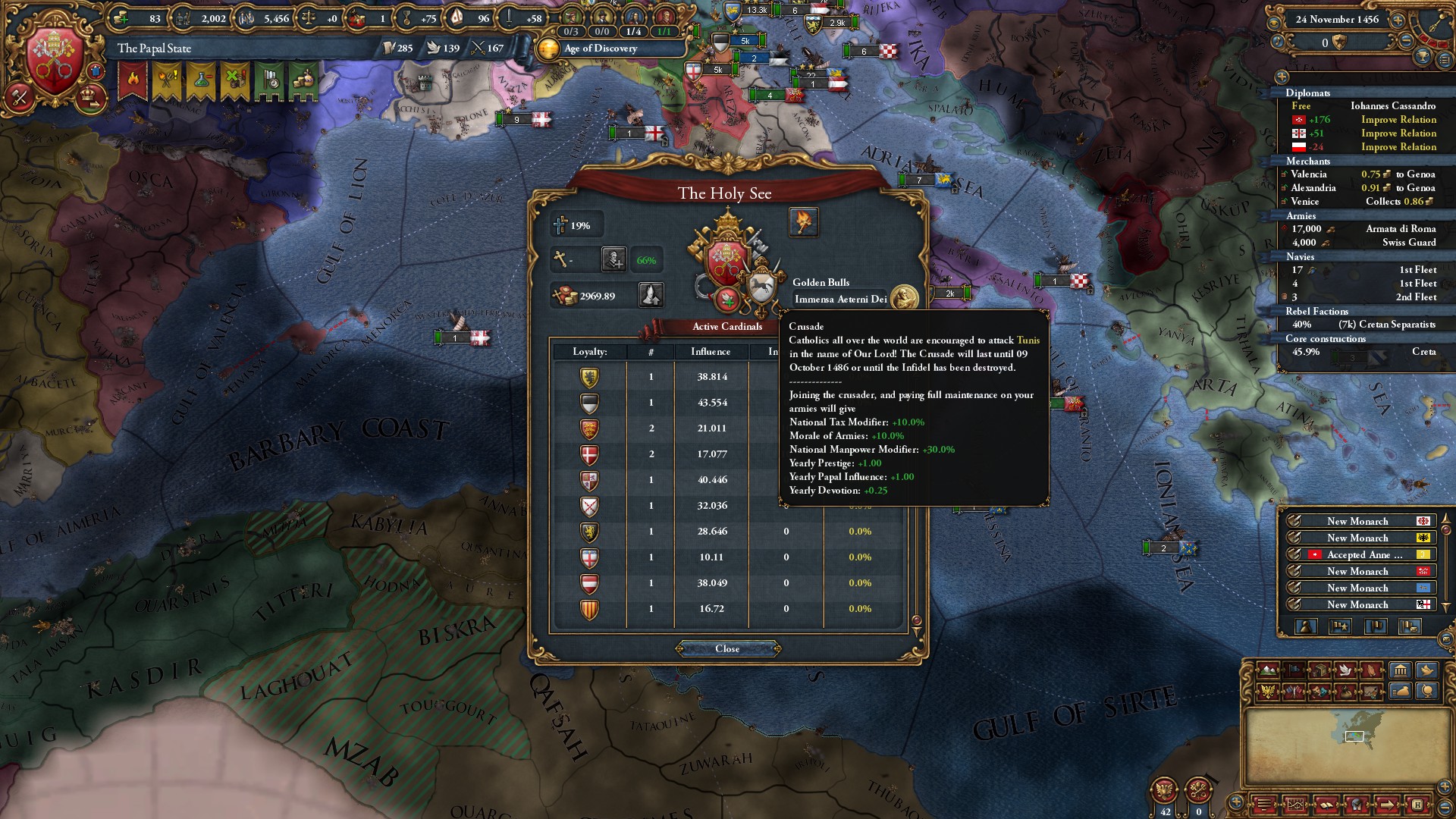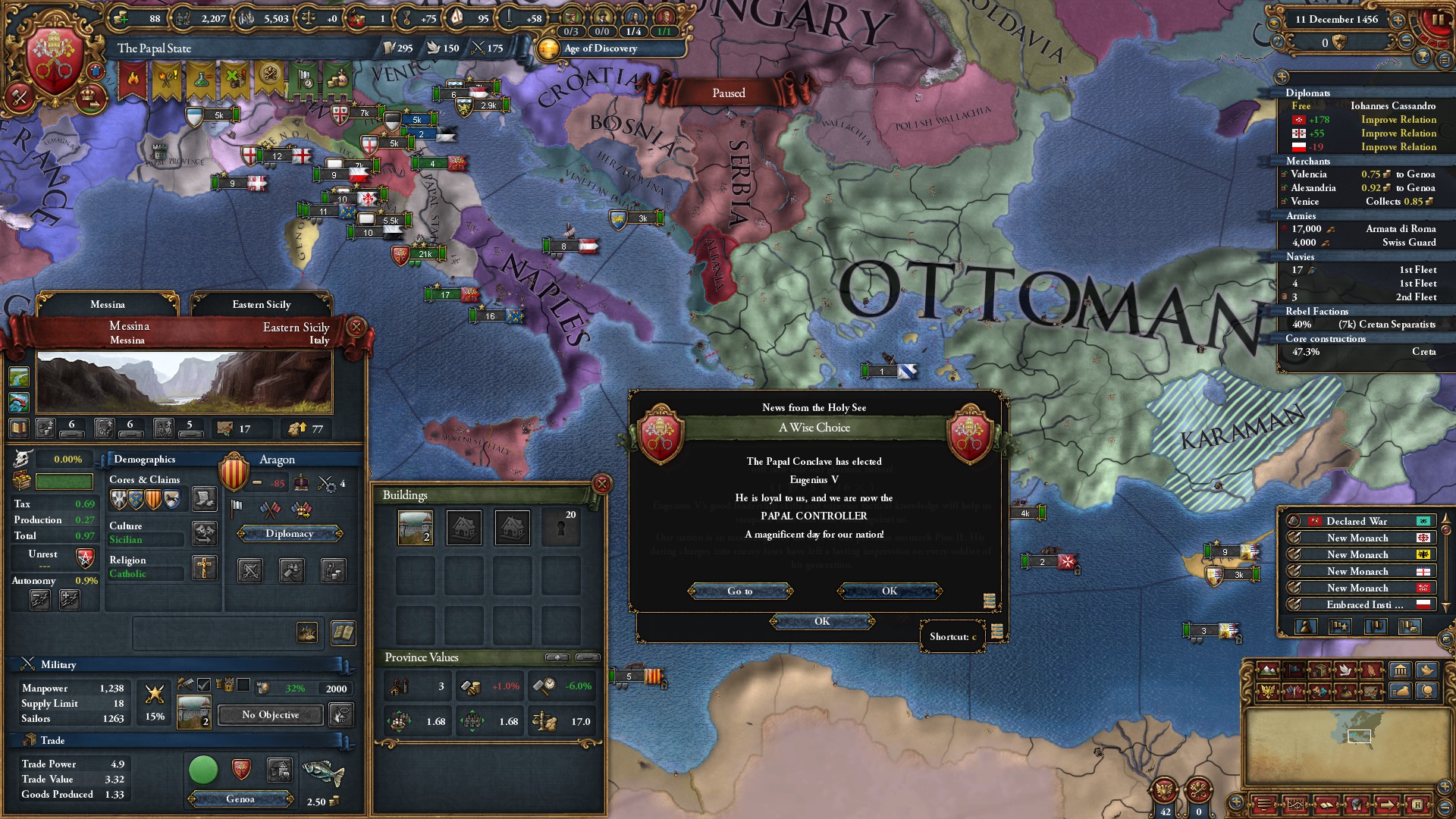INTRODUCTUM
And Cain said to Abel his brother: "Let us go forth abroad." And when they were in the field, Cain rose up against his brother Abel, and slew him. And the Lord said to Cain: "Where is thy brother Abel?" And he answered, "I know not: am I my brother's keeper?" And he said to him: "What hast thou done? the voice of thy brother's blood crieth to me from the earth. Now, therefore, cursed shalt thou be upon the earth, which hath opened her mouth and received the blood of thy brother at thy hand." - Genesis 4:8-11
And Cain said to Abel his brother: "Let us go forth abroad." And when they were in the field, Cain rose up against his brother Abel, and slew him. And the Lord said to Cain: "Where is thy brother Abel?" And he answered, "I know not: am I my brother's keeper?" And he said to him: "What hast thou done? the voice of thy brother's blood crieth to me from the earth. Now, therefore, cursed shalt thou be upon the earth, which hath opened her mouth and received the blood of thy brother at thy hand." - Genesis 4:8-11
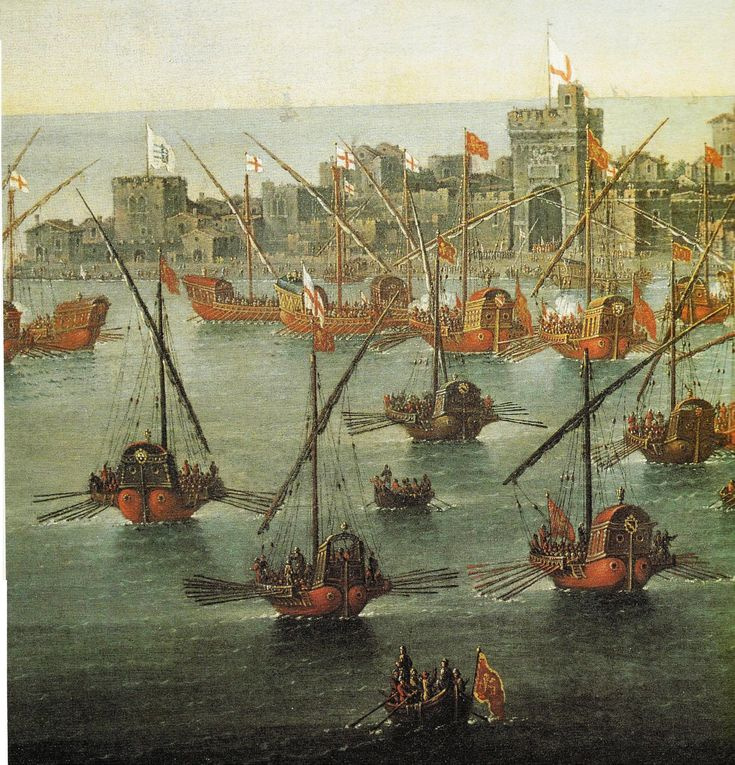
On the evening of October 18, 1444, the combined navies of the Papal States, the Duchy of Burgundy, and the Republic of Venice were engaged in a blockade of the Dardanelles, preventing the main host of the Ottoman Empire from crossing the straits to relieve their forces in Bulgaria. Shortly before midnight, the Venetians abruptly broke formation, and while the Papal and Burgundian fleets scrambled in confusion, a flotilla of Genoese merchant vessels, crammed to near-flooding with janissaries, stole across the straits.
And thus did Murad II return to Europe with 50,000 men, on Catholic ships, crewed by Catholic sailors, aided by the treachery of Catholic powers bribed with gold from Catholic trade through Ragusa.[A]
The news reached Rome on the 10th of November, coincidentally just about the time poor King Ladislaus was receiving some new and unexpected holes in his body on the field of Varna. On the surface, everything remained normal. His Holiness Pope Eugenius IV continued his daily routine and expressed mild disappointment, and all appeared to be nothing more than a tiny ripple in a glassy pond. Beneath the surface though, deep in those bowels of the Curia that not even the most experienced Vatican-watchers dared guess existed, the mood was apoplectic. This was no ordinary war, heck it was no ordinary crusade, 400 years after the Great Schism had begun, the Byzantine emperor and his bishops had finally bent their stiff Greek necks to acknowledge the pope as head of Christ’s Church on earth in exchange for help, and to make good on their promise, Rome had set itself up as the hub of an alliance network ranging from Valencia to Vilnius. Truces between warring rulers had been arranged, thousands of letters and missives had been exchanged, enough money to buy every peasant in Rome a pony had changed hands, and the largest force that Christian Europe had fielded in a very long time had, finally, after innumerable vacillations and screaming matches, been sent off in roughly the right direction towards the relief of Constantinople.
And it had all fallen apart.
Again.
As it had countless times before.
Honestly, this should have been expected. While the obvious comparison of the Fourth Crusade was near at hand, there had been plenty of other cases in the 240 years since where the Vatican had set out to accomplish something, only for secular rulers and renegade clergy to, at best ignore, and at worst outright invert or pervert the intent. Really, what appropriately-colored haze of scarlet was settling across the princes of the Church was not shock at unplanned insolence, but rather the acknowledgement that if their patience had been a fraying thread, Venice and Genoa had just taken an axe to it. In their hearts of hearts, the fuming cardinals gathering in forgotten chapels and cellars knew that the crusaders were already dead, even though that news would not reach the Eternal City for a few weeks yet. It was too much. The Catholic Church tolerated indignity after indignity, blasphemy after blasphemy, day in and day out for nearly a millennium straight, and what did it have to show for it? A Europe determined to fight itself to death, an Islamic horde happy to help ram the knife home, and a papal territory that was crumbling into ruin as the rest of Italy chipped away at it. Deep into the Secret Archives they went, pouring through the collections, going back through the pontiffs and the centuries, until at last the works of Boniface were found, and the ancient bull, buried under parchment for a hundred and fifty years, had light shone on it once more.
Porro subesse Romano Pontifici omni humanae creaturae declaramus, dicimus, definimus, et pronunciamus omnino esse de necessitate salutis…
**********************************************************************************************
[A] I wish I was making this up, but yeah, that's pretty much exactly how it happened and how the Varna Crusade was lost.
"Furthermore, we declare, we proclaim, we define that it is absolutely necessary for salvation that every human creature be subject to the Roman Pontiff." - Unam Sanctam by Pope Boniface VIII, 1302.
Welcome one and all, to my first ever AAR on the Paradox forums!
It’s strange, I did not expect my first to be like this, in fact I have three other AARs in various stages of work on my computer, but they have all fallen victim to the same issue. I am working a full-time job, and living on my own, and I am hopelessly obsessed with history and playing Paradox games. This means that pretty much every time I get to work writing something, I wind up needing to look up something to flesh out a background detail, then this turns into a lengthy research project, and I get only two sentences and a state of grave exhaustion out of several hours/days of effort, and a desire to start a new campaign to take my mind off it all. Seriously, it doesn’t matter the context, this always happens – my dream of a Victoria 3 story where the Two Sicilies conquers Sweden to punish them for their effrontery in putting ketchup on macaroni and calling it pasta got utterly stalled out by me taking two days to look up precisely how many cardinals were active in 1837 (the answer it turns out is 51 Italian cardinals [one in pectore], 1 Austrian, 3 French, 2 Spanish, 1 Portuguese, and 1 English [with possibly another in pectore] for a total of 60).
This though, is going to be different from those. Those are narrative, this is gameplay. You see, in 2,940 hours of Europa Universalis IV, I have never actually done a world conquest or a one faith run. Nor have I accomplished many of the related achievements that are normally accompaniment to such, like Master of India or Over a Thousand. So it is high time I pick them up.
As for the nation, it has to be The Papal States. It has been a while since I played them, they have some impressive bonuses, I have never completed the Holy Trinity achievement (though I am not going to consider this AAR a failure if I do not pull it off – it is a very difficult achievement), and… at the risk of brushing up against the AARLand rules… it is topical.
Are there better countries to play? Absolutely. Are there better stories to read? Yes, and you should be reading them – I’ve recommended a number of them every time I get the Fan of the Week award. Is this challenge difficult? Absurdly so. Is this going to get mind-numbingly boring after a while? I expect so.
Is this possible?
…
…
…
If a guy from Chicago can get elected Pope, anything is possible.
Last edited:
- 5
- 3


